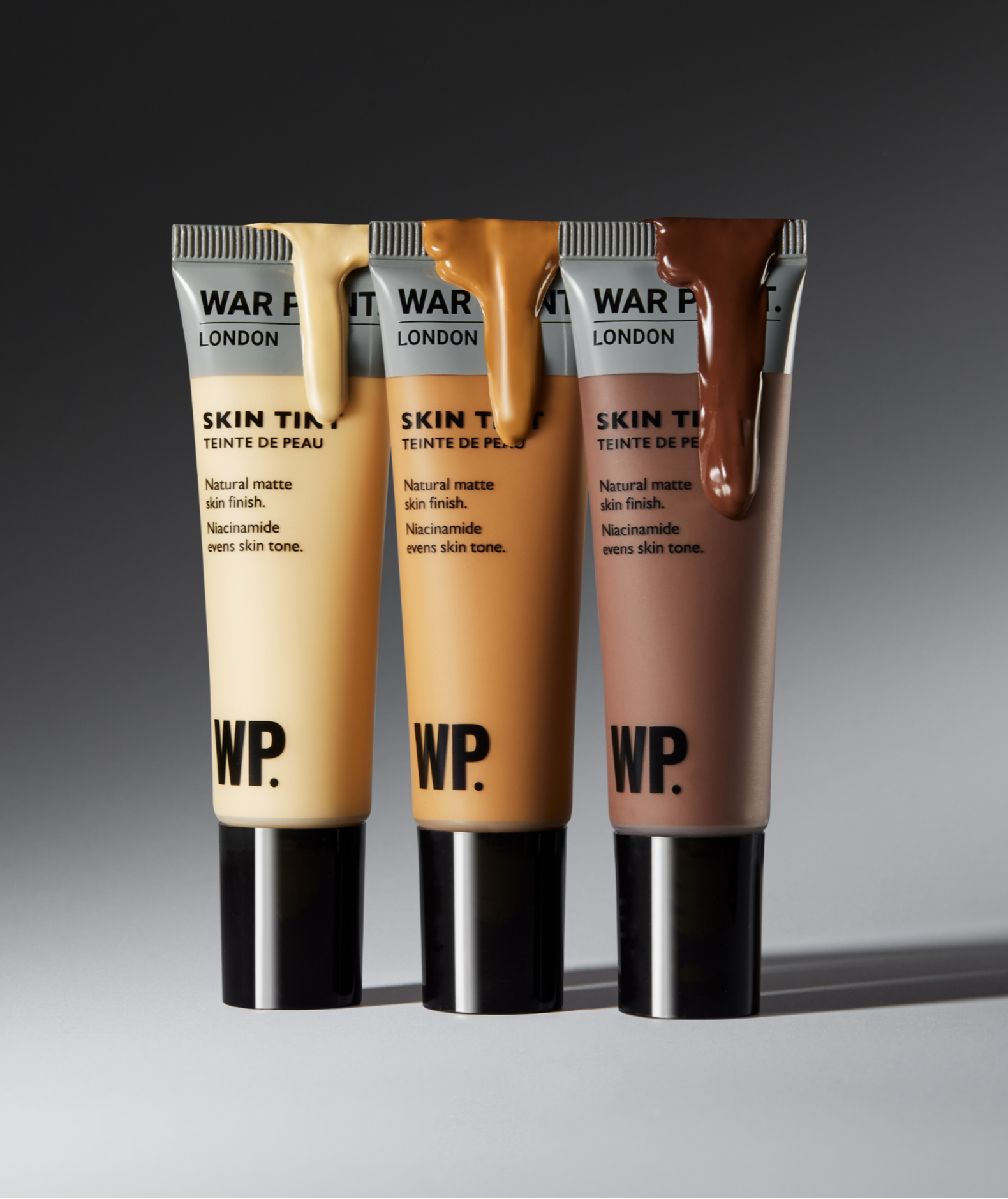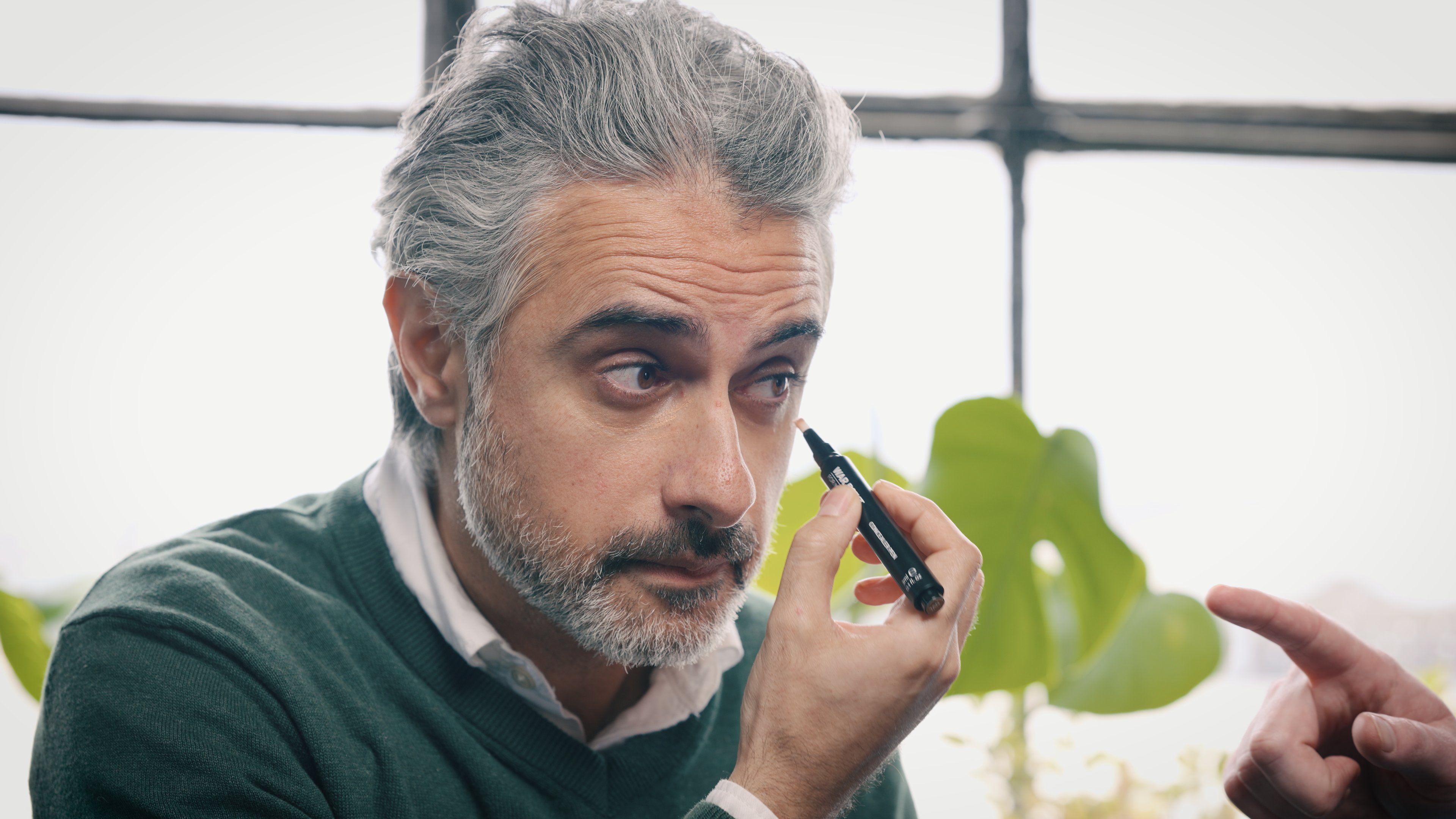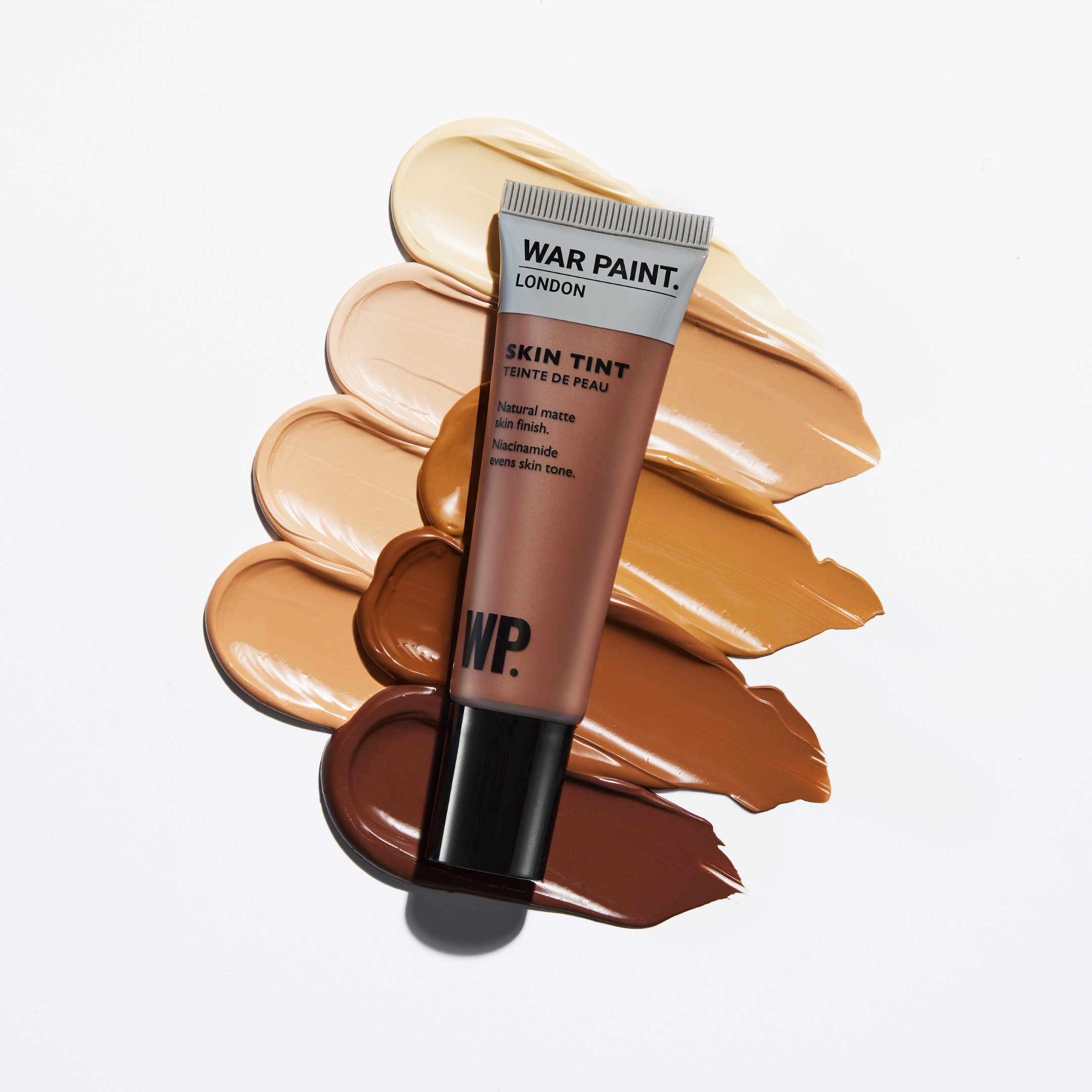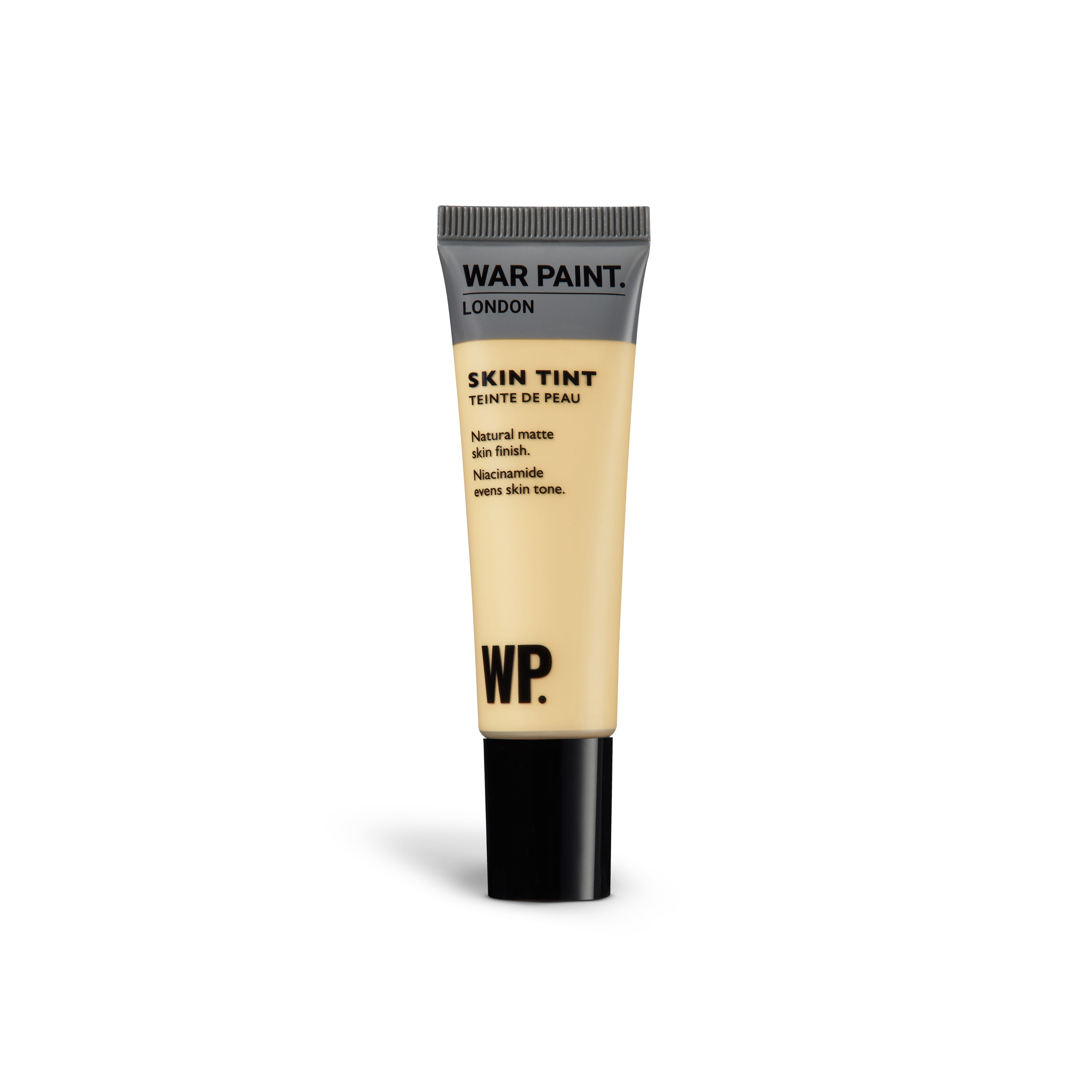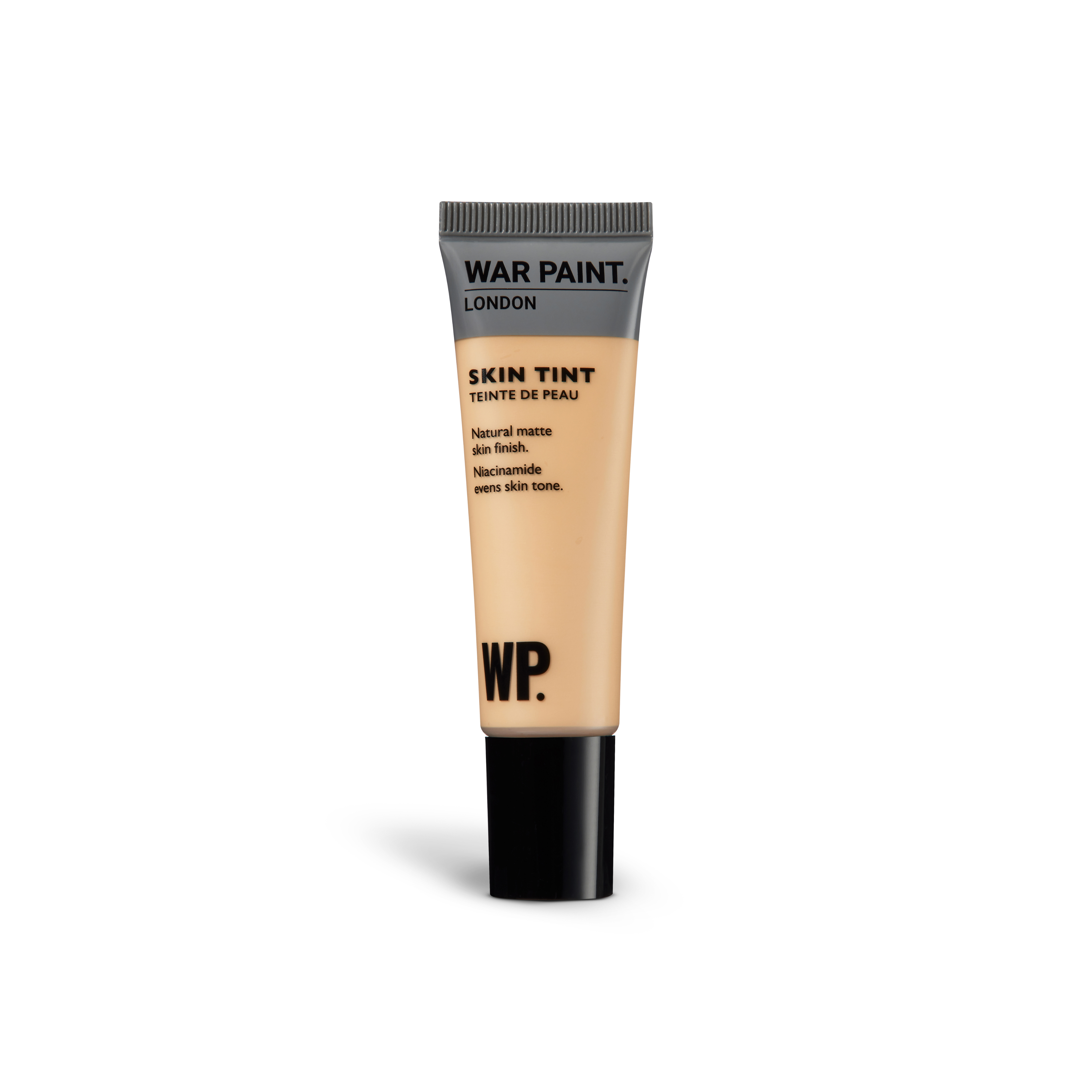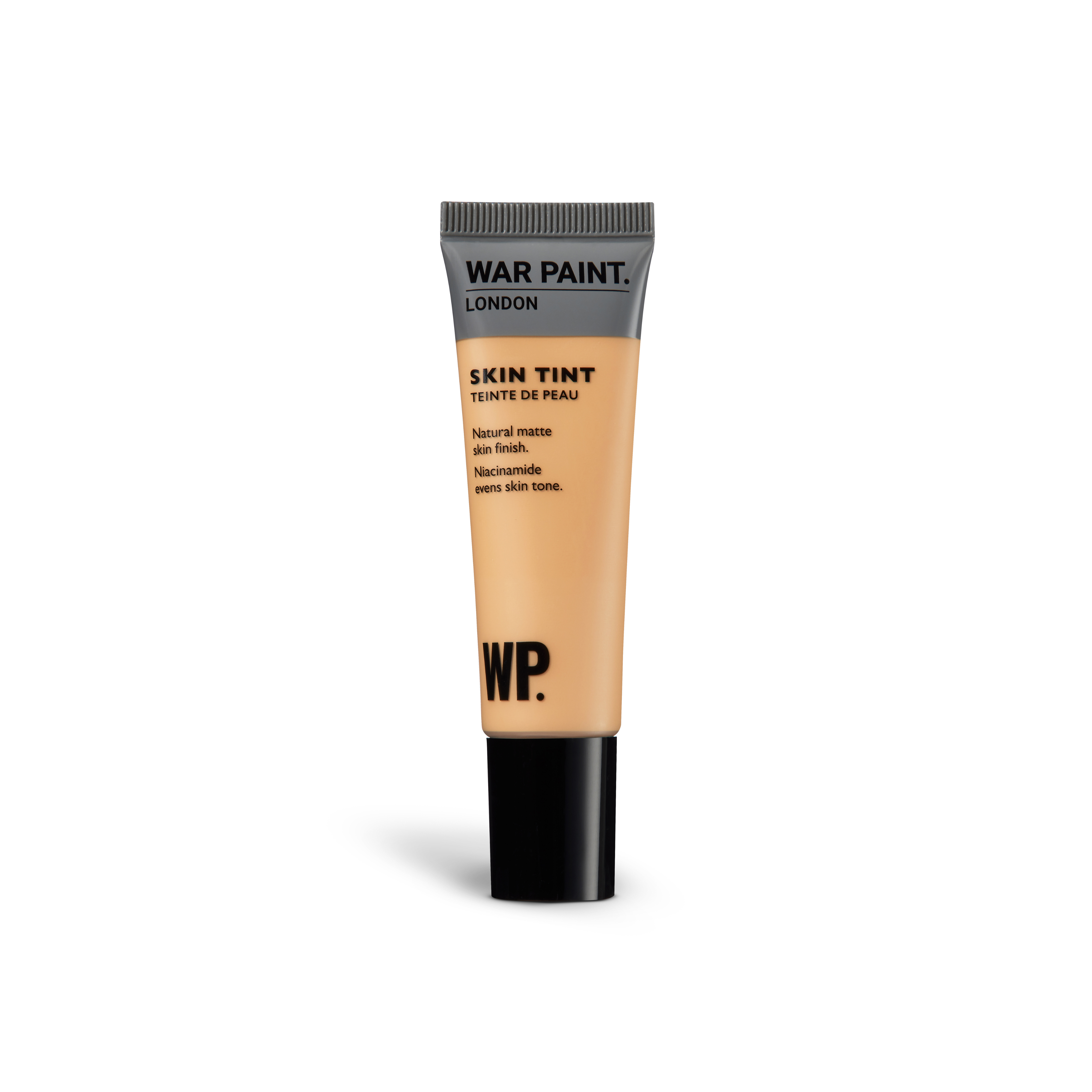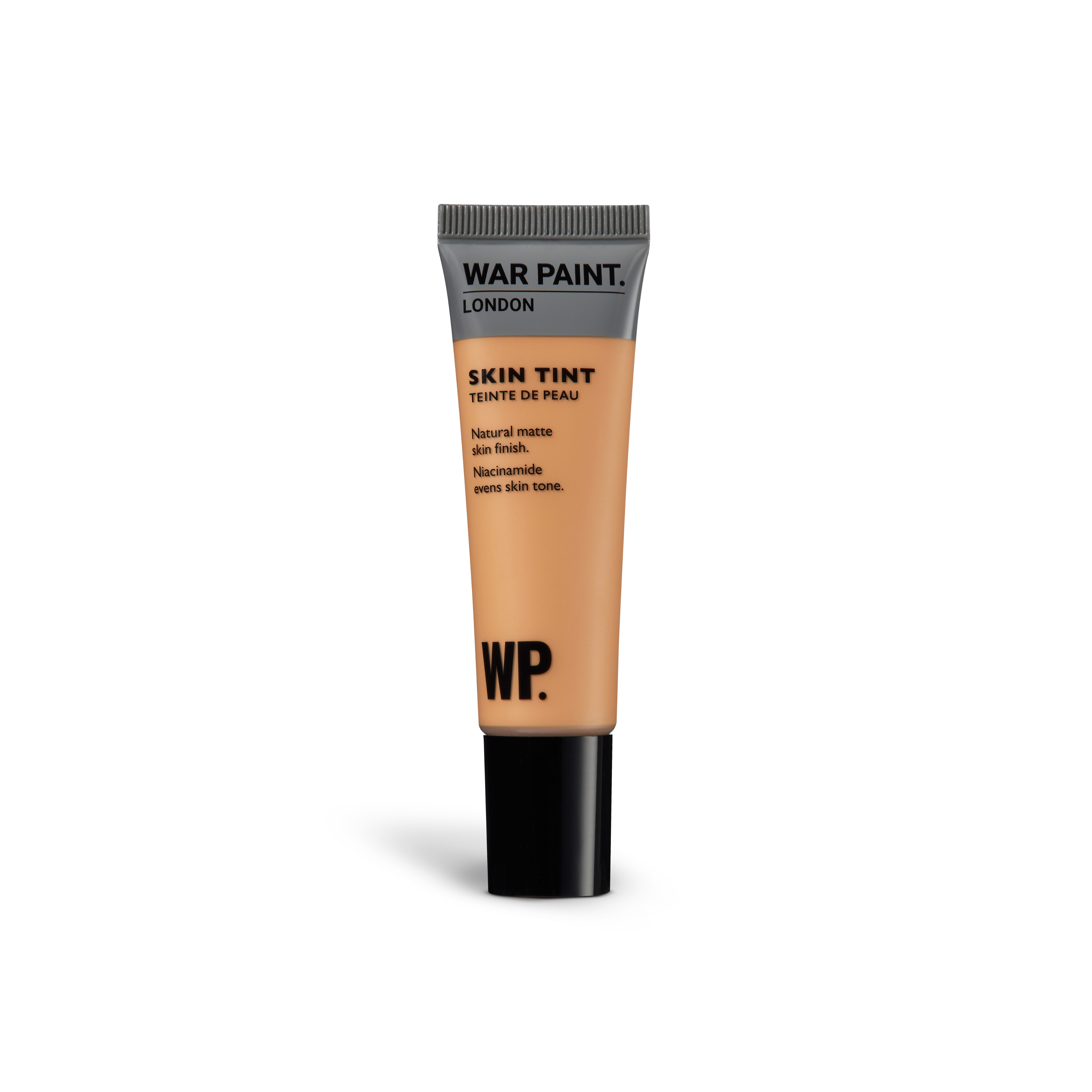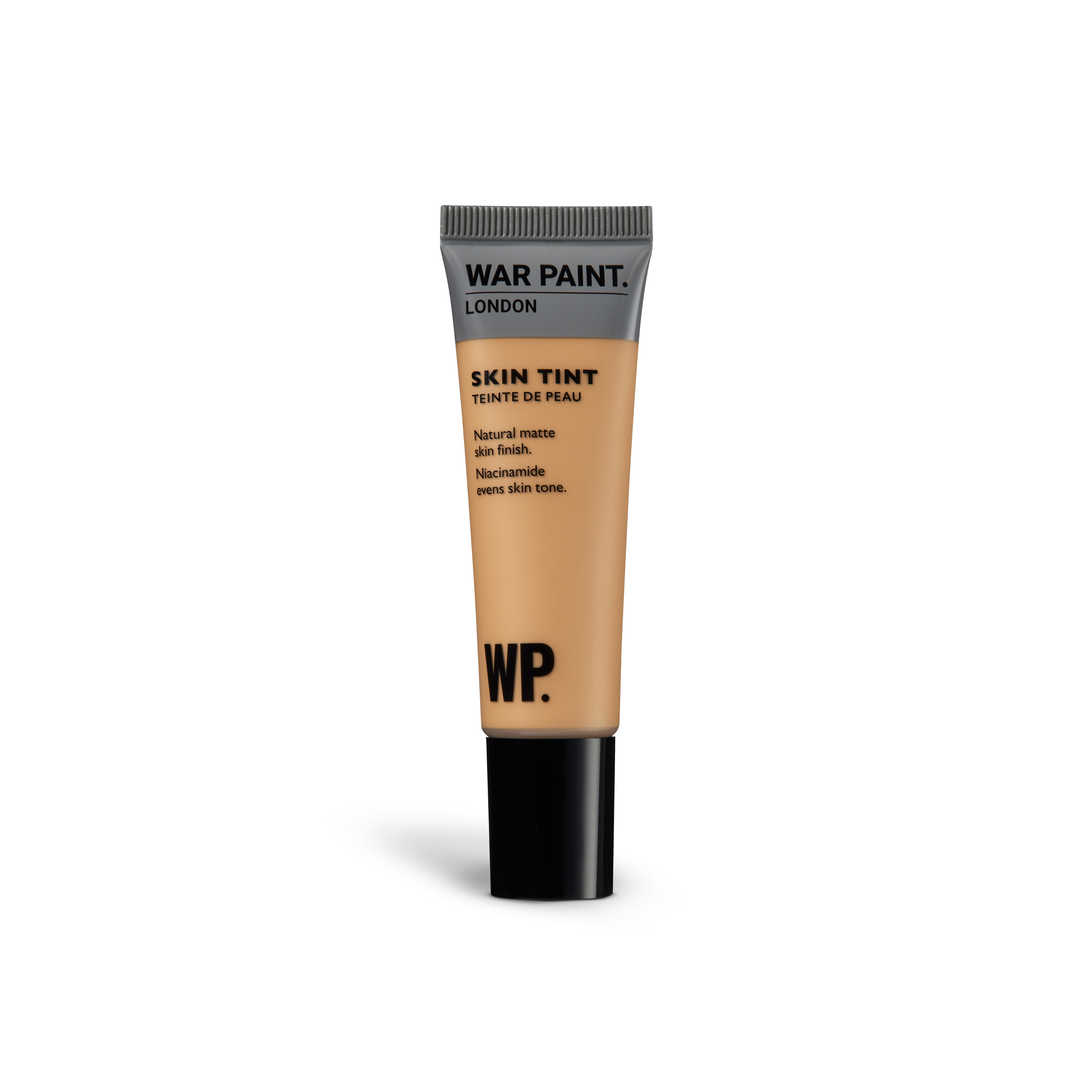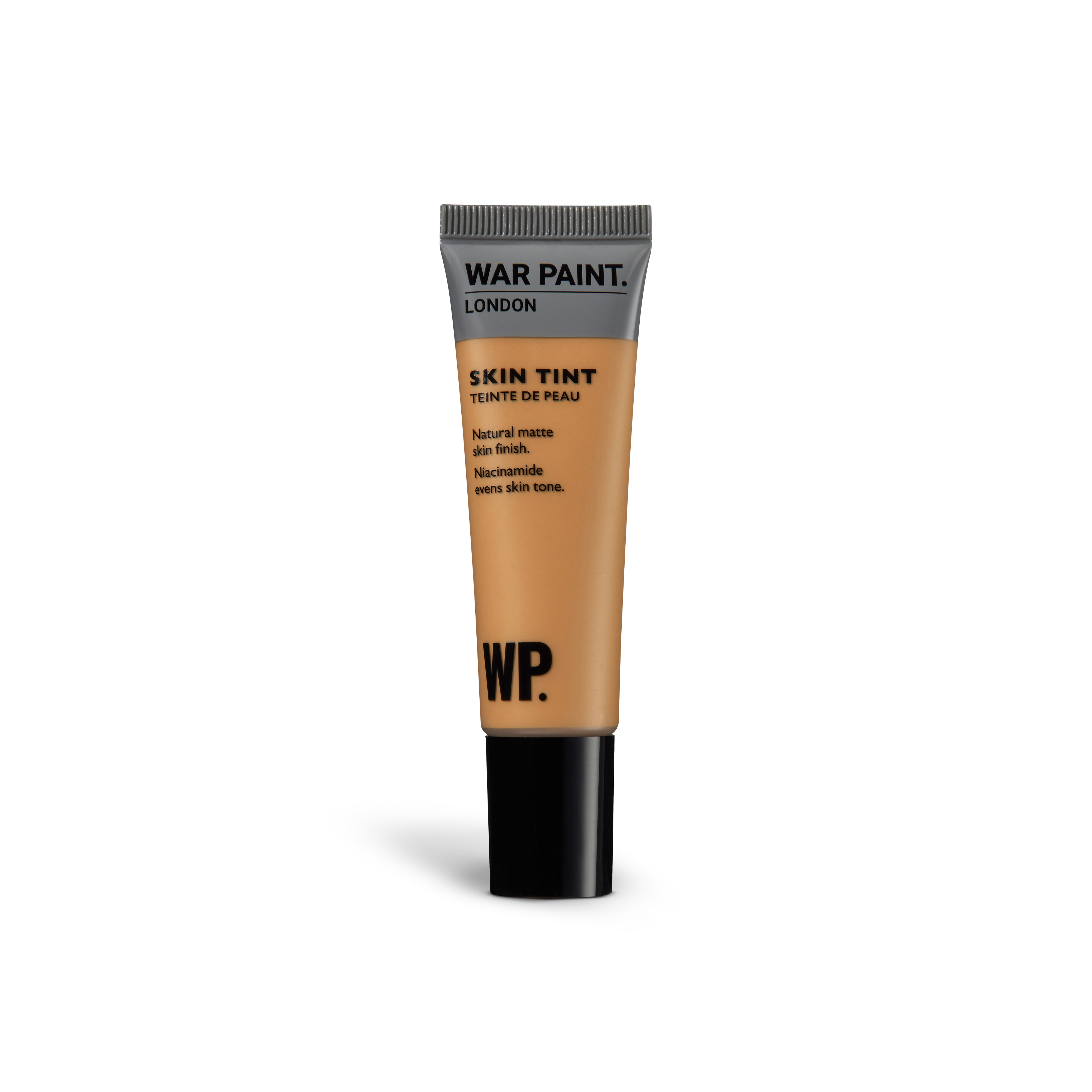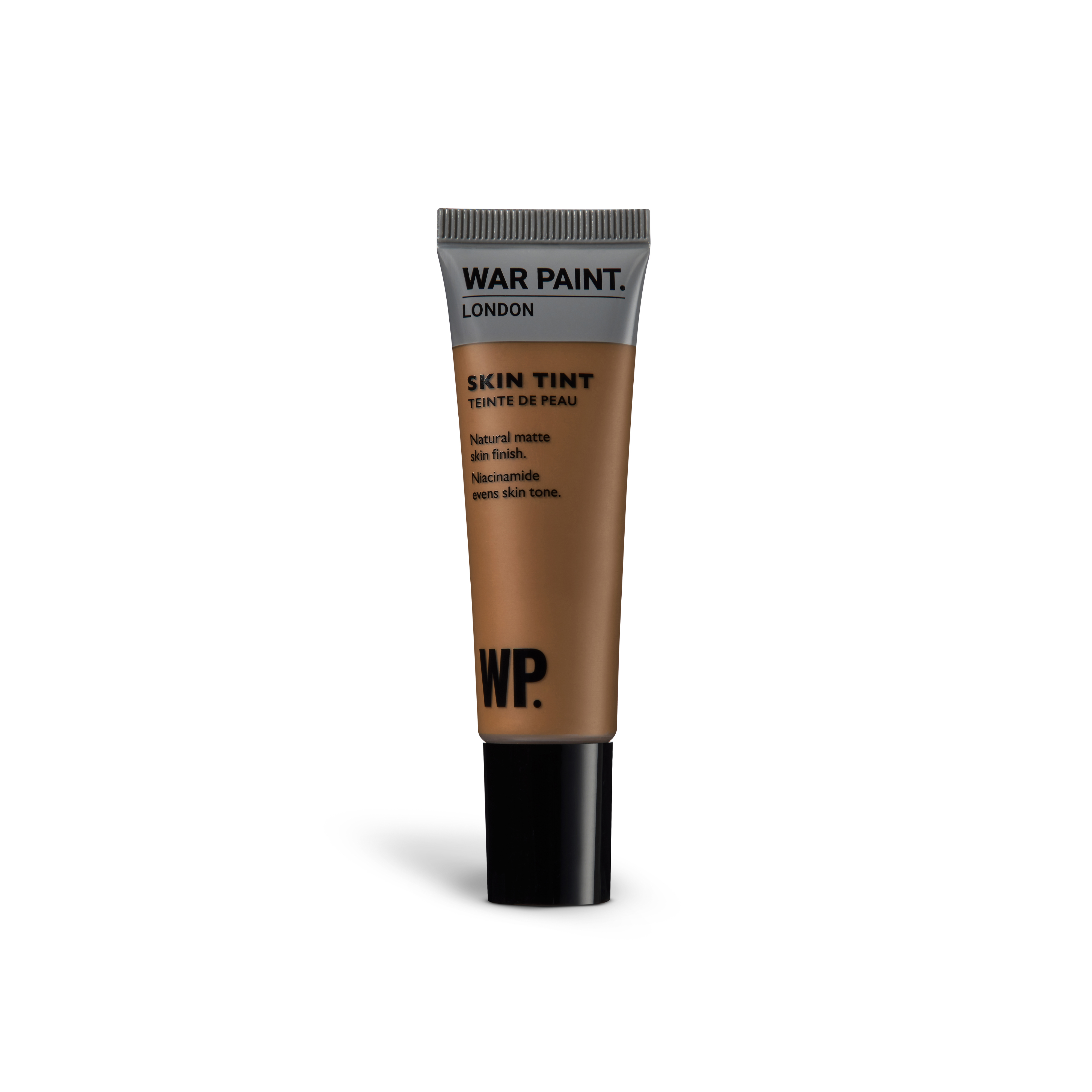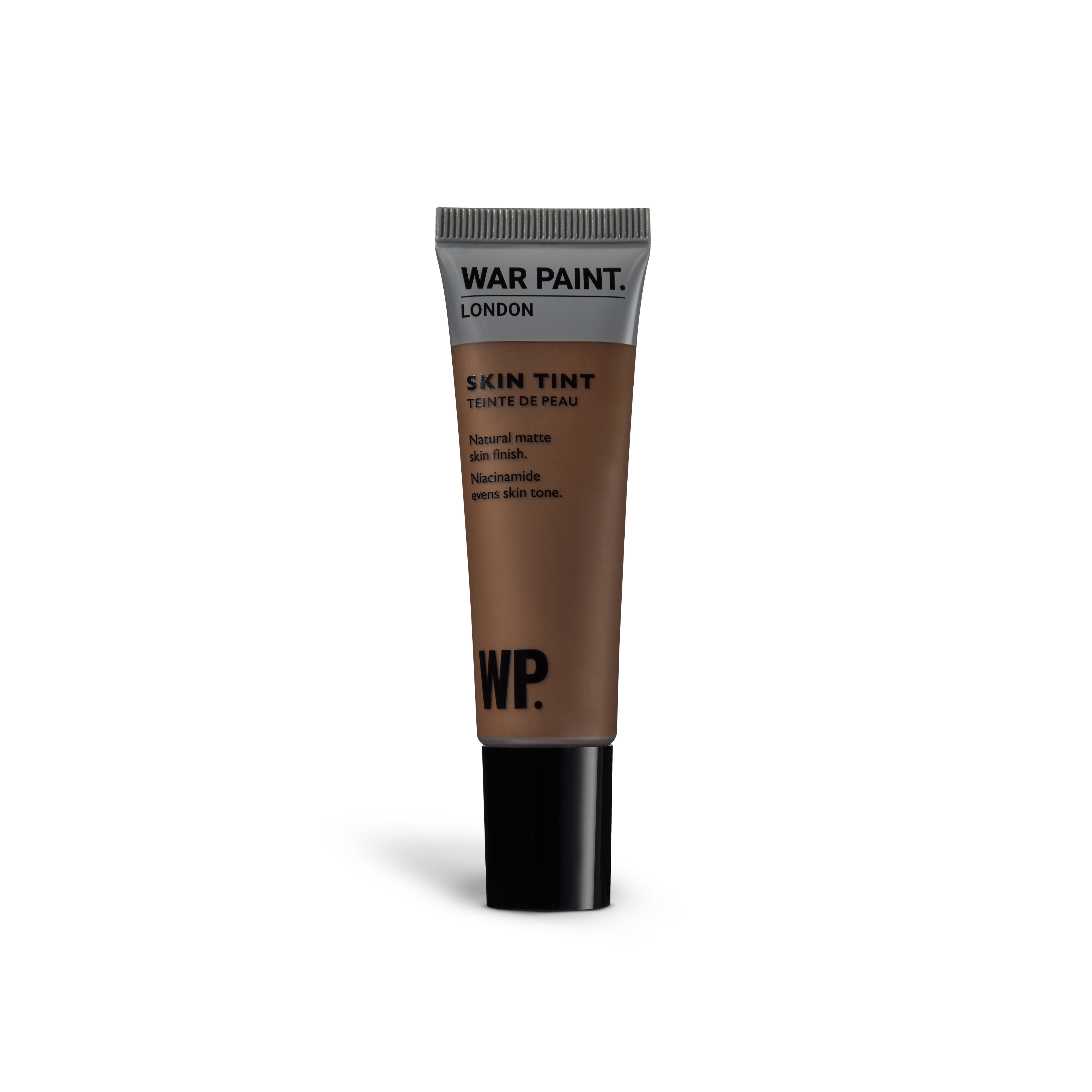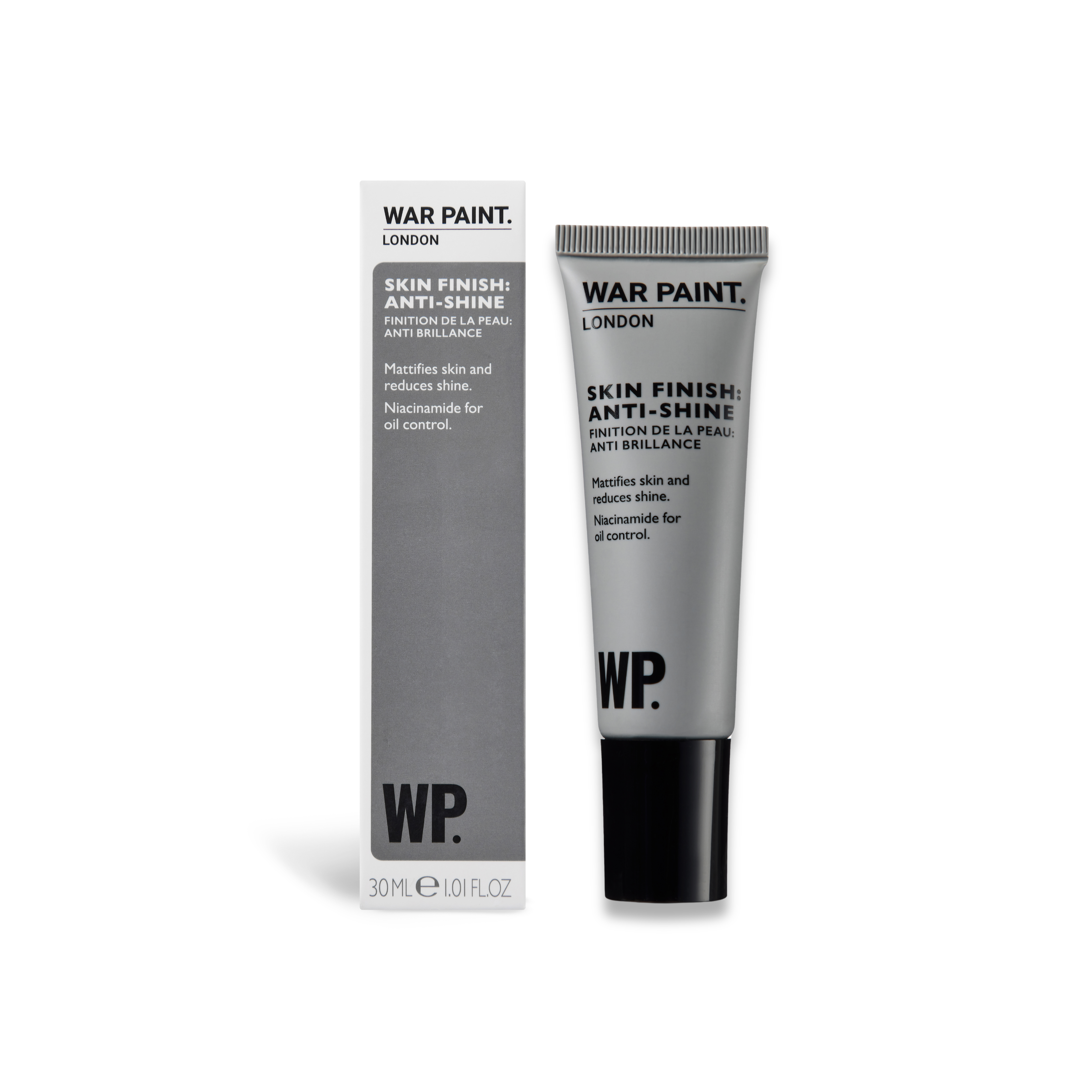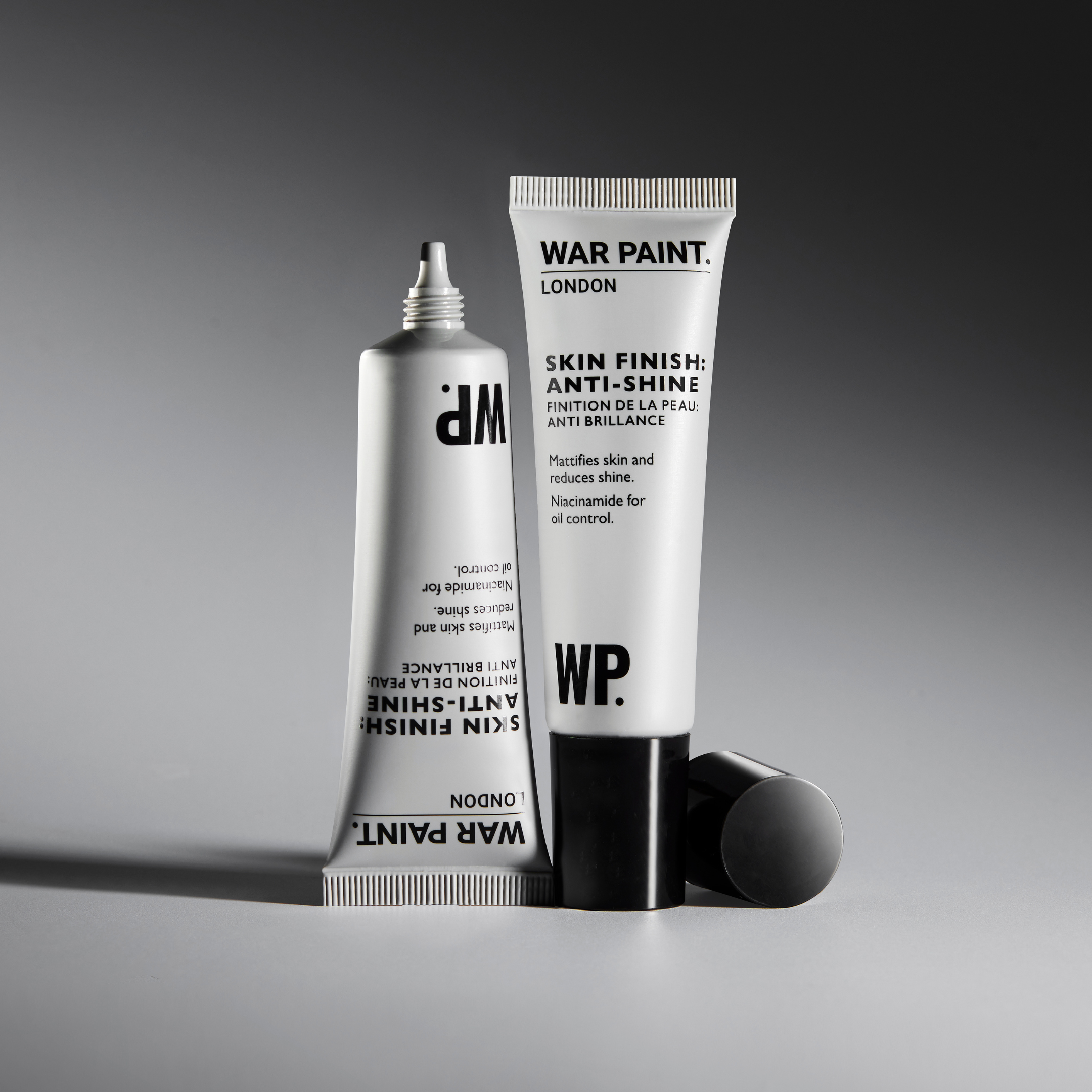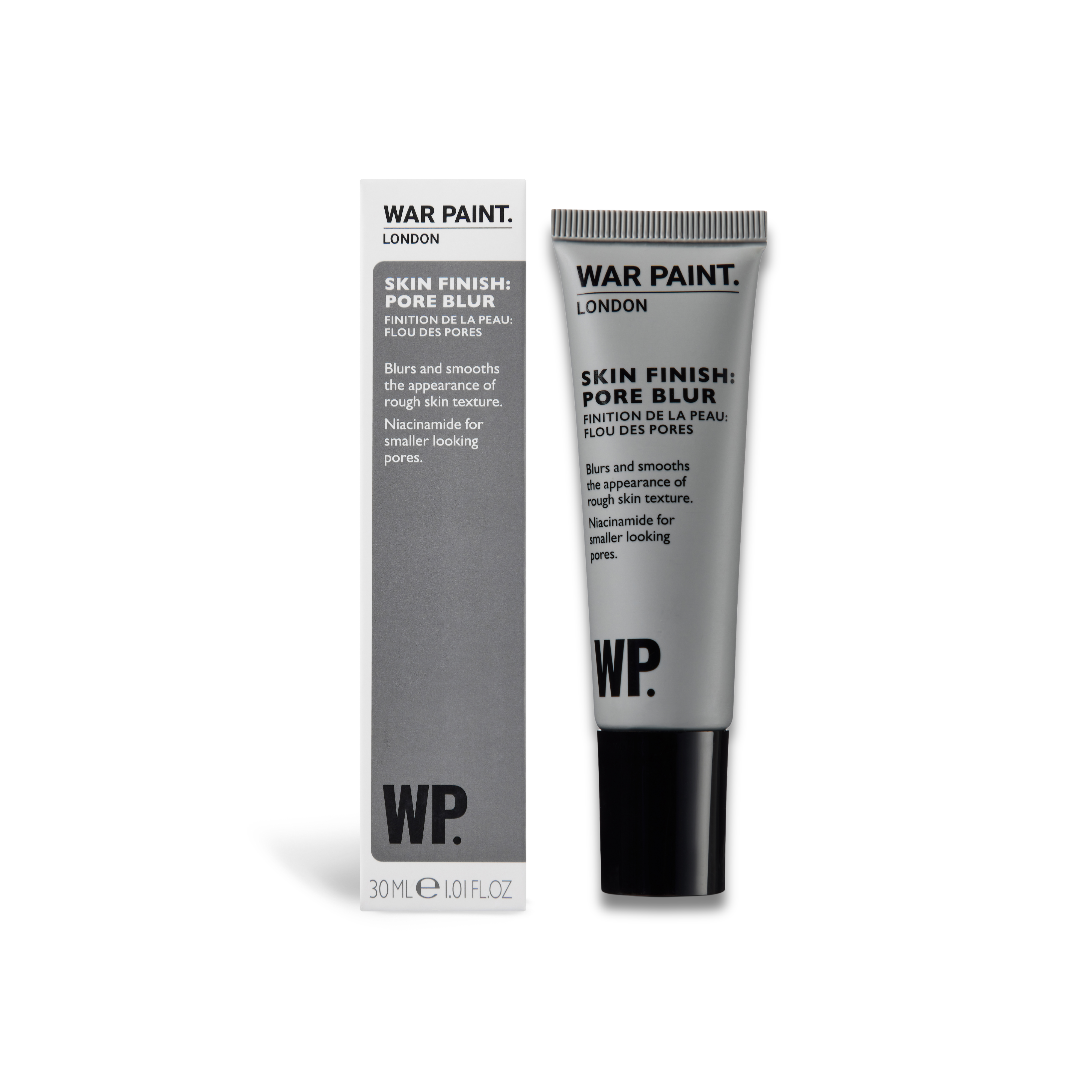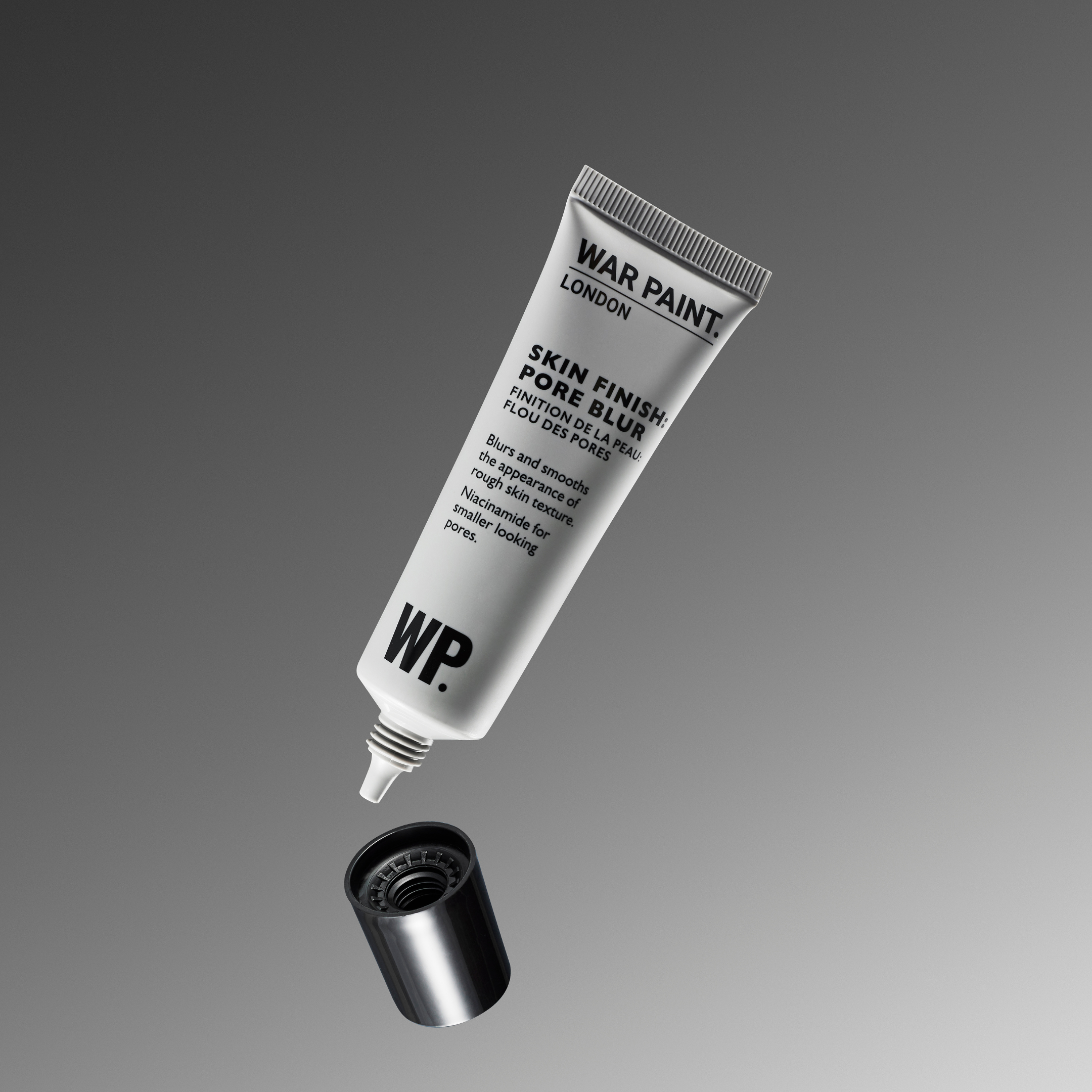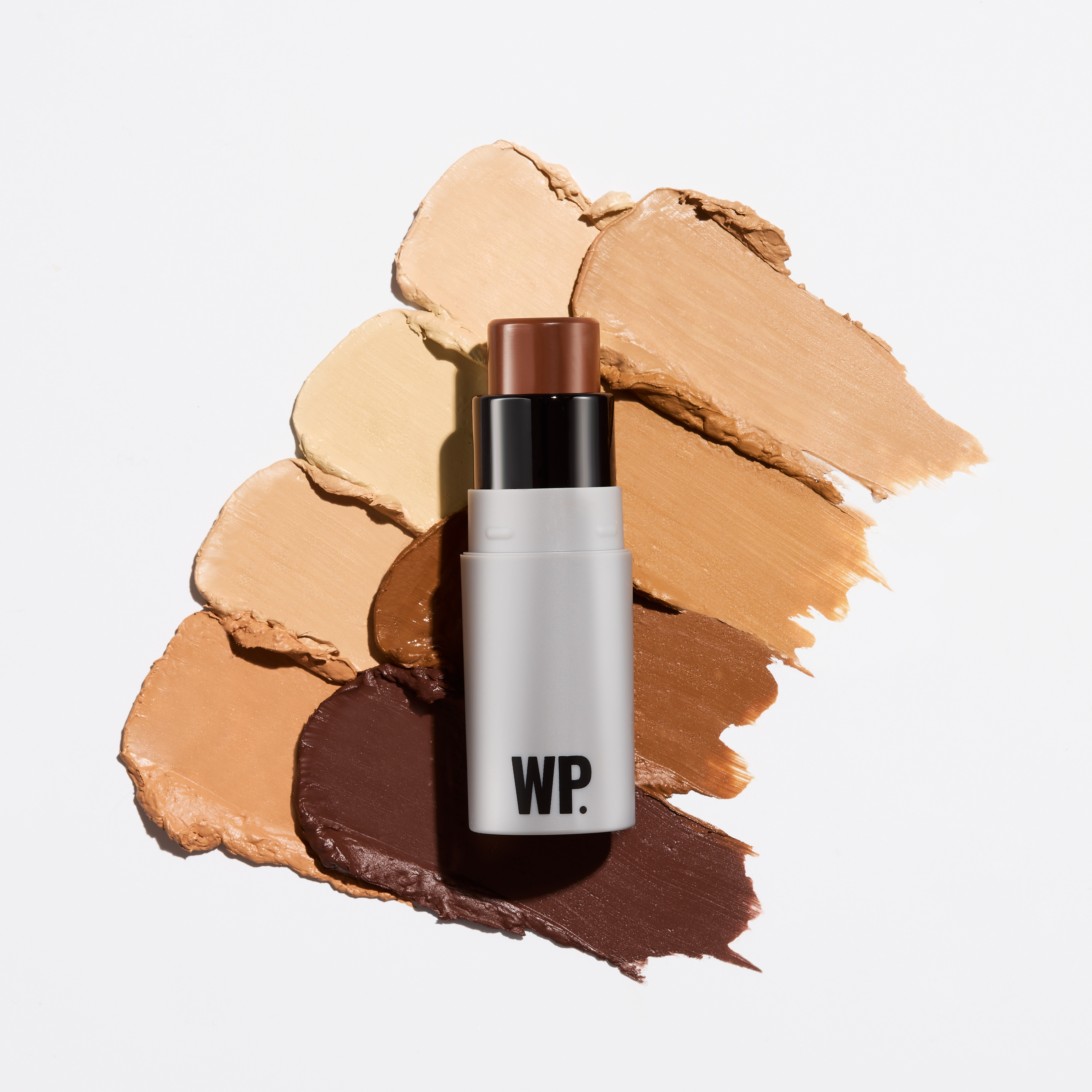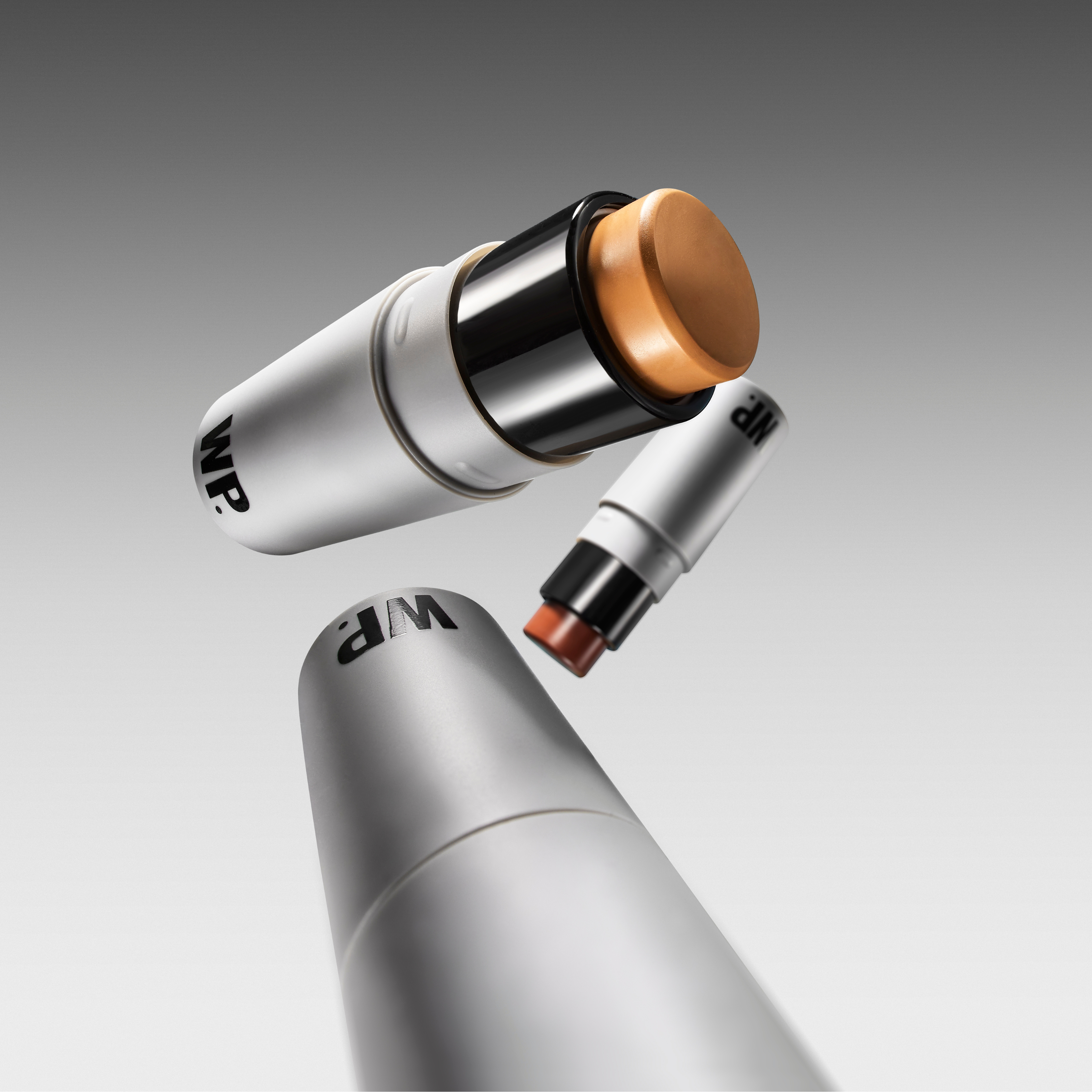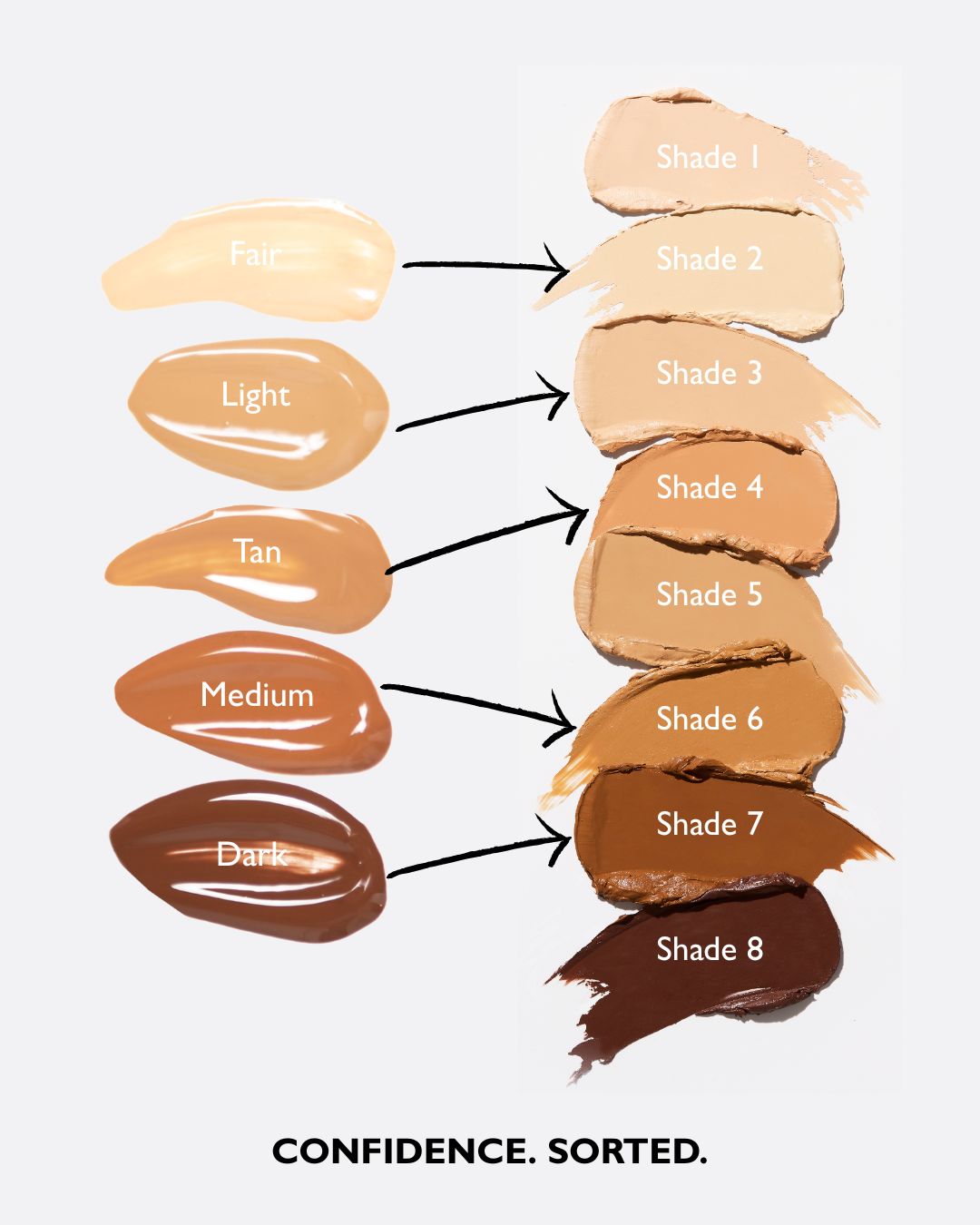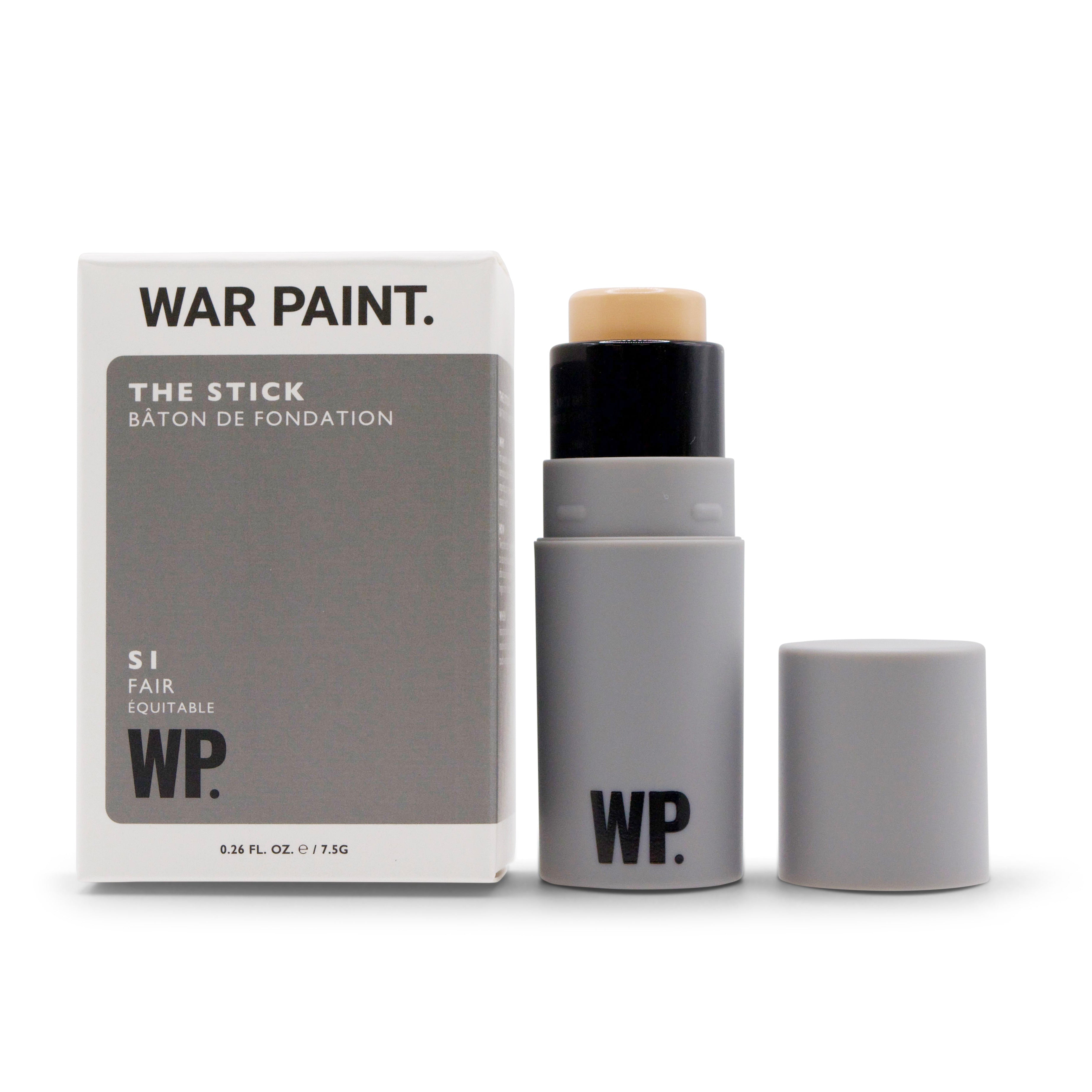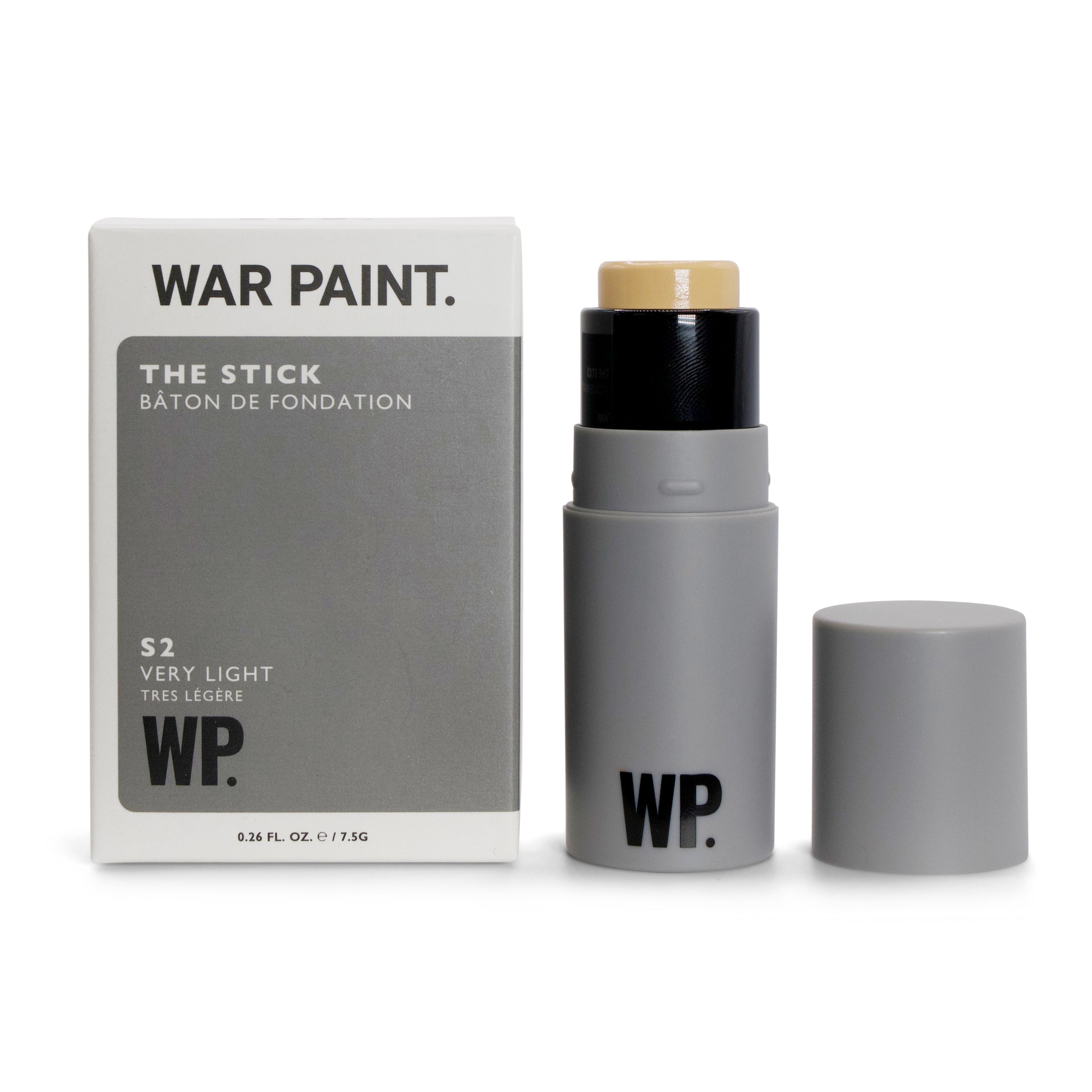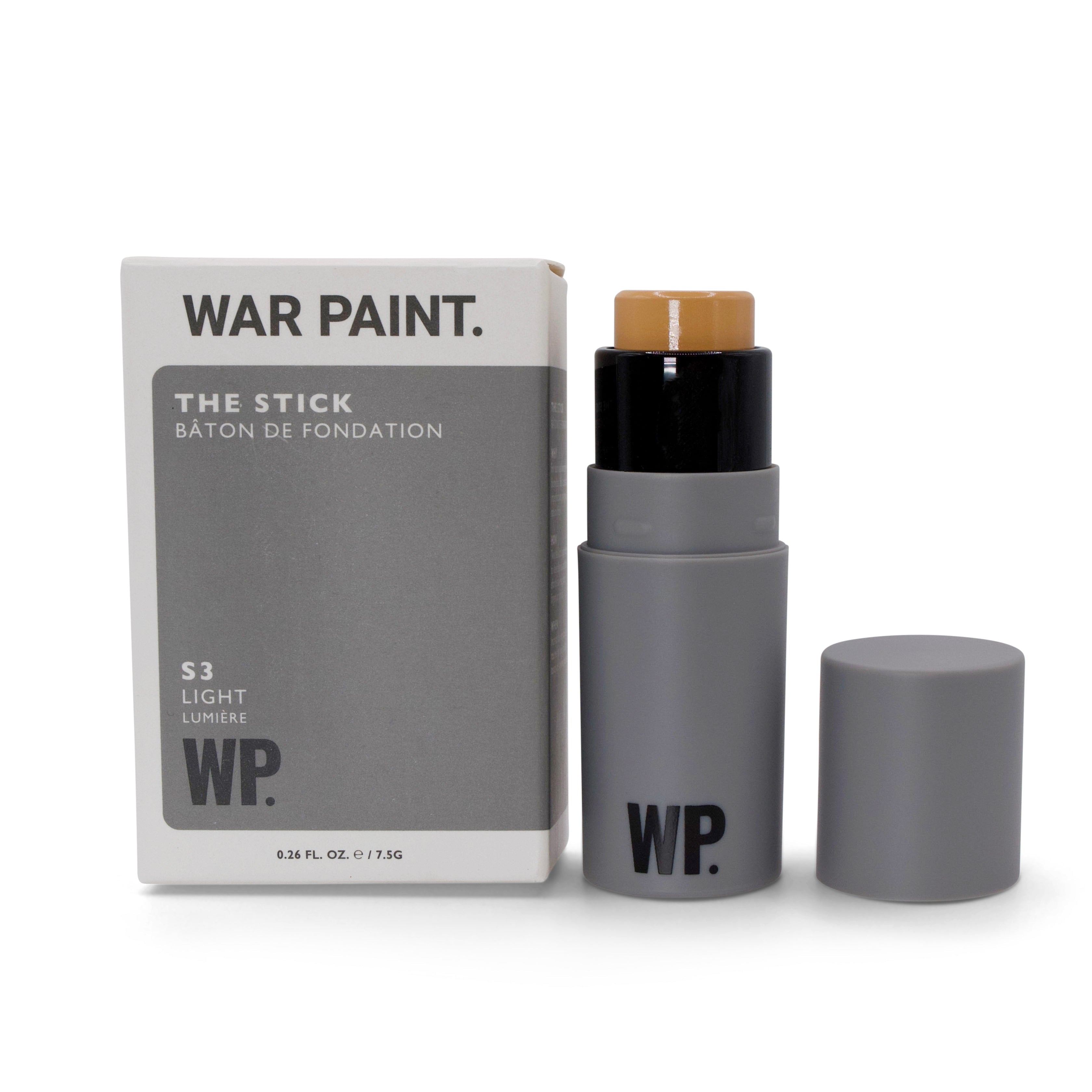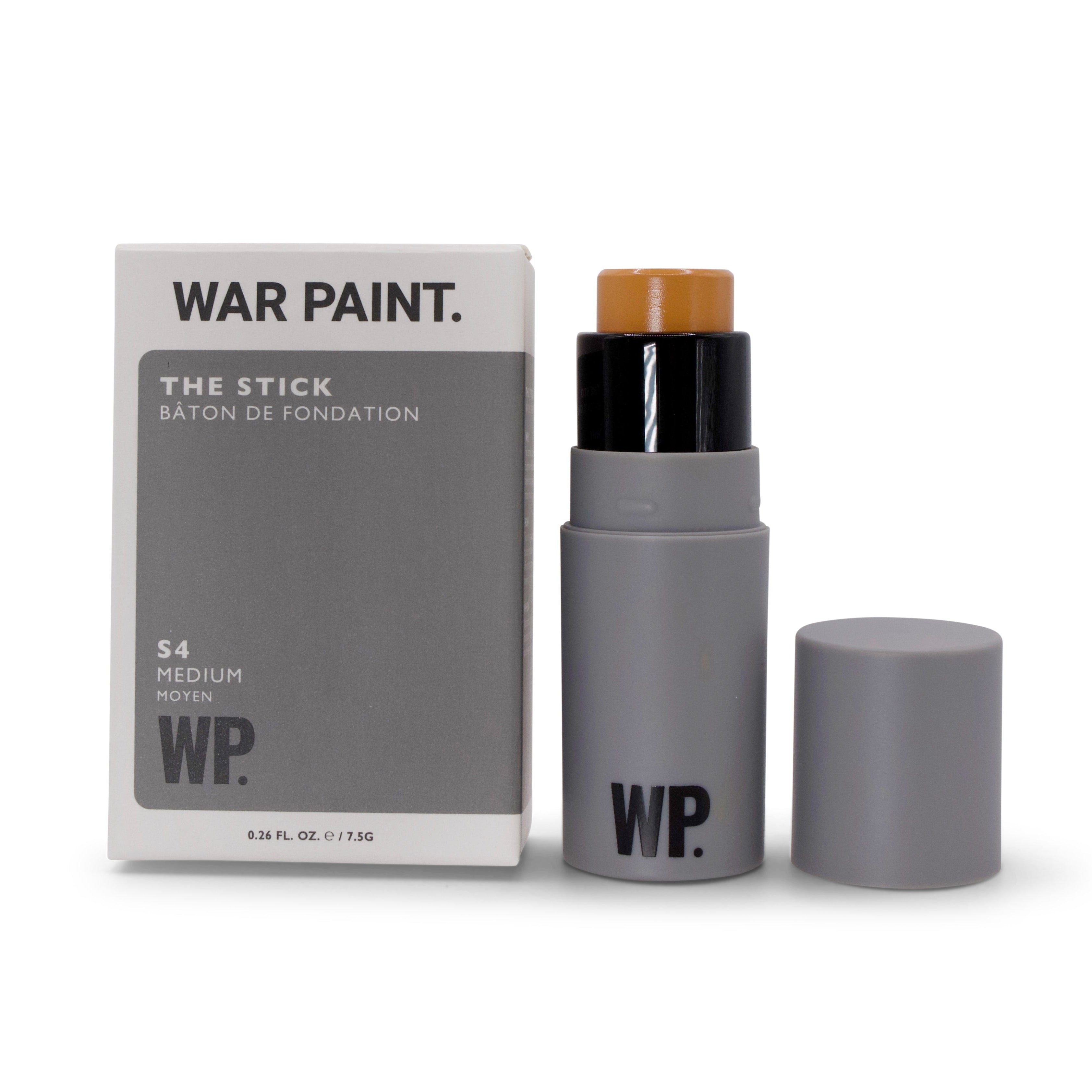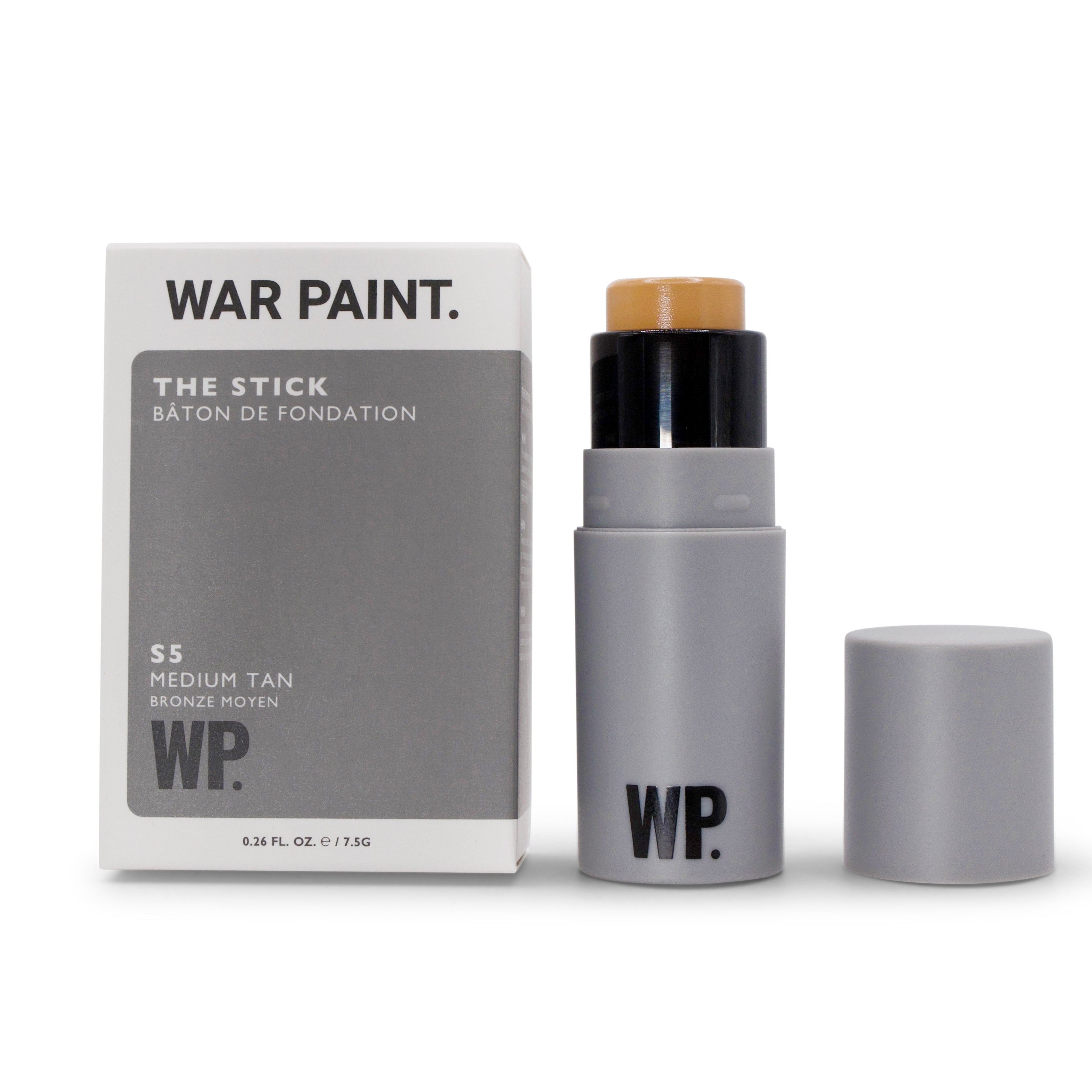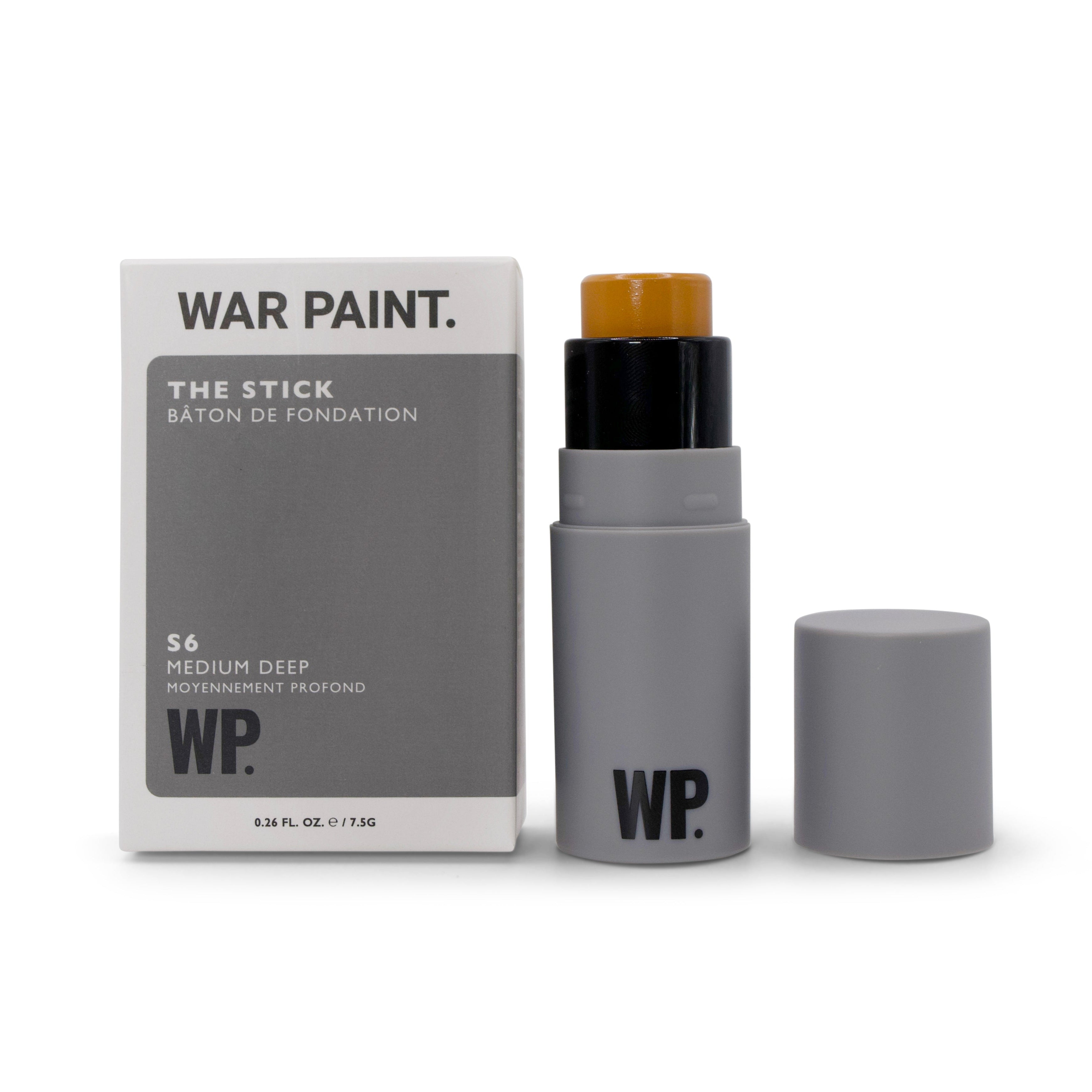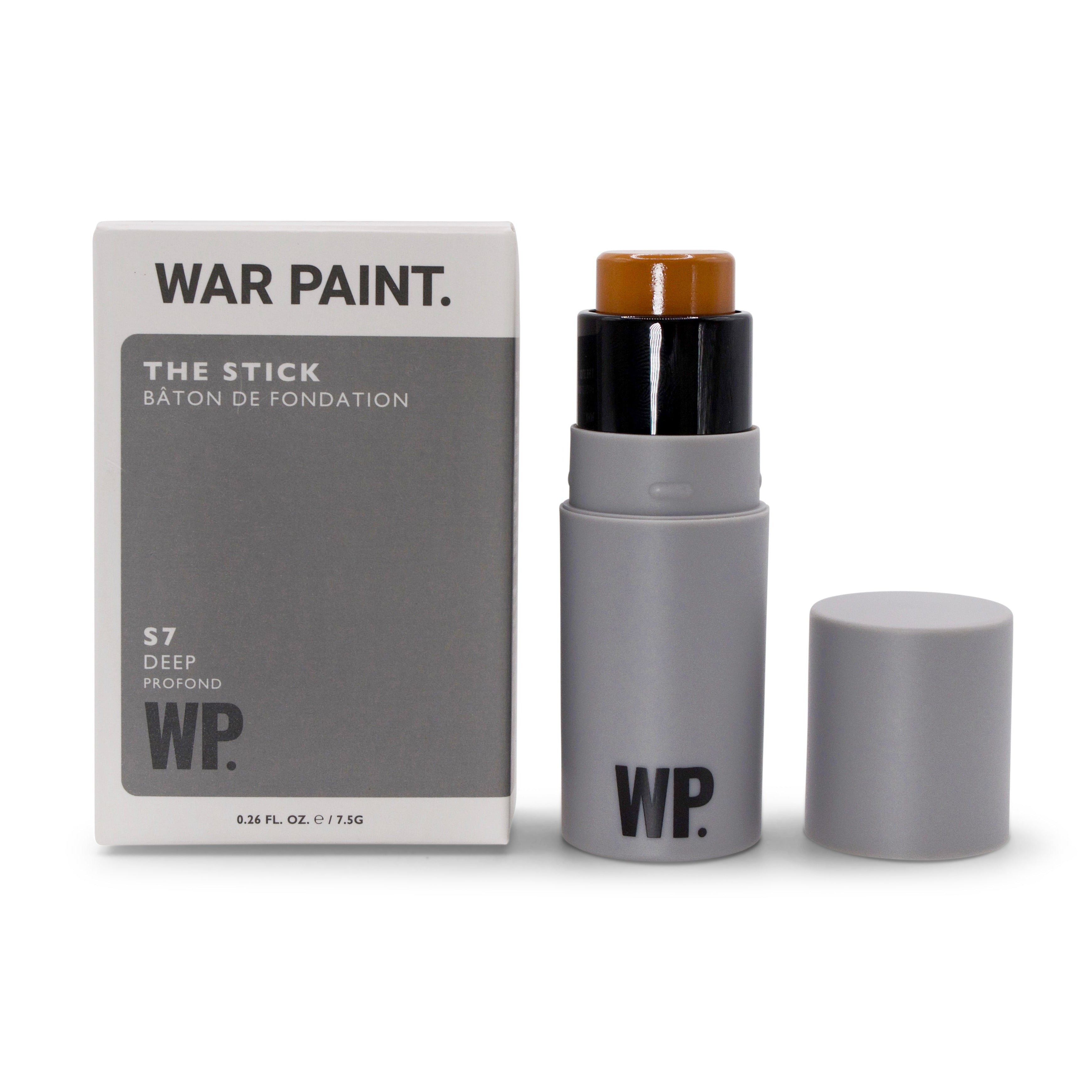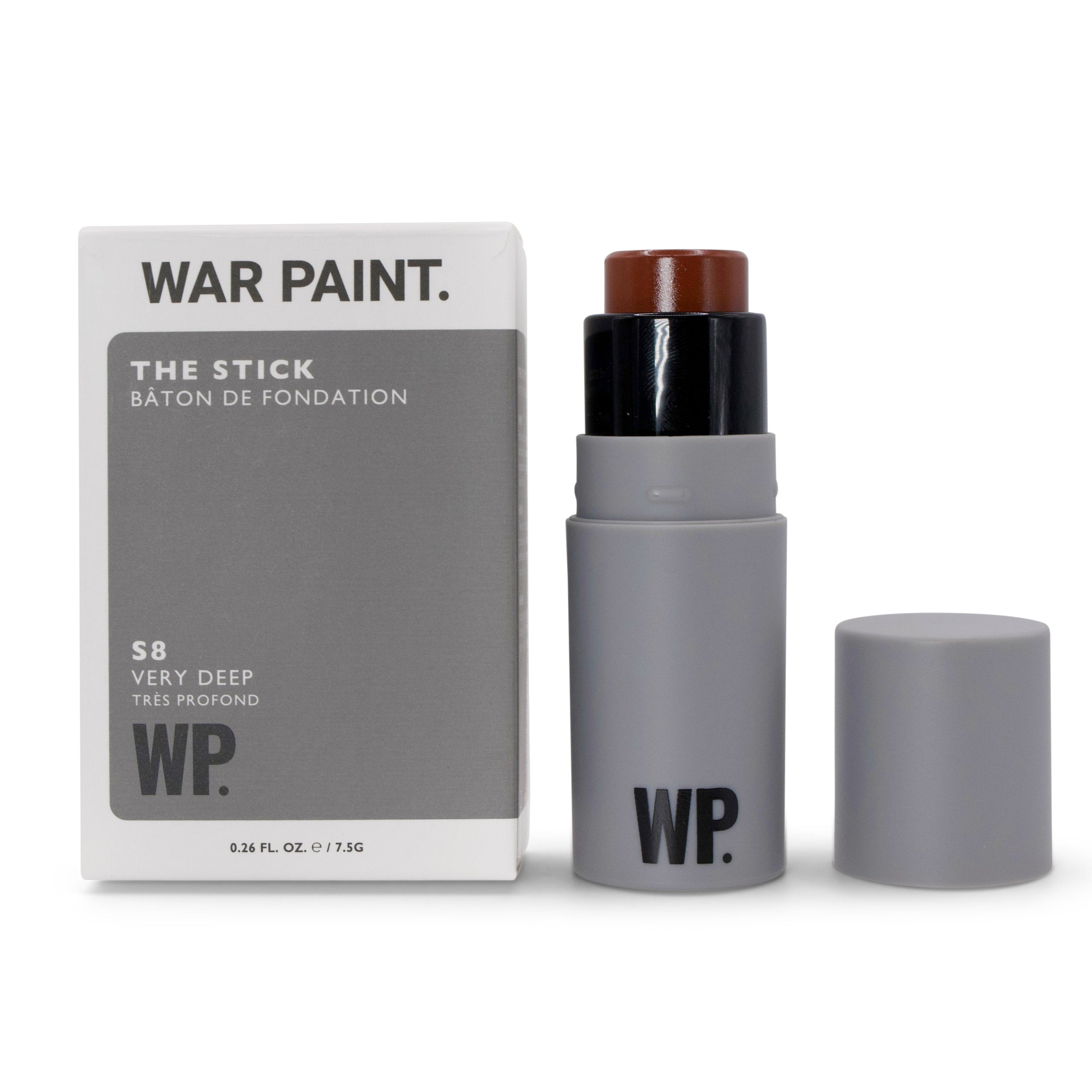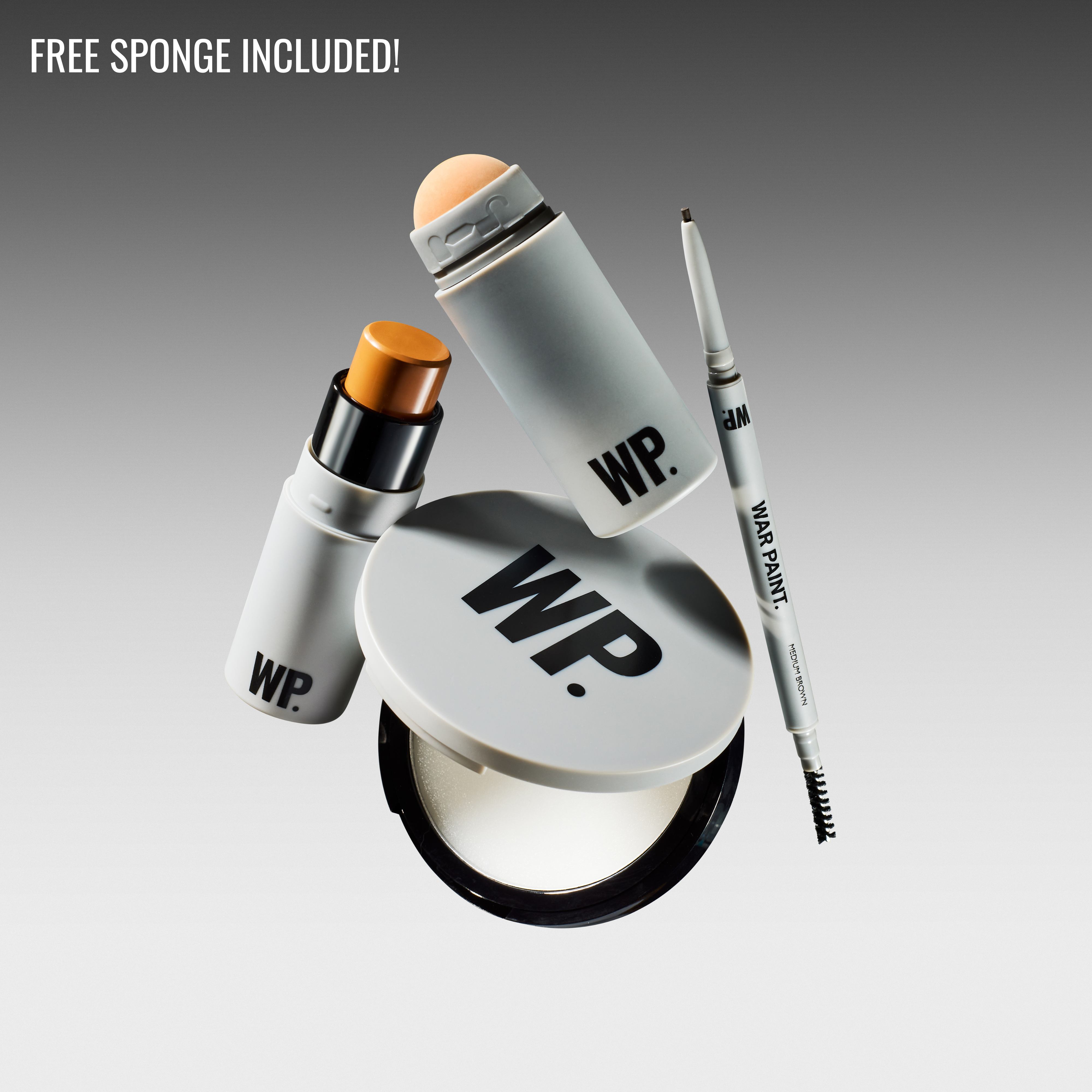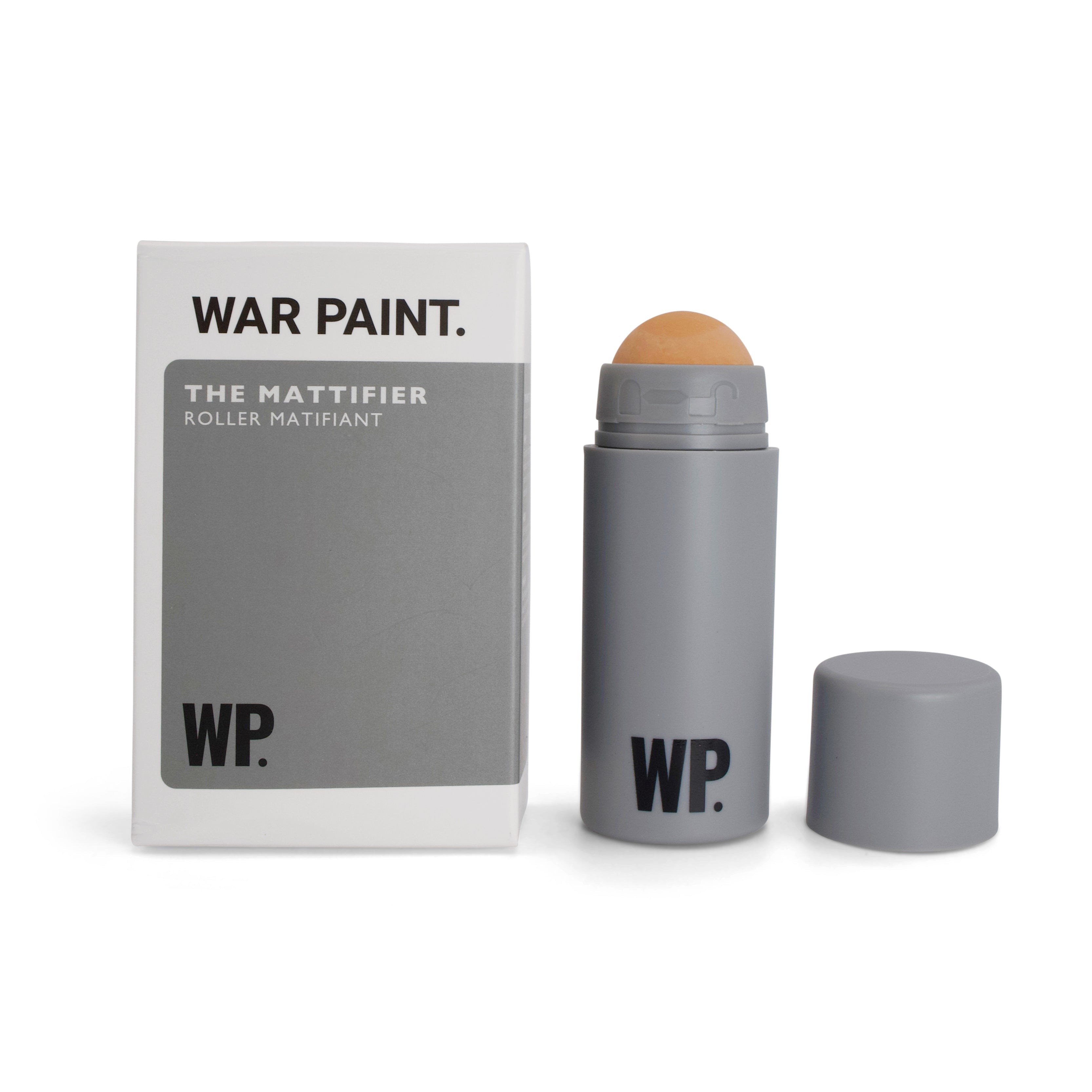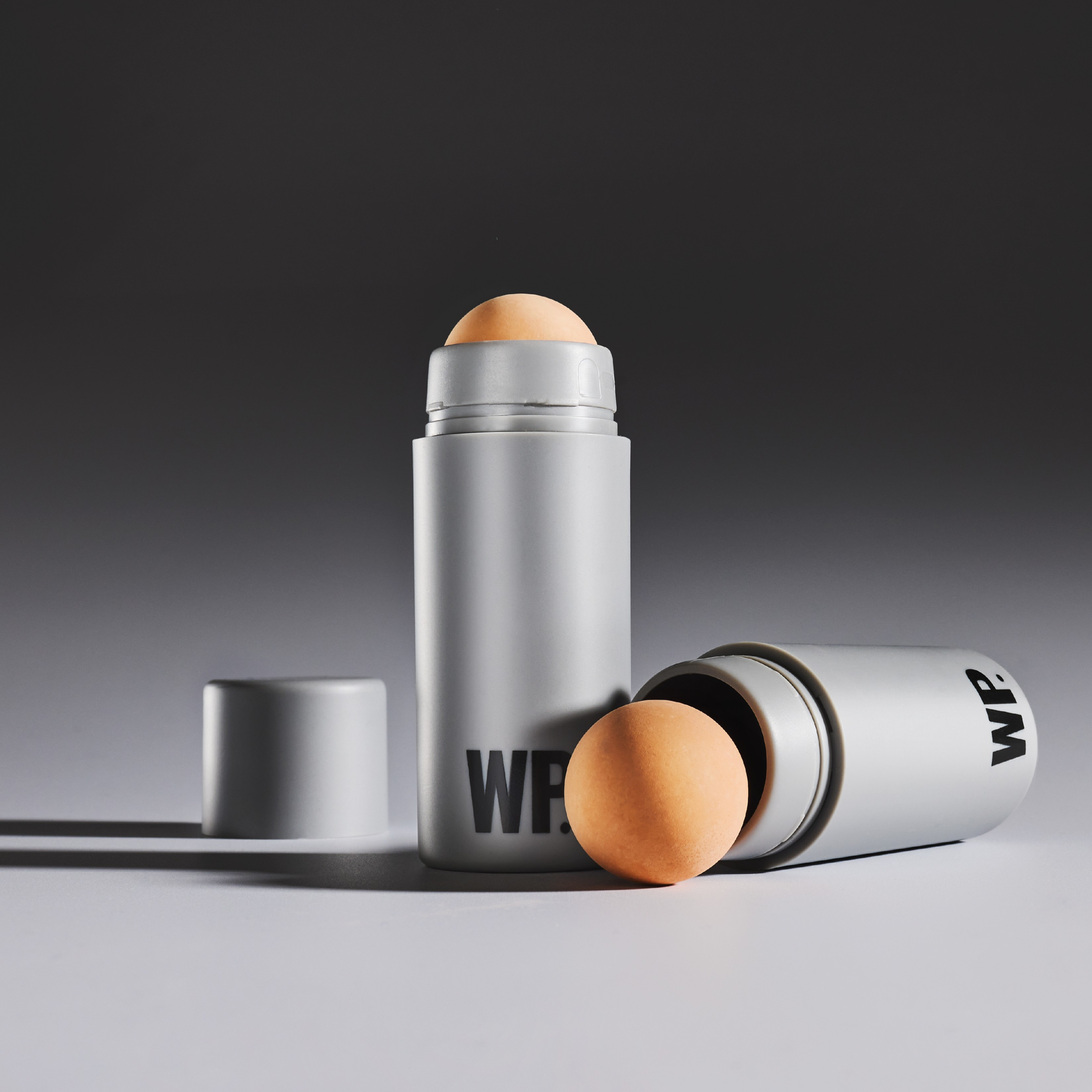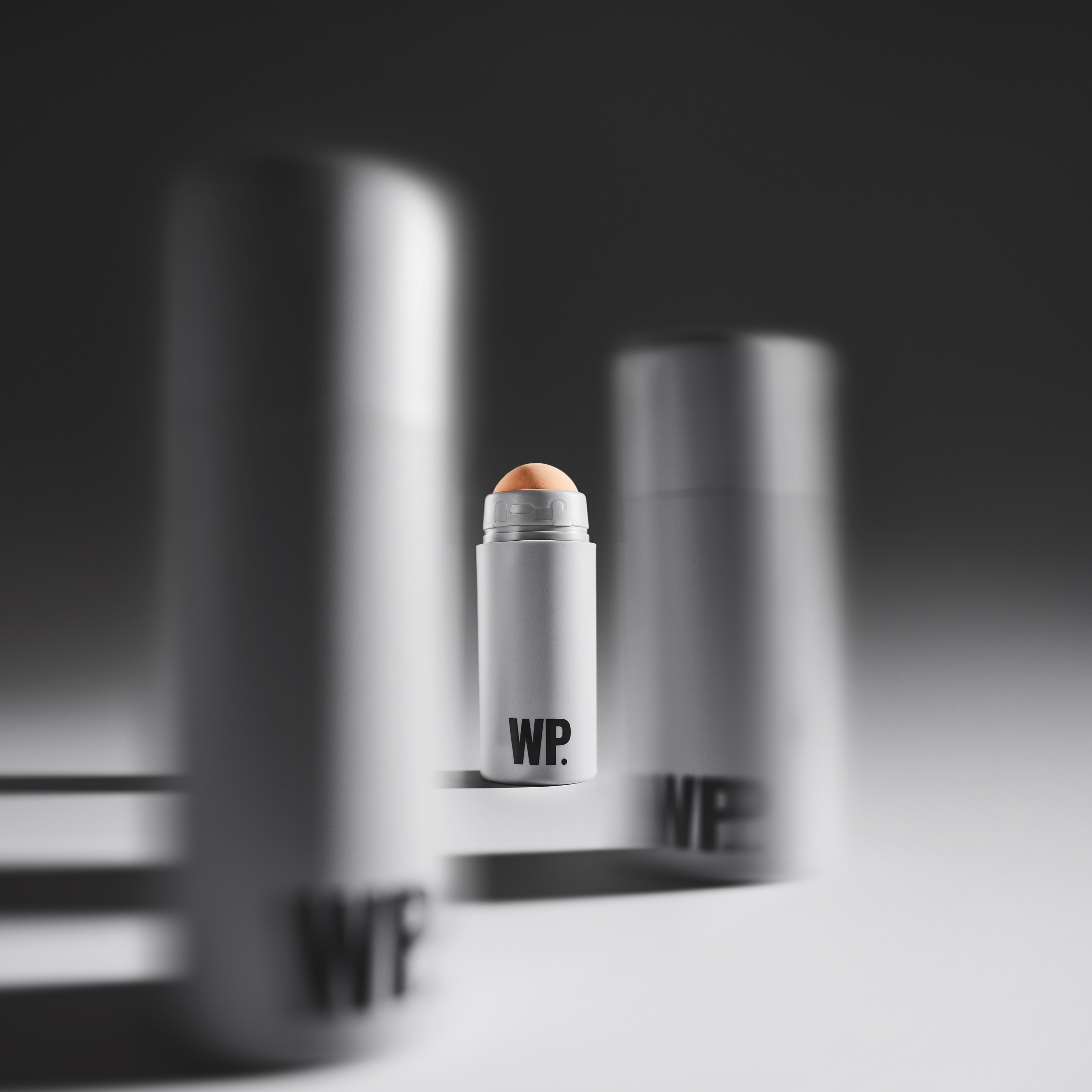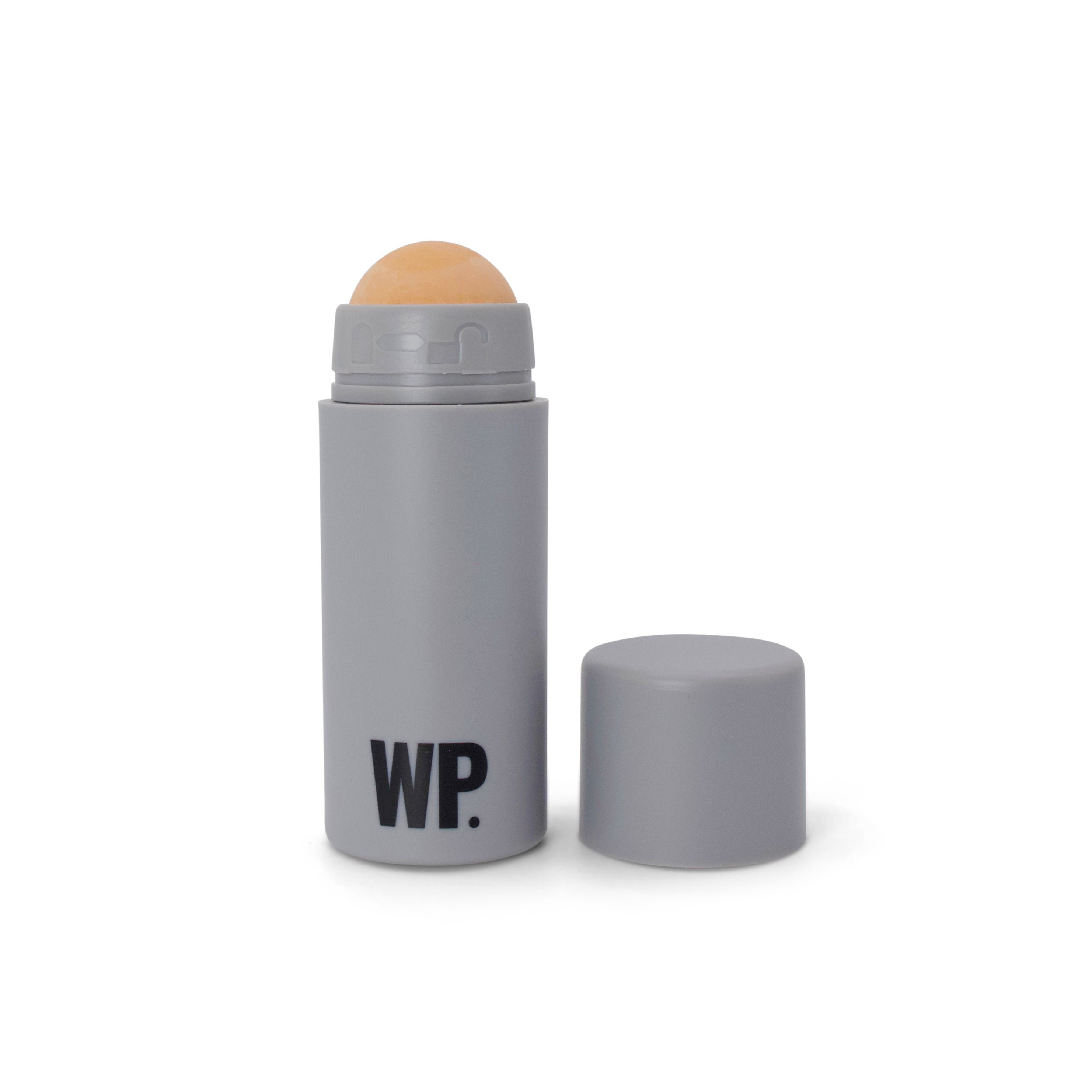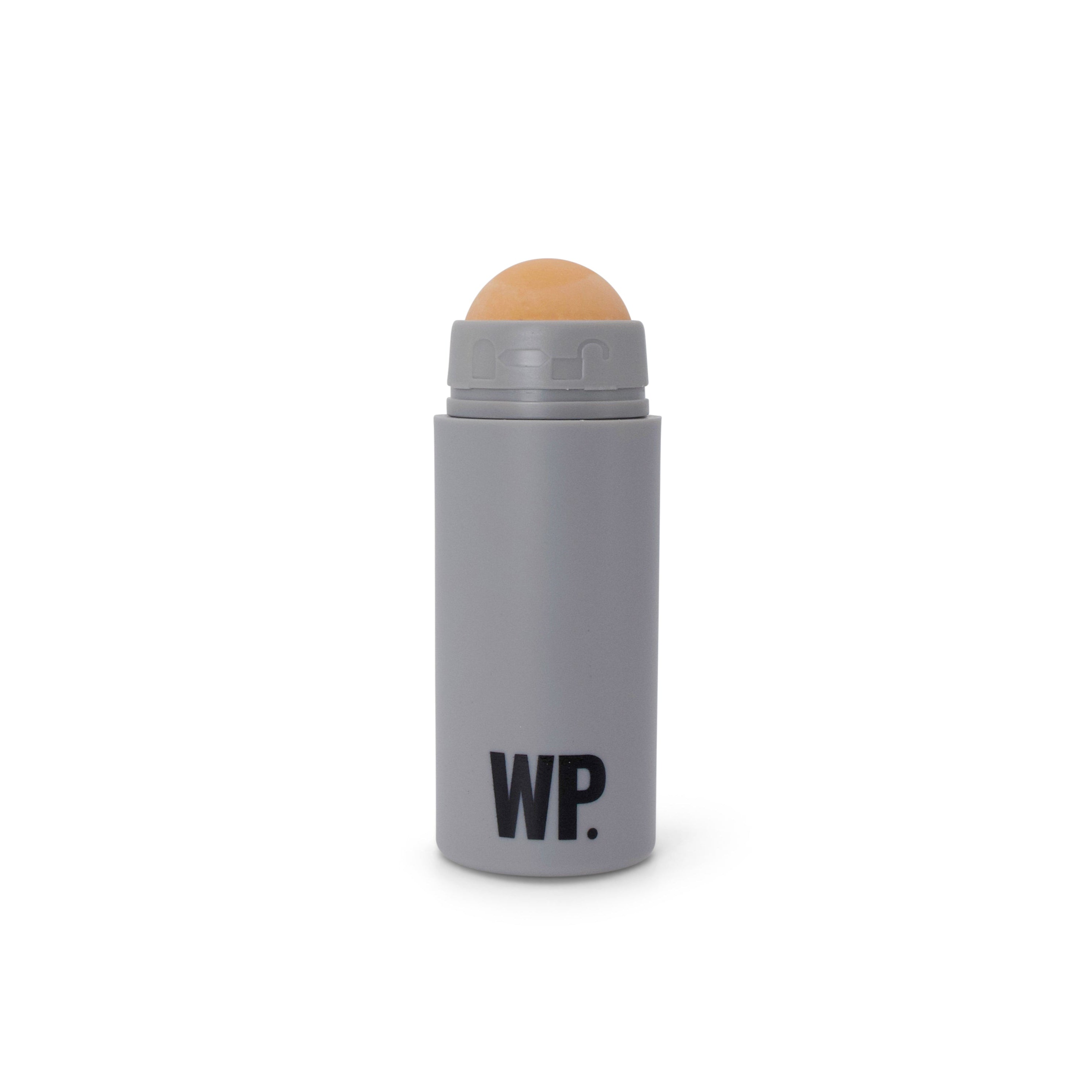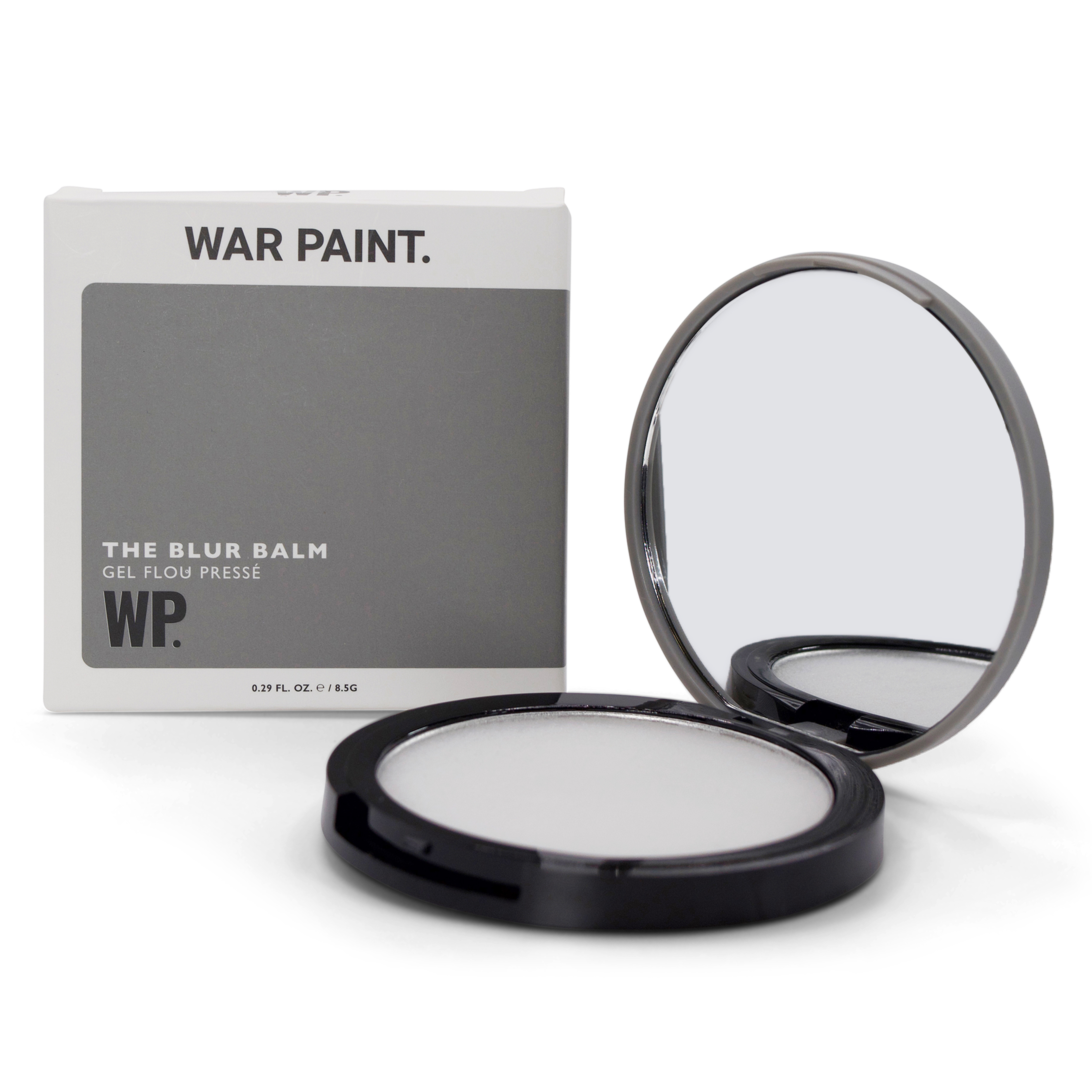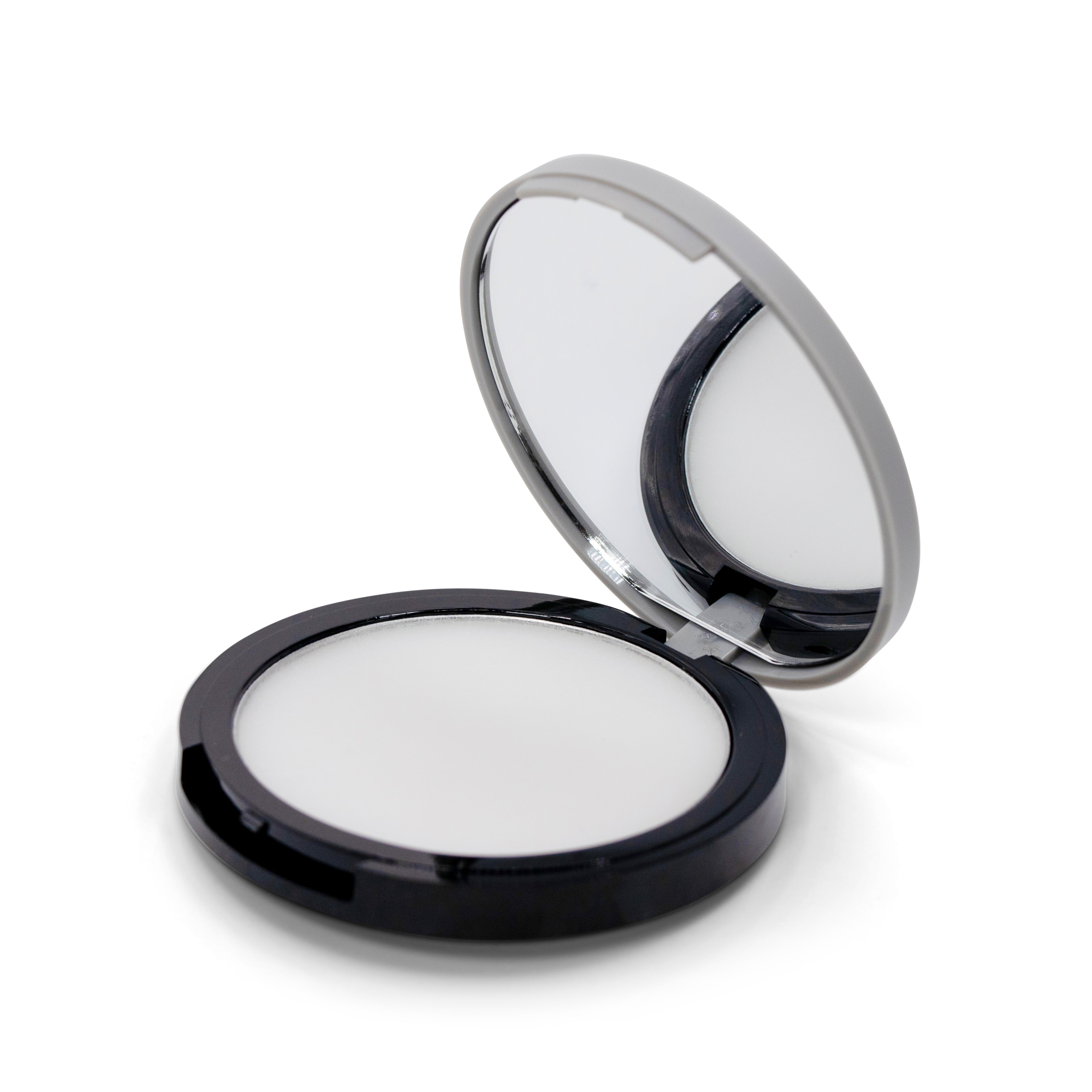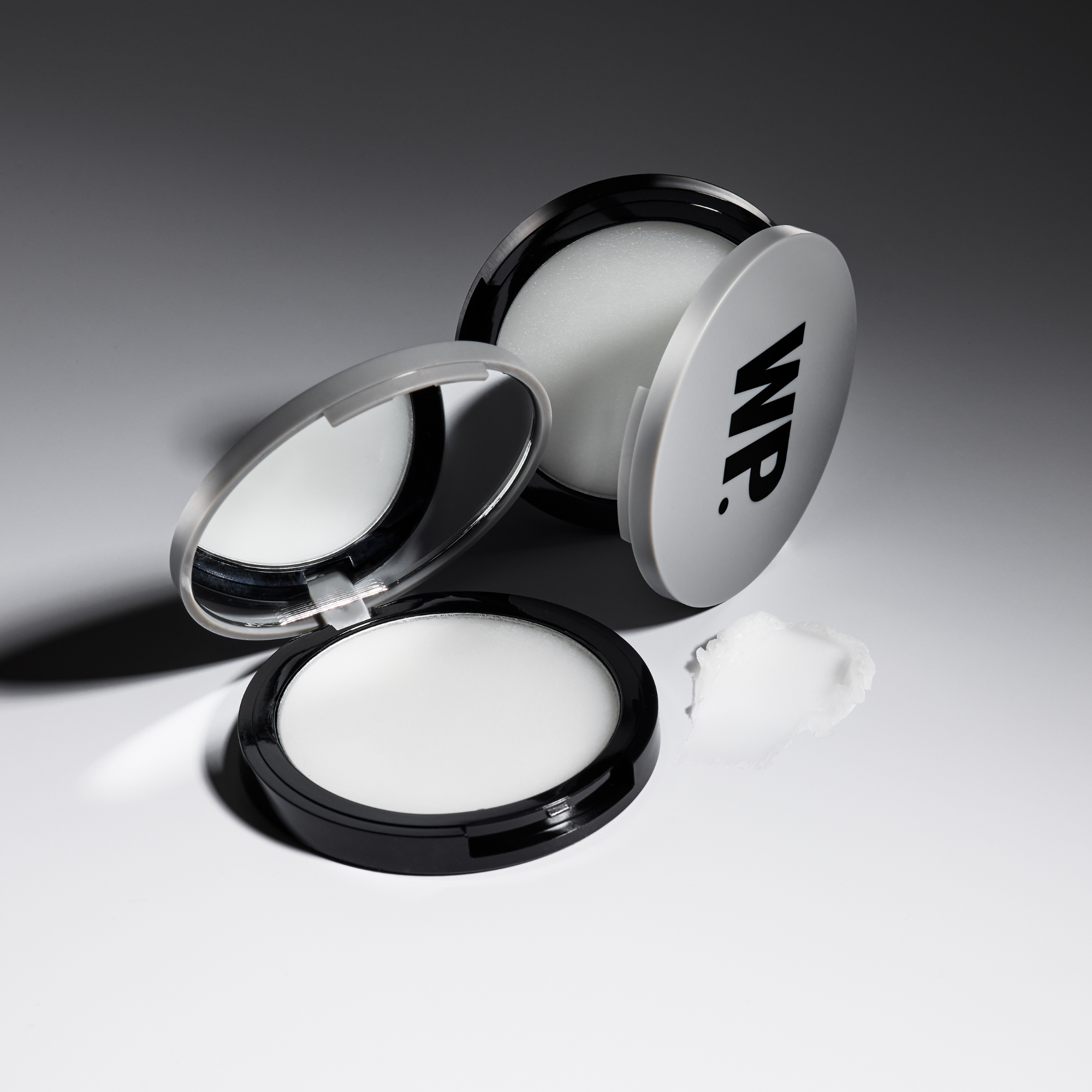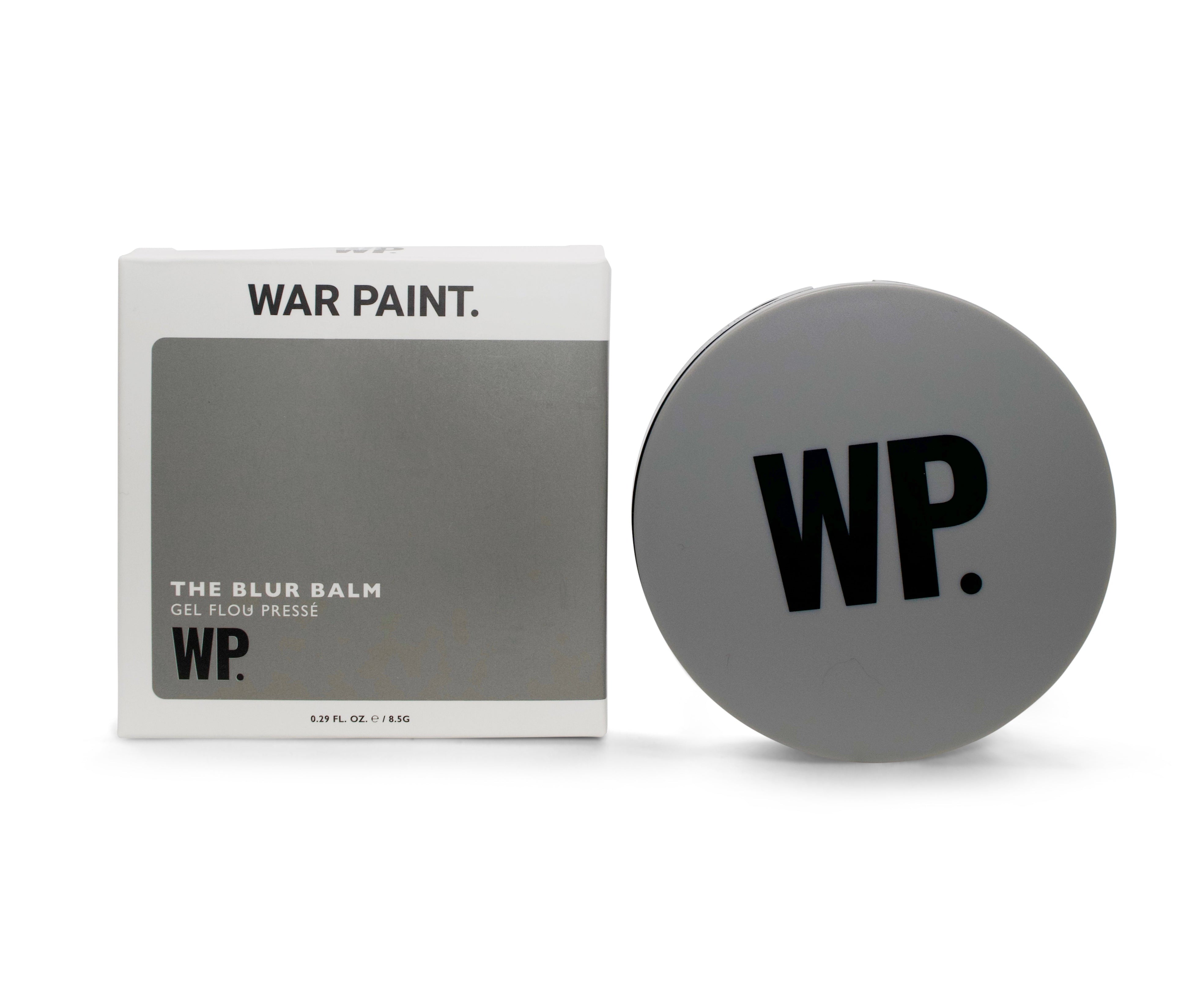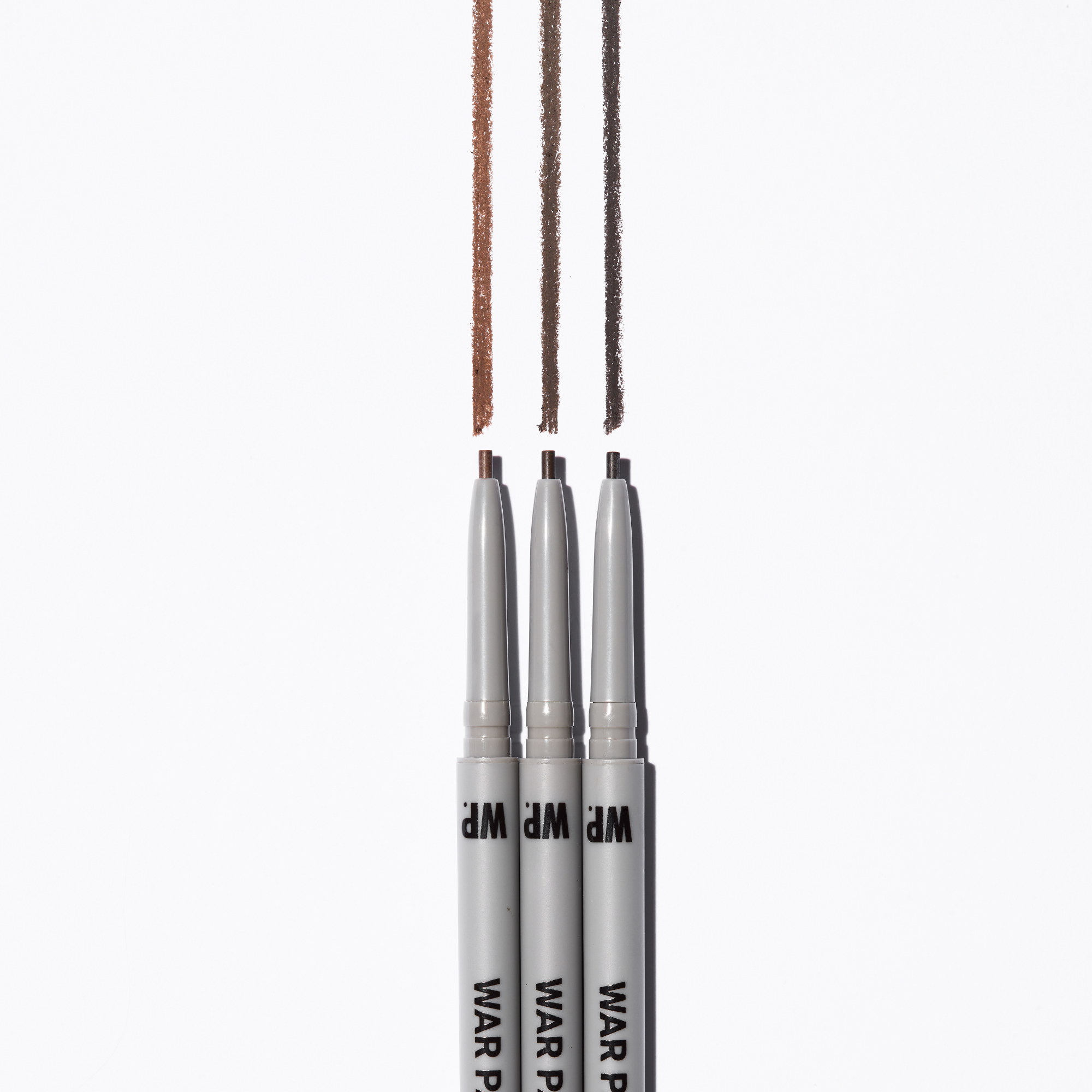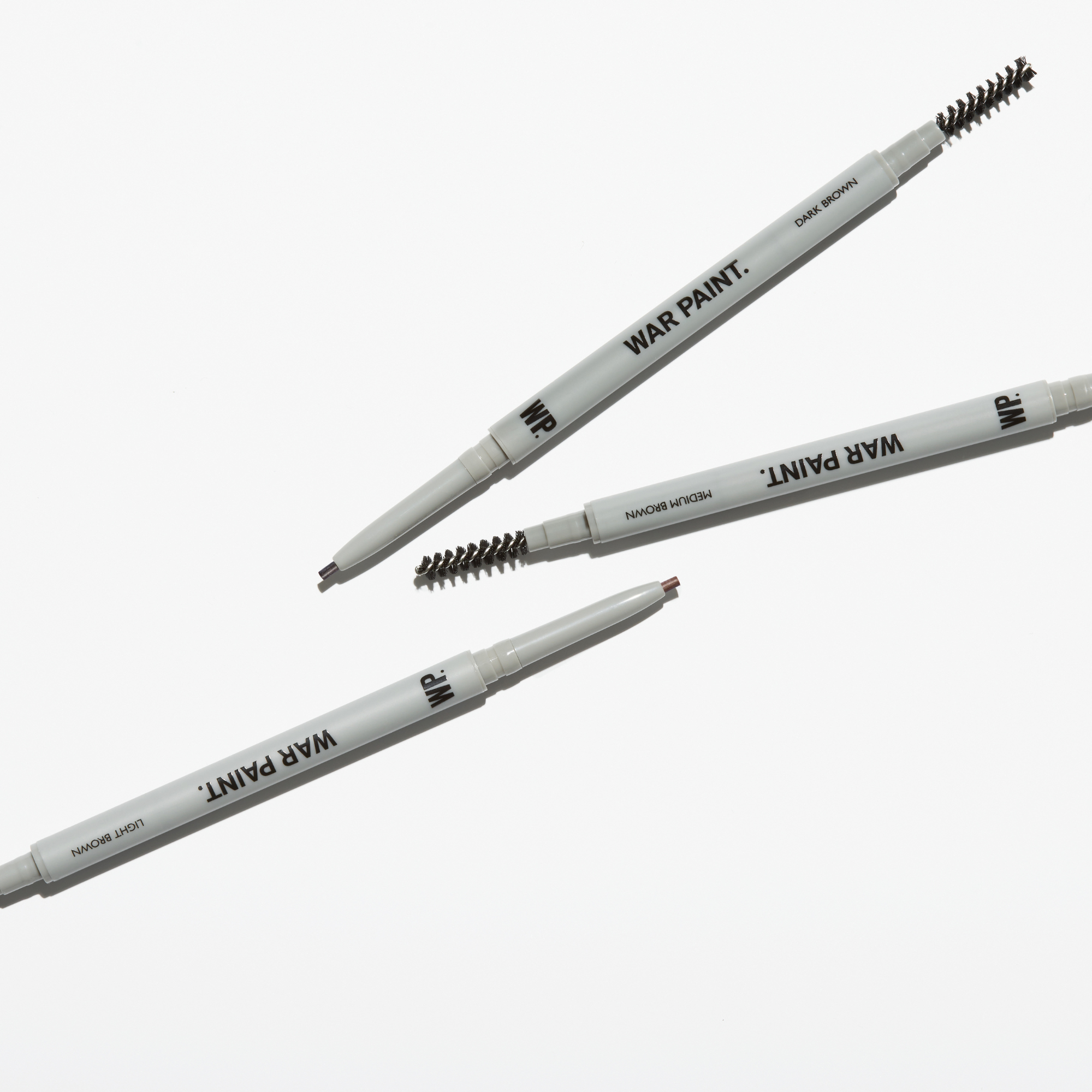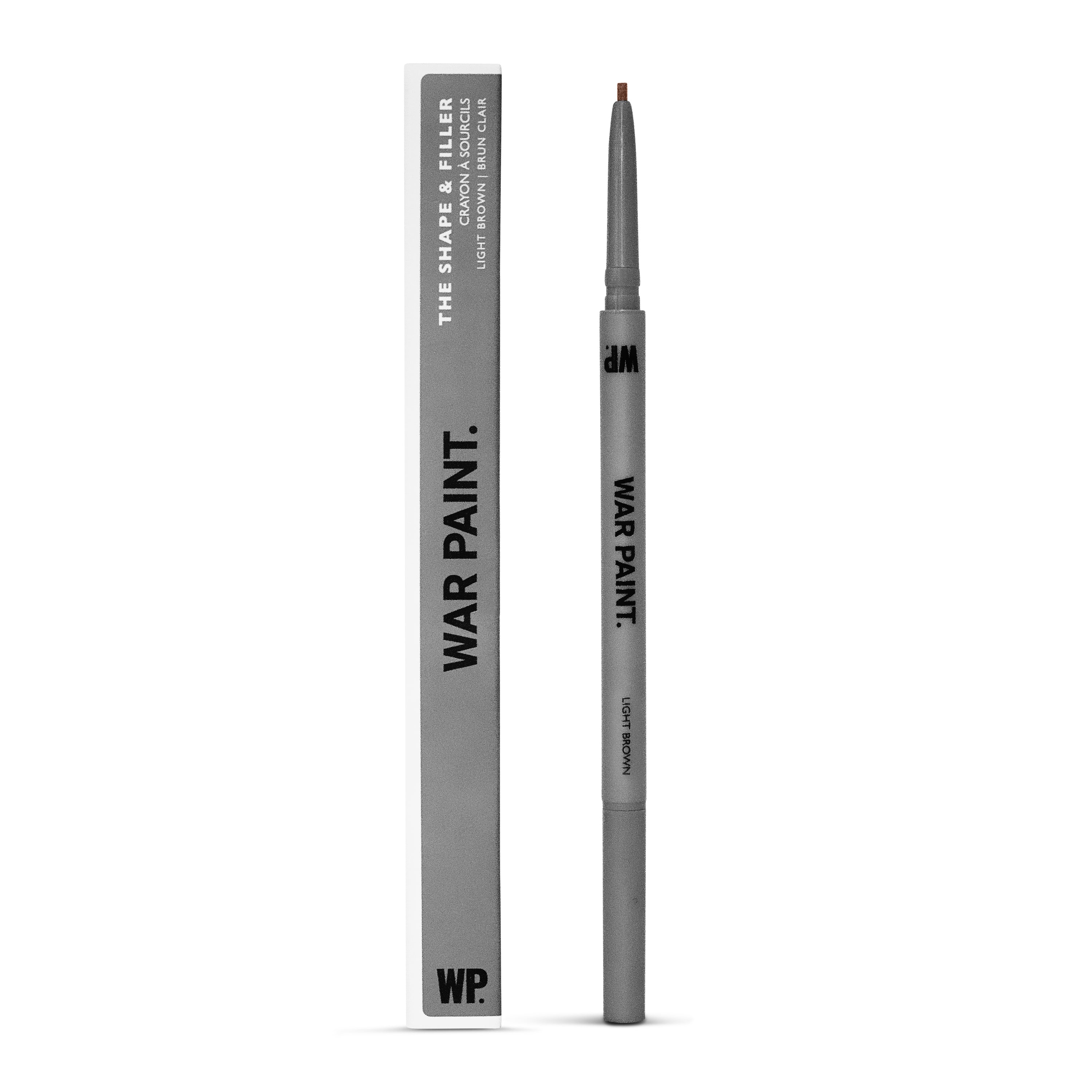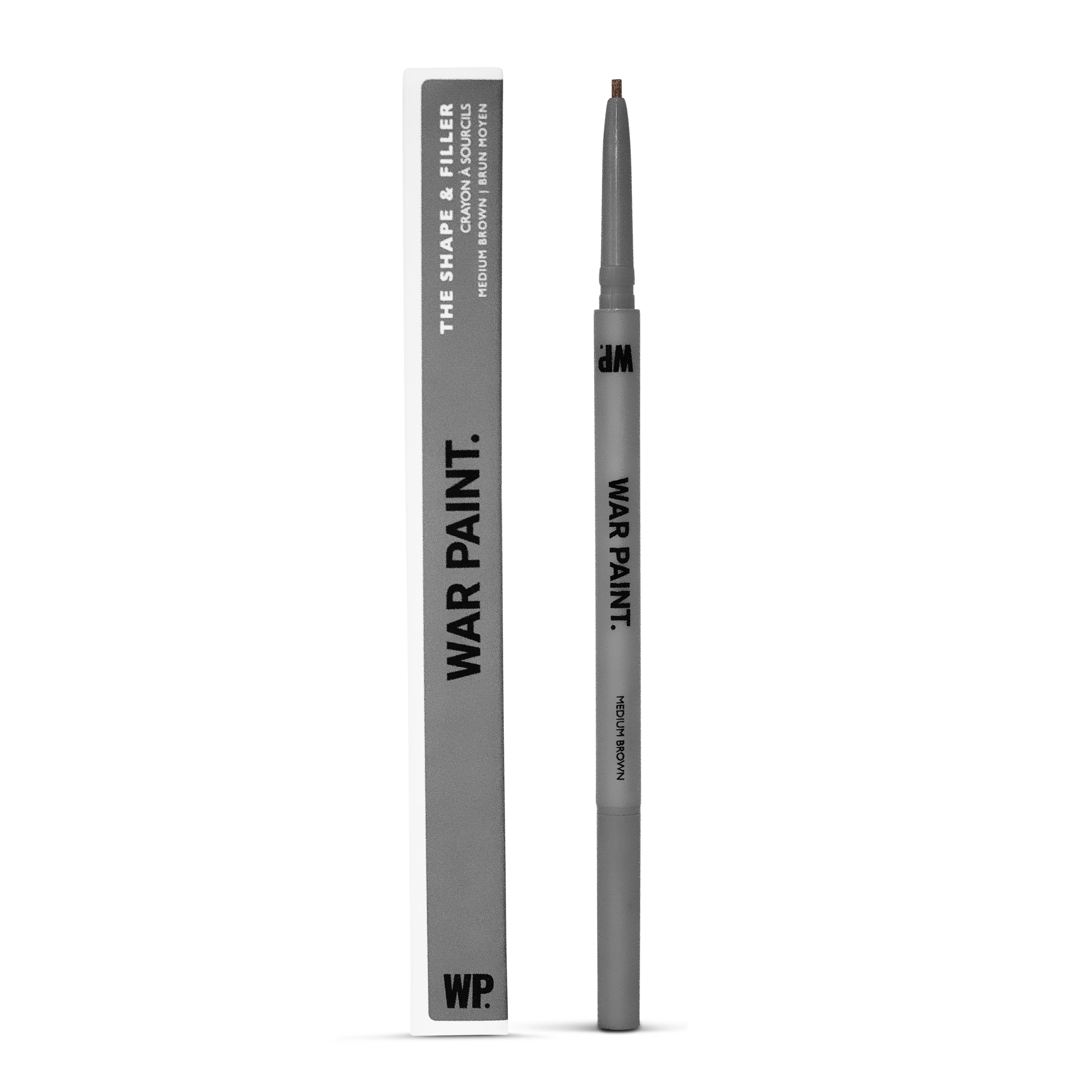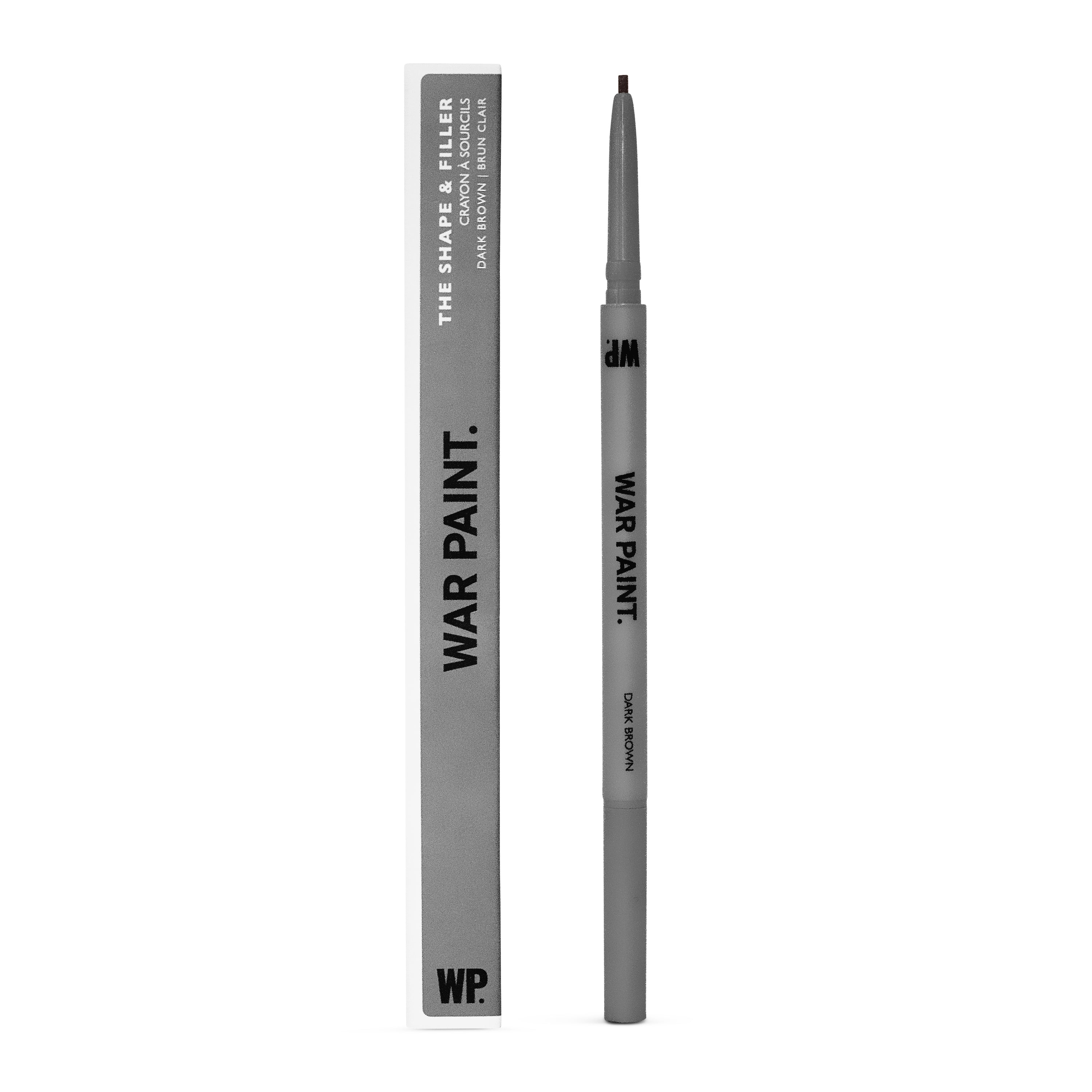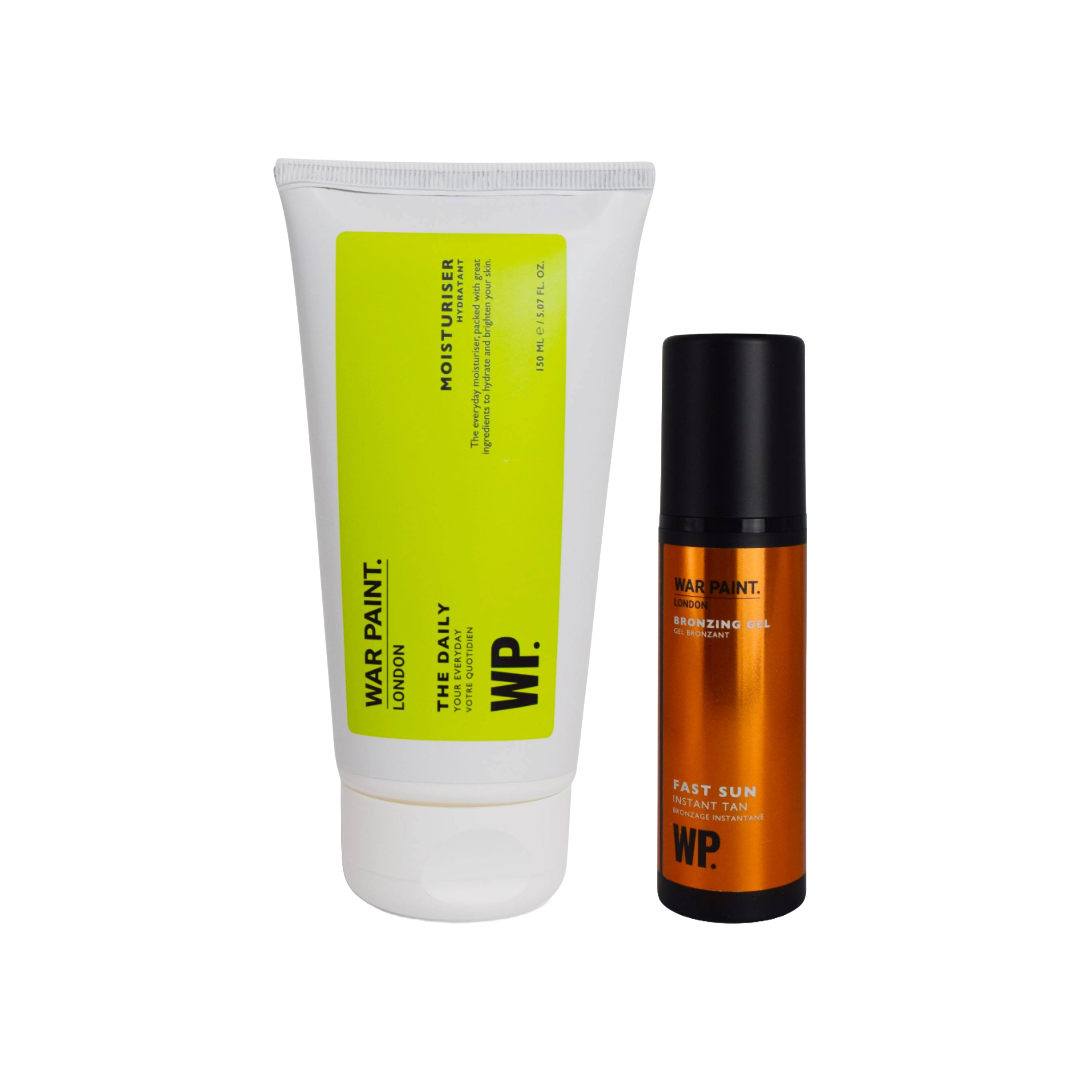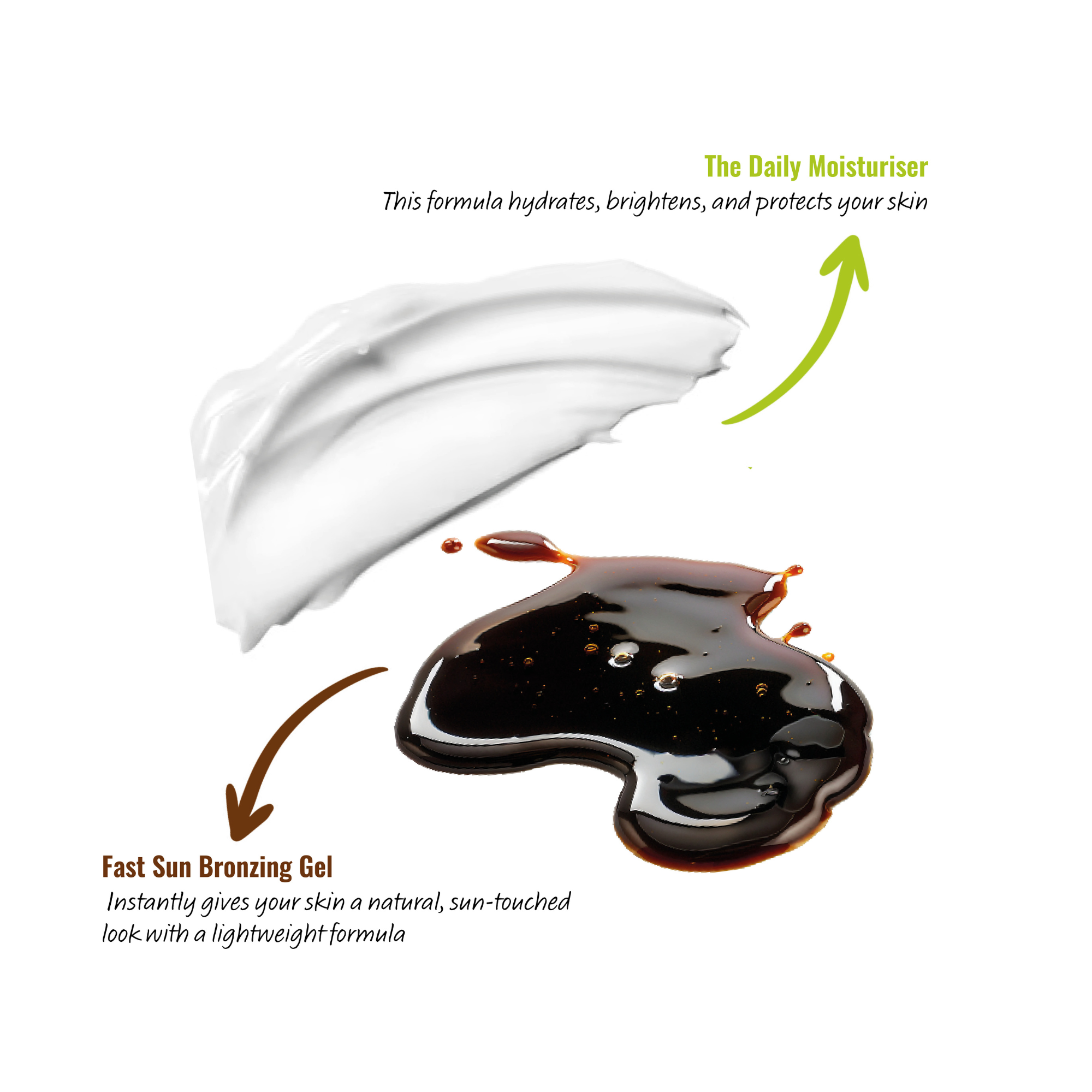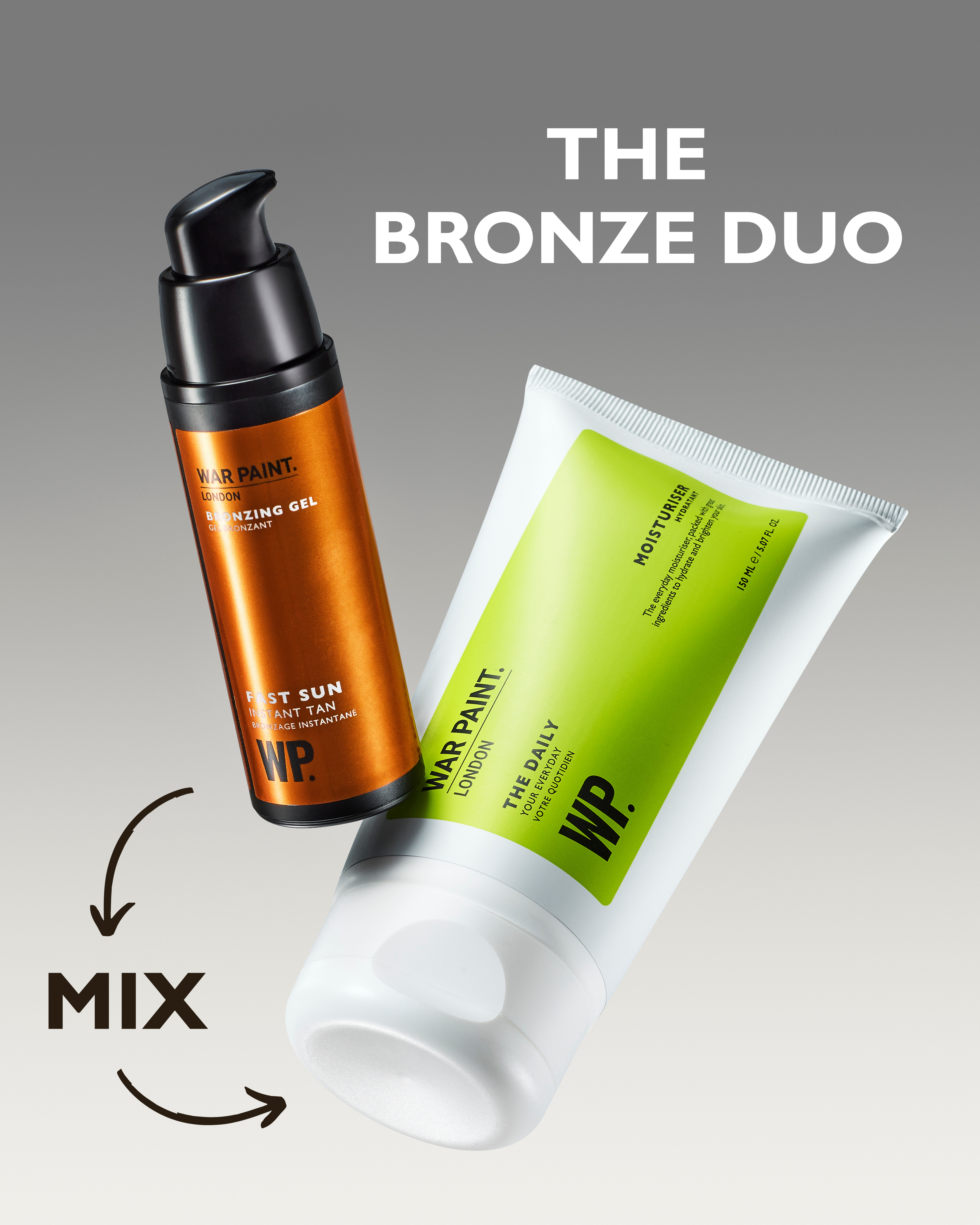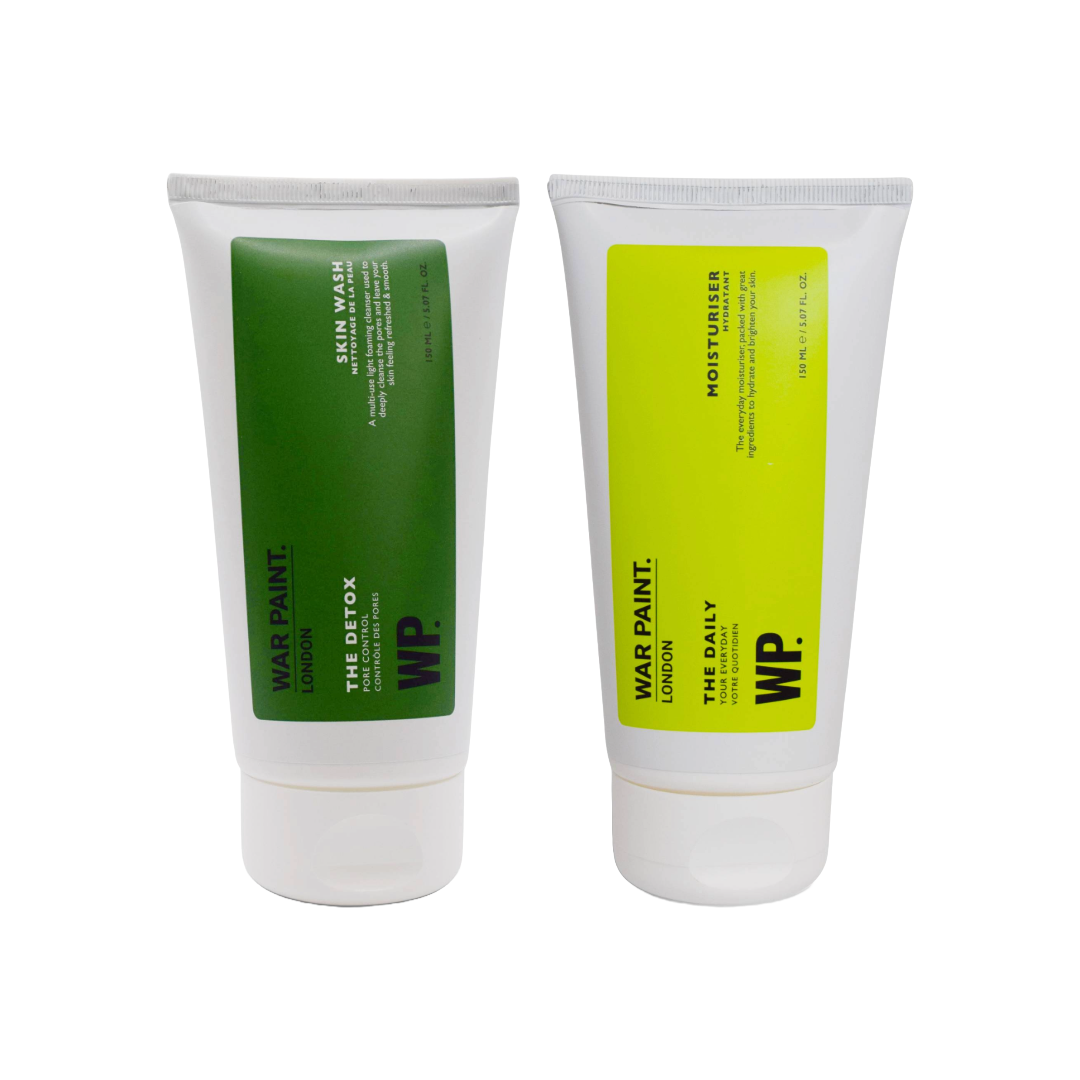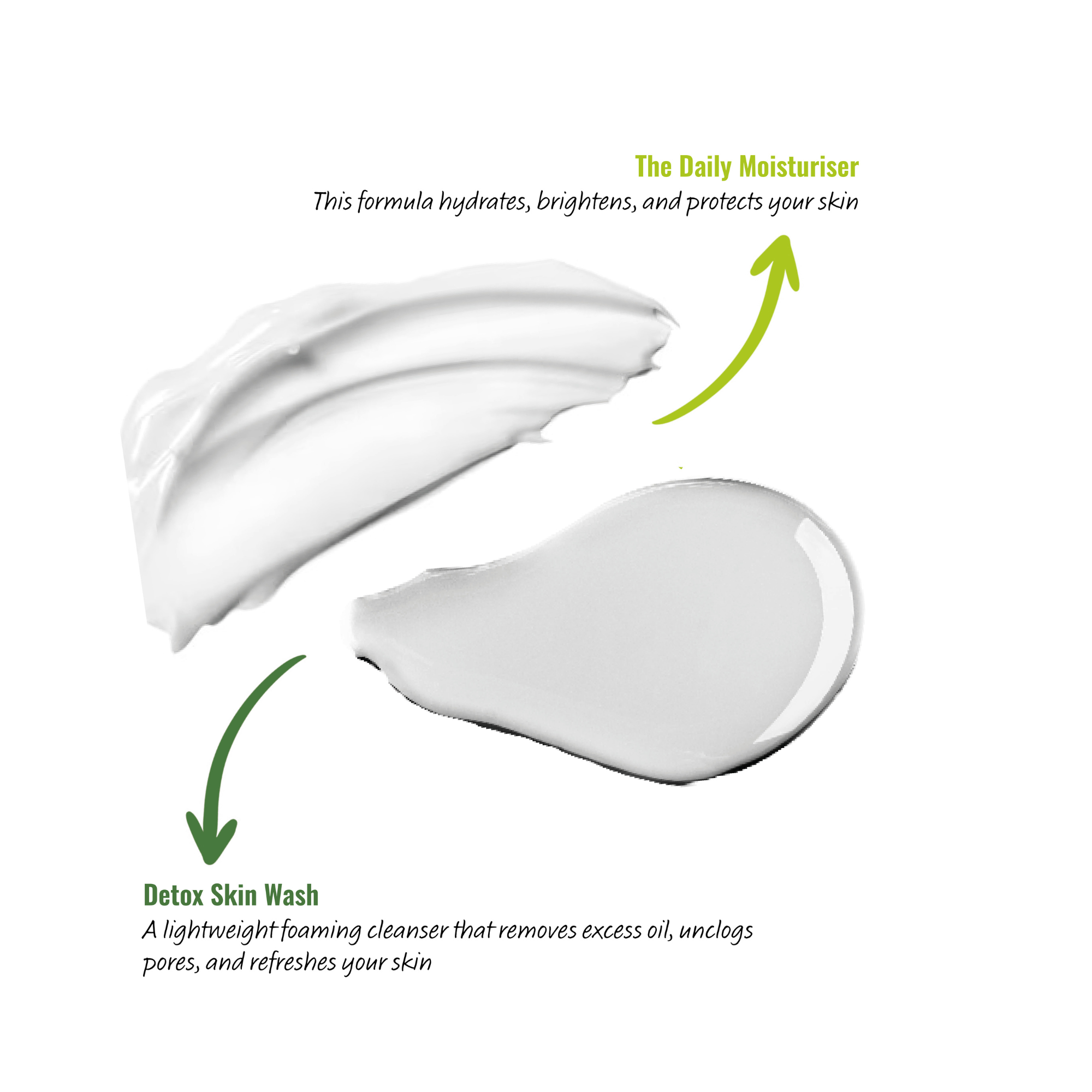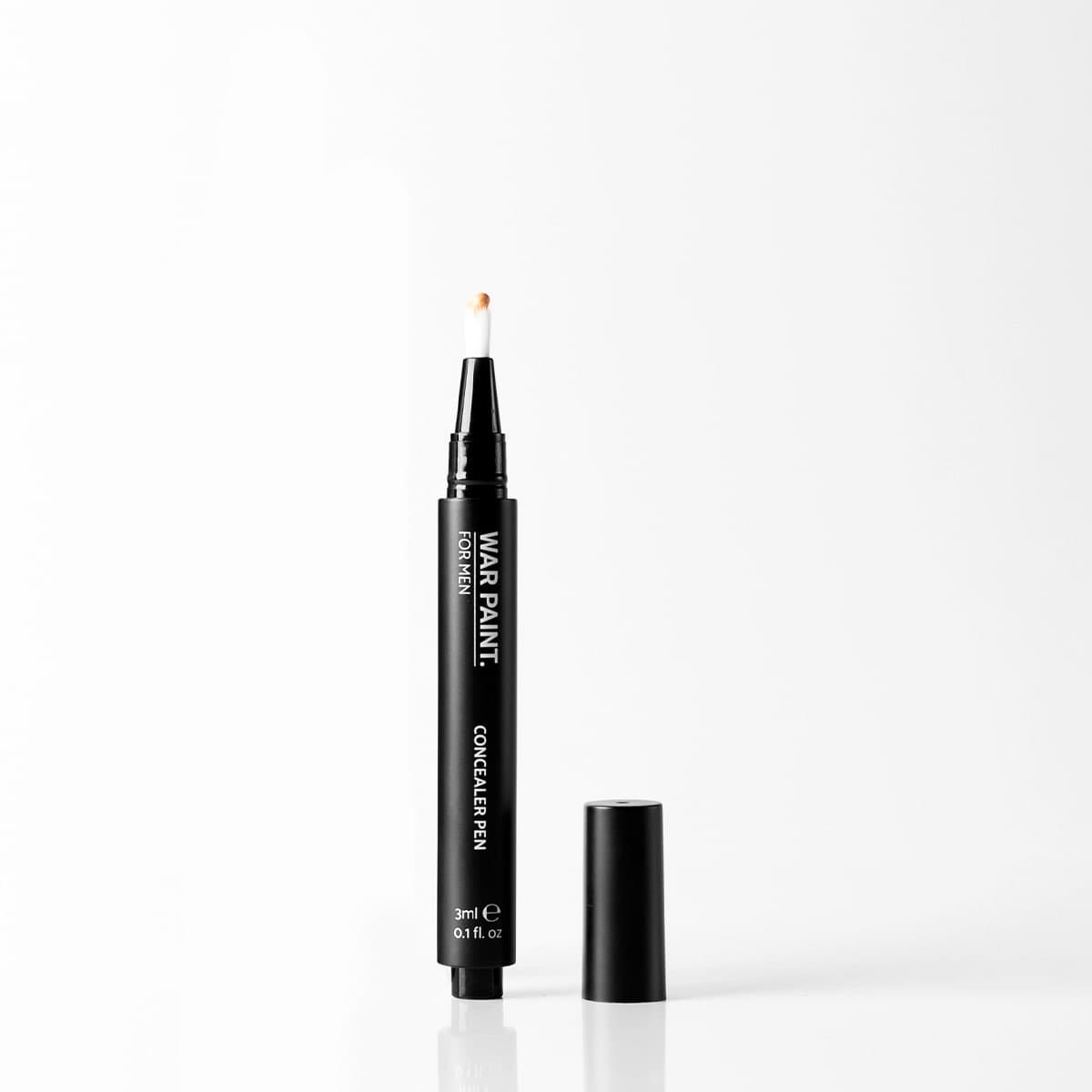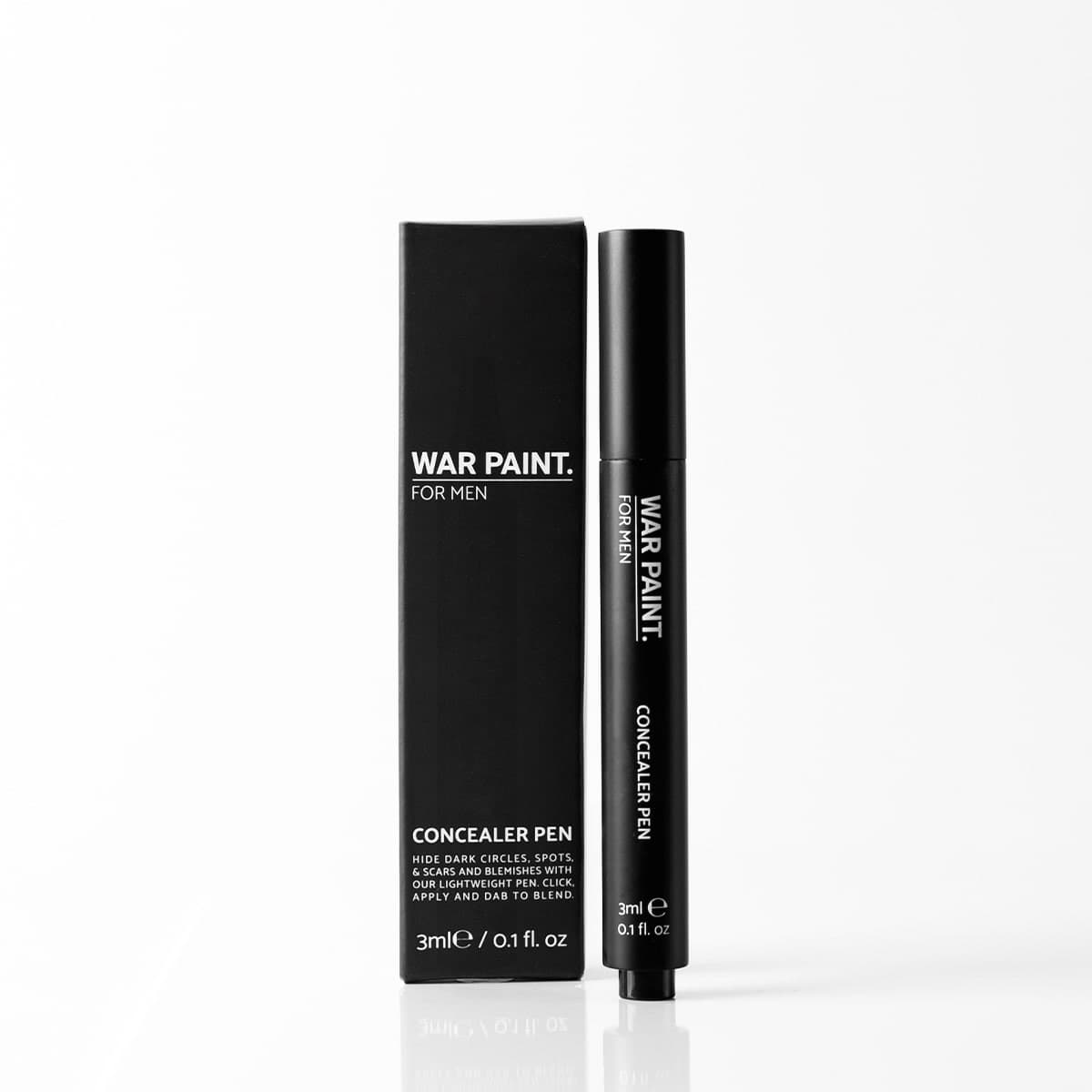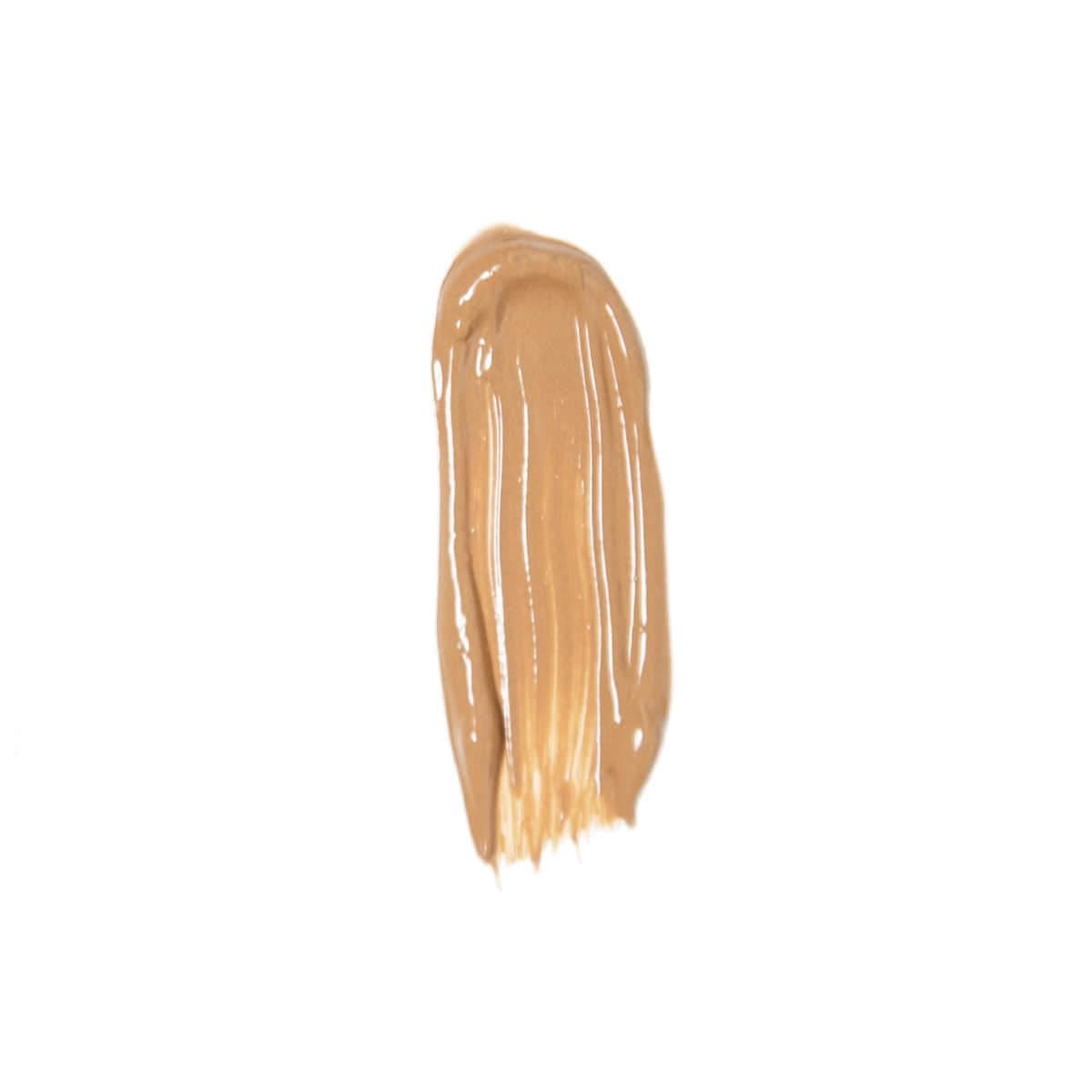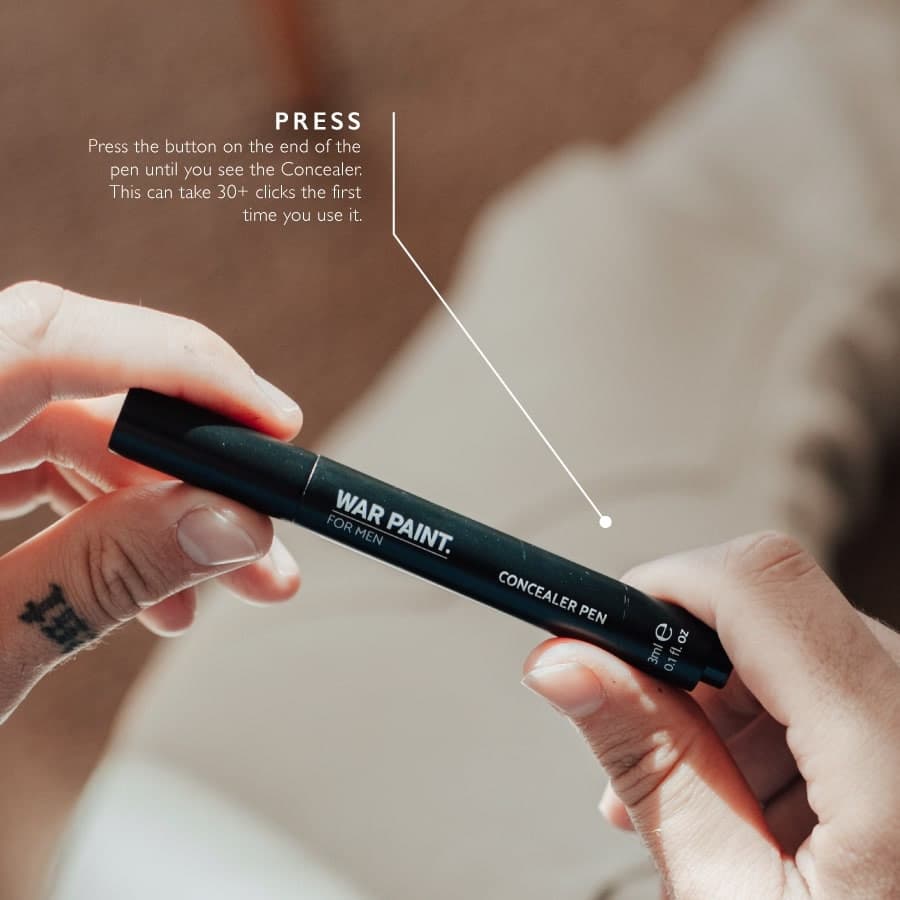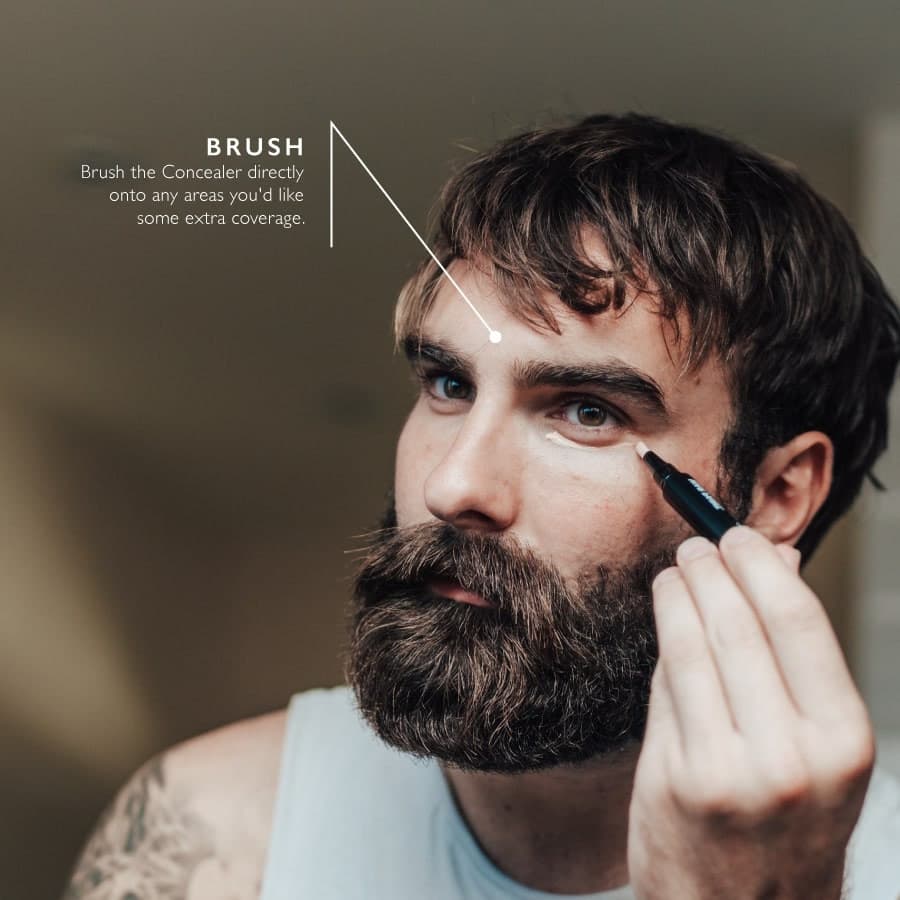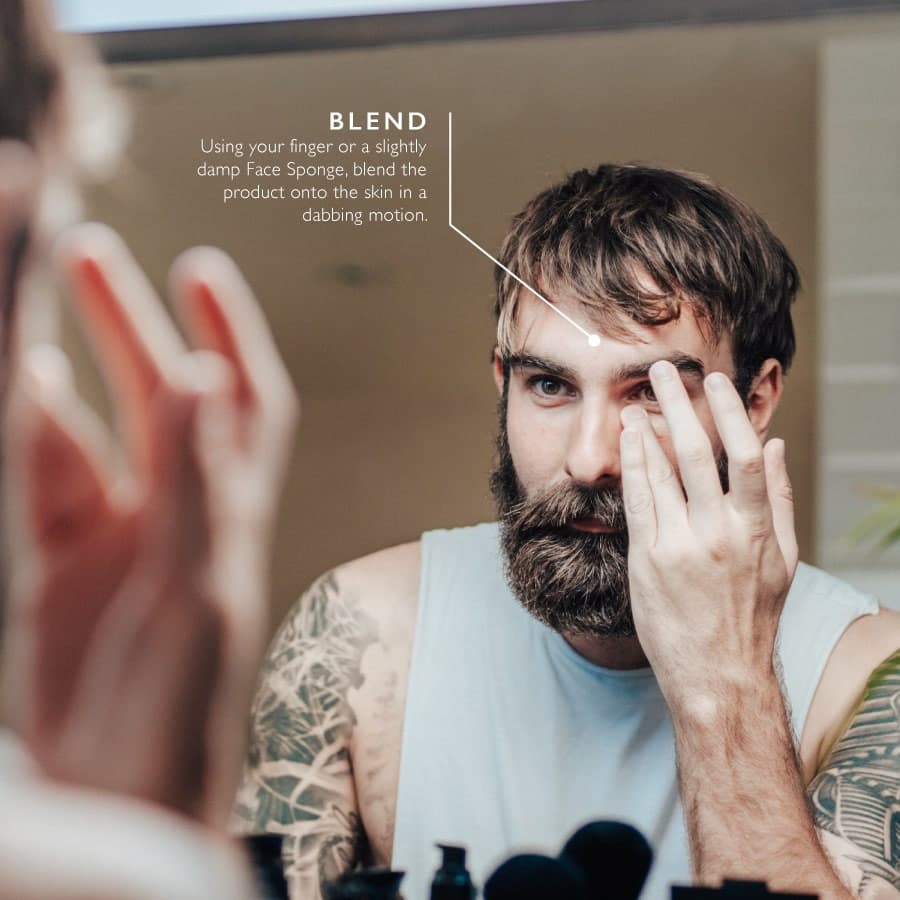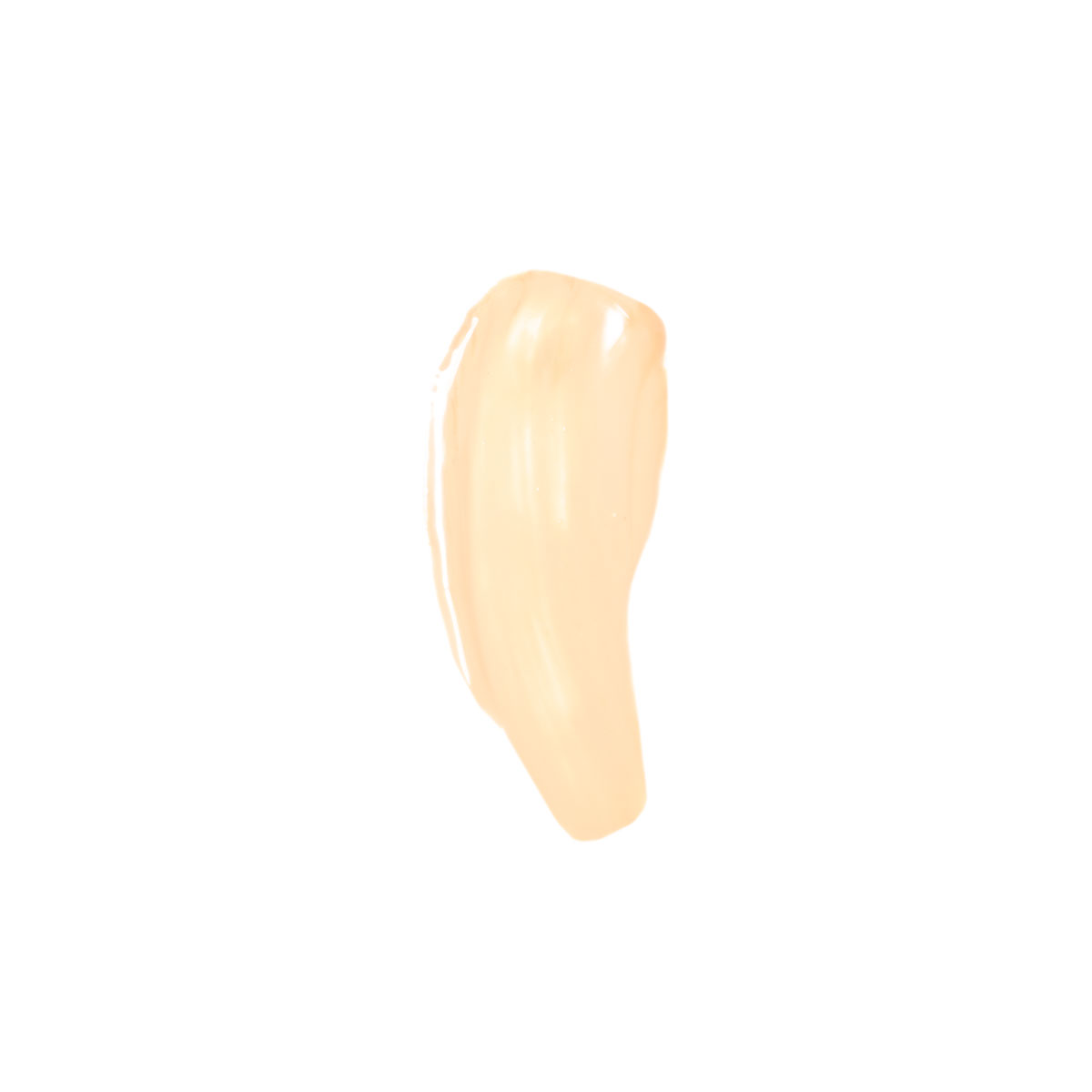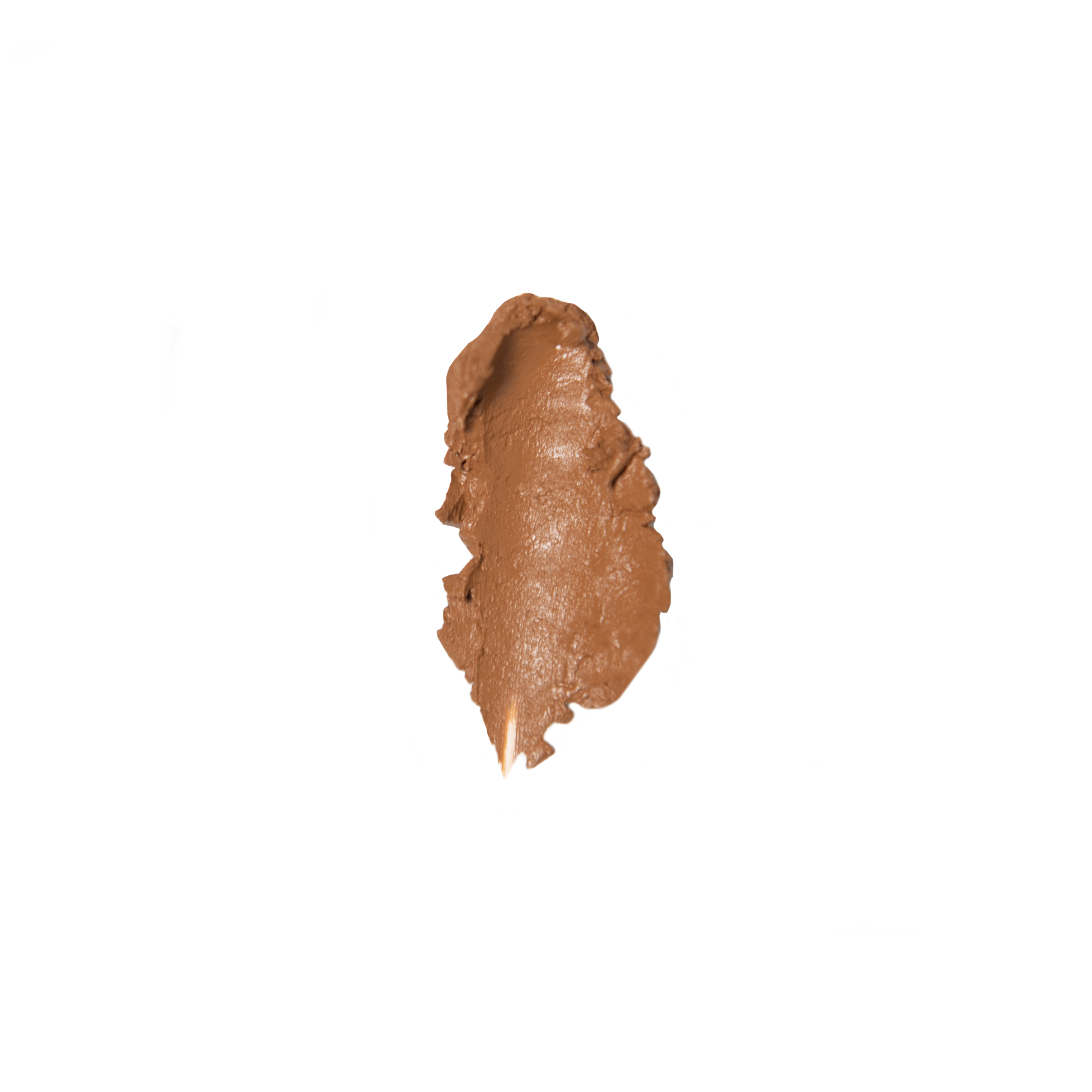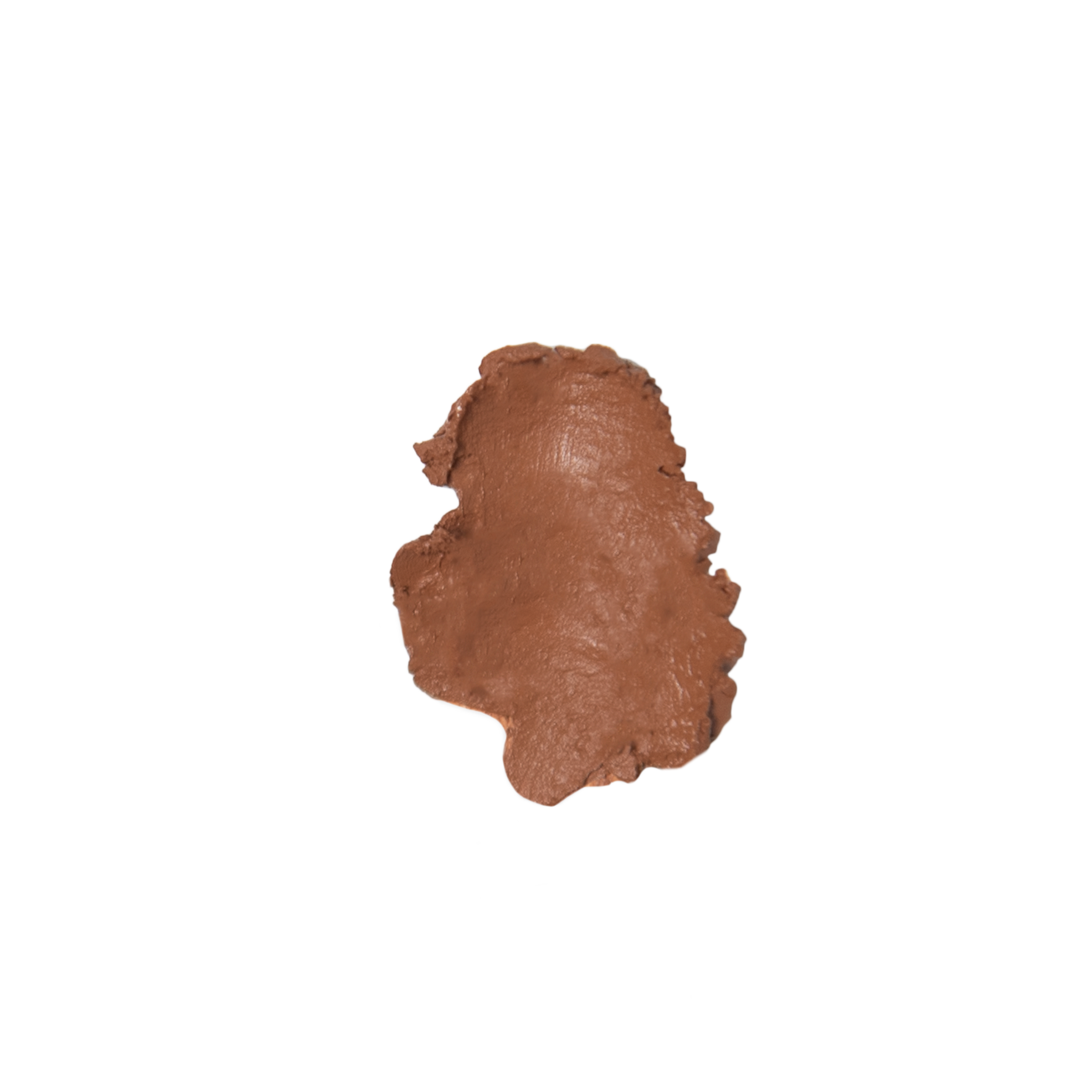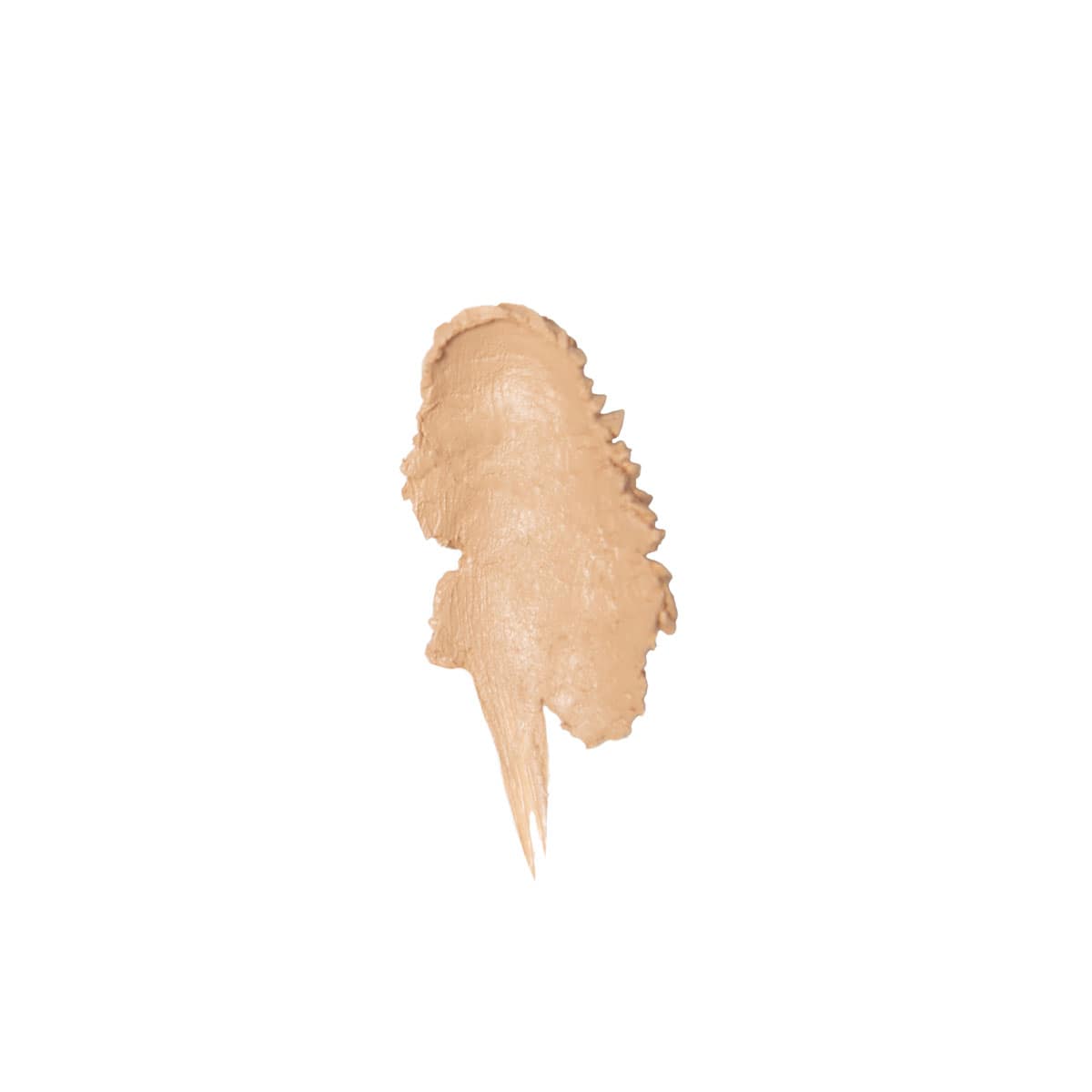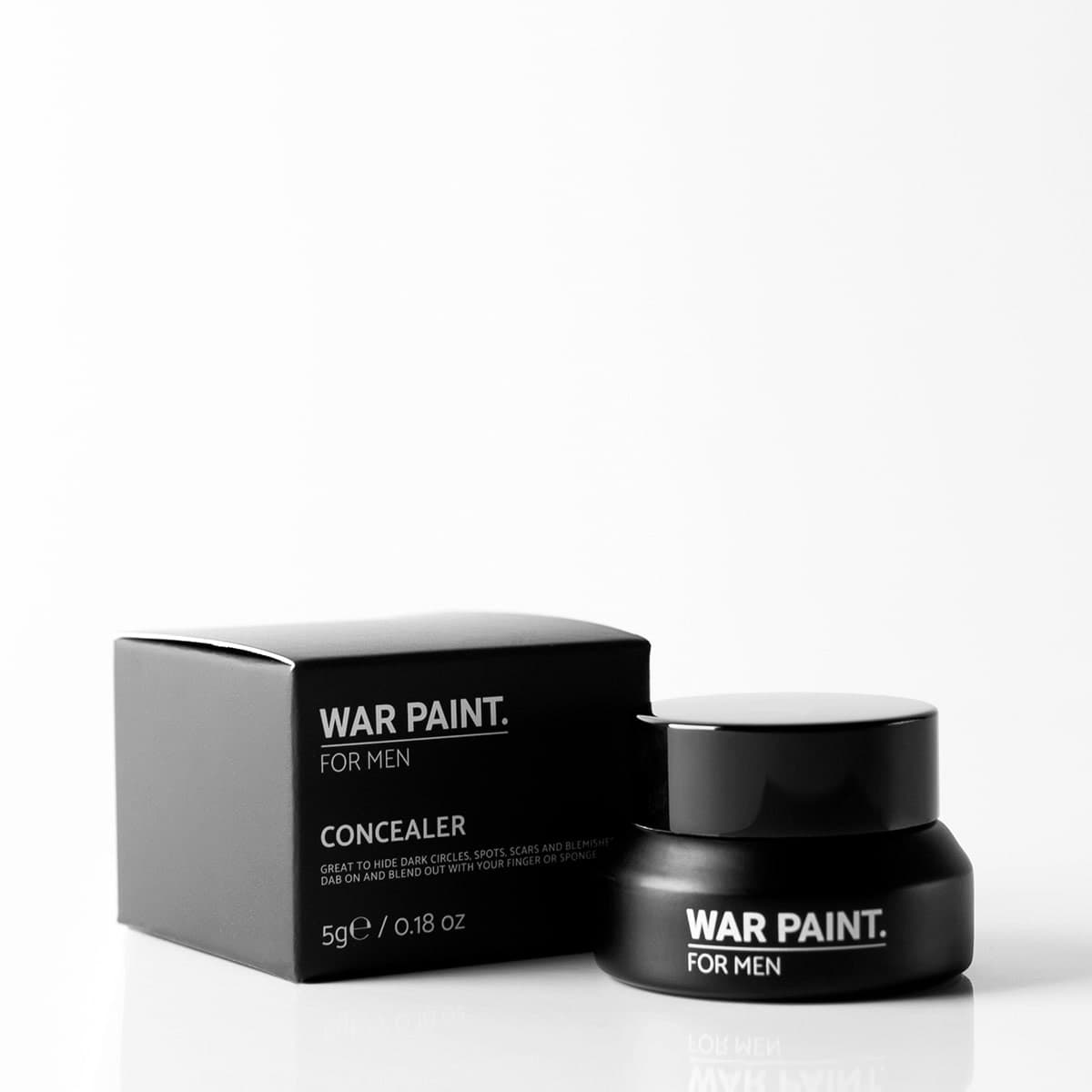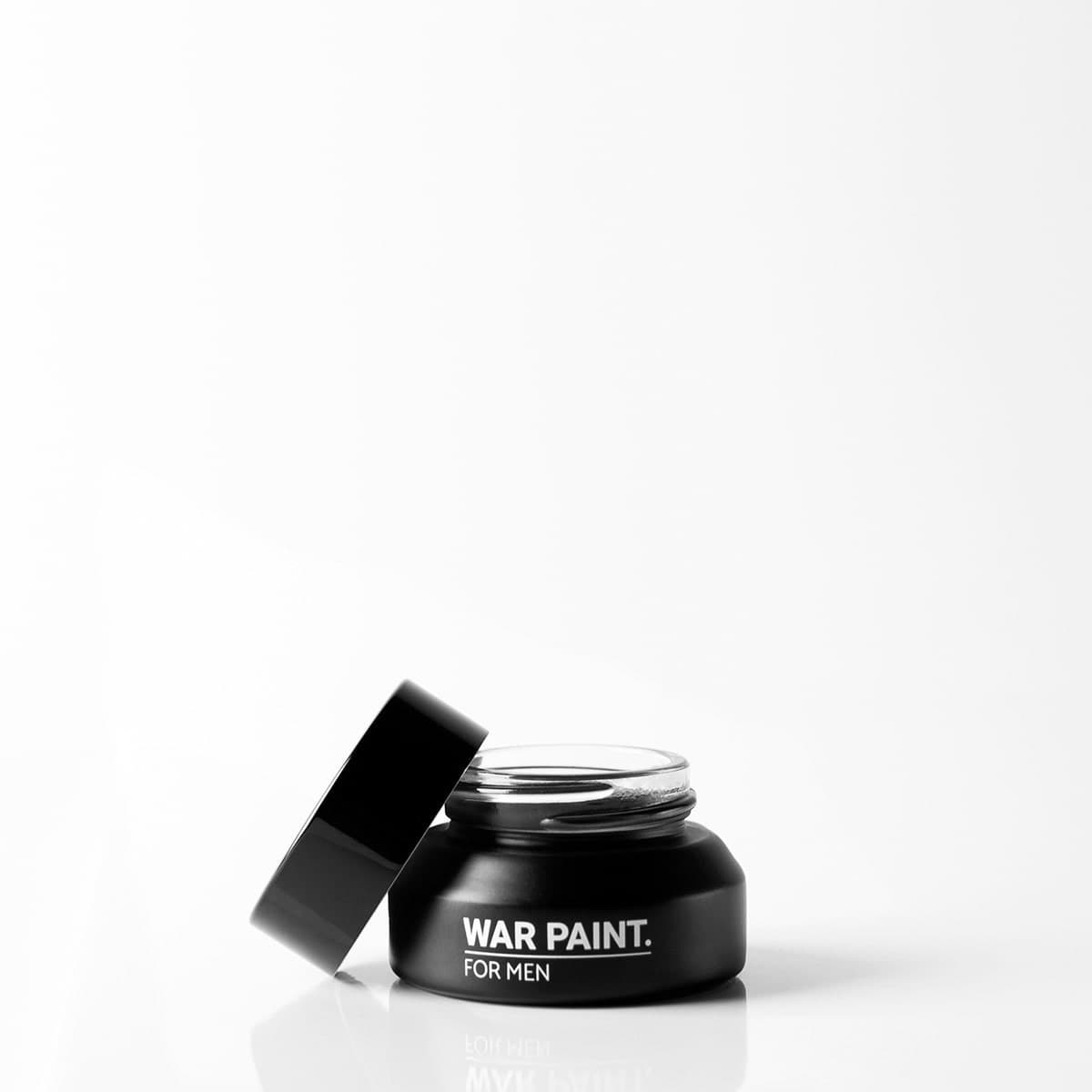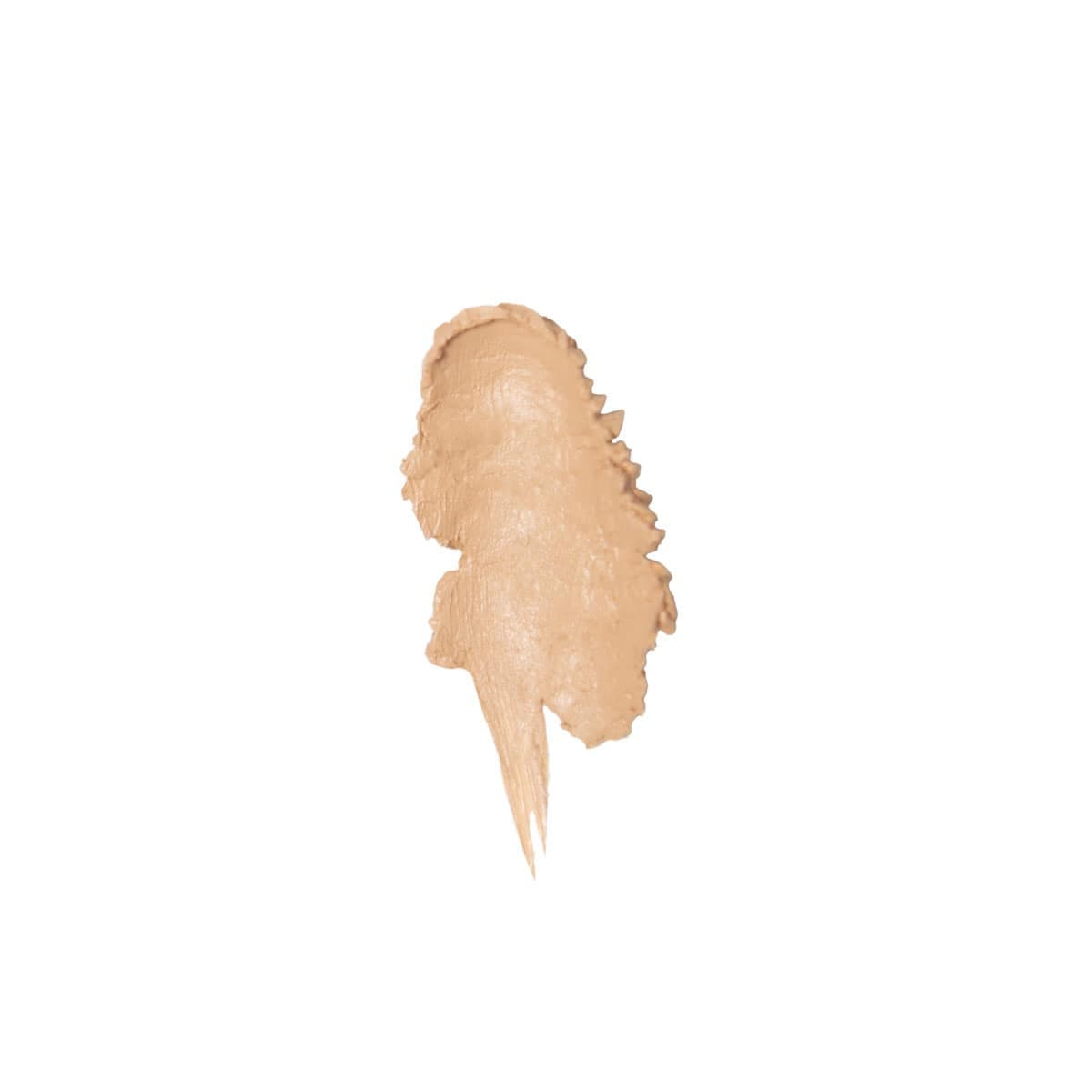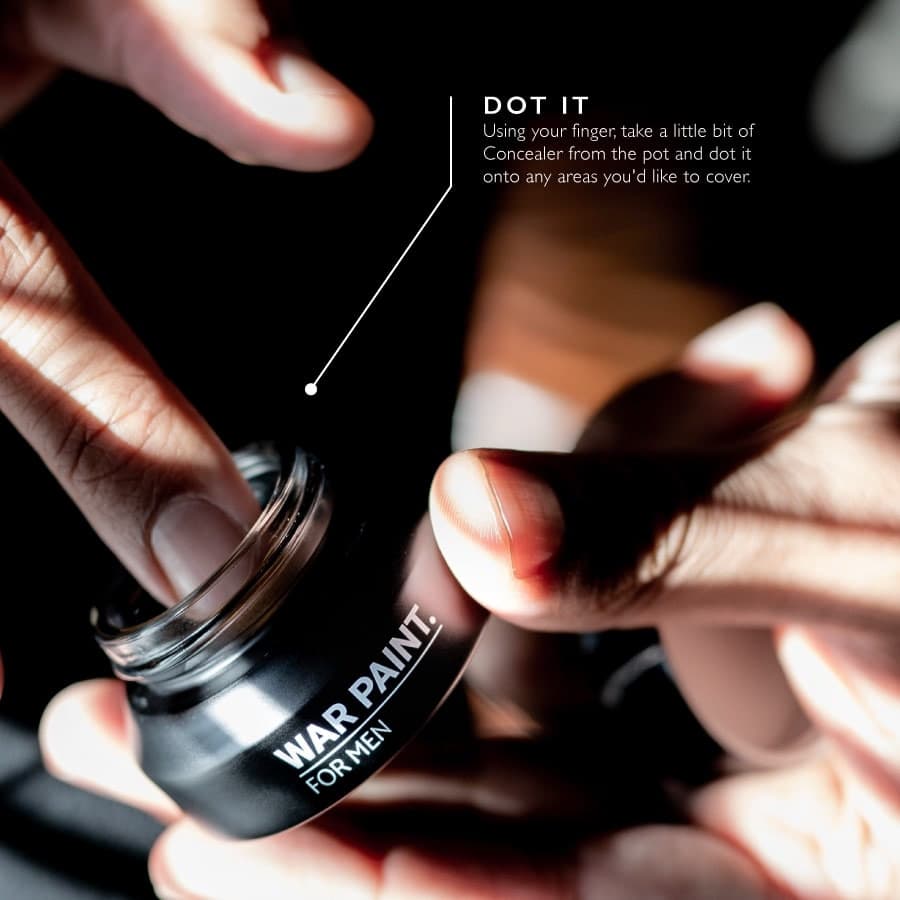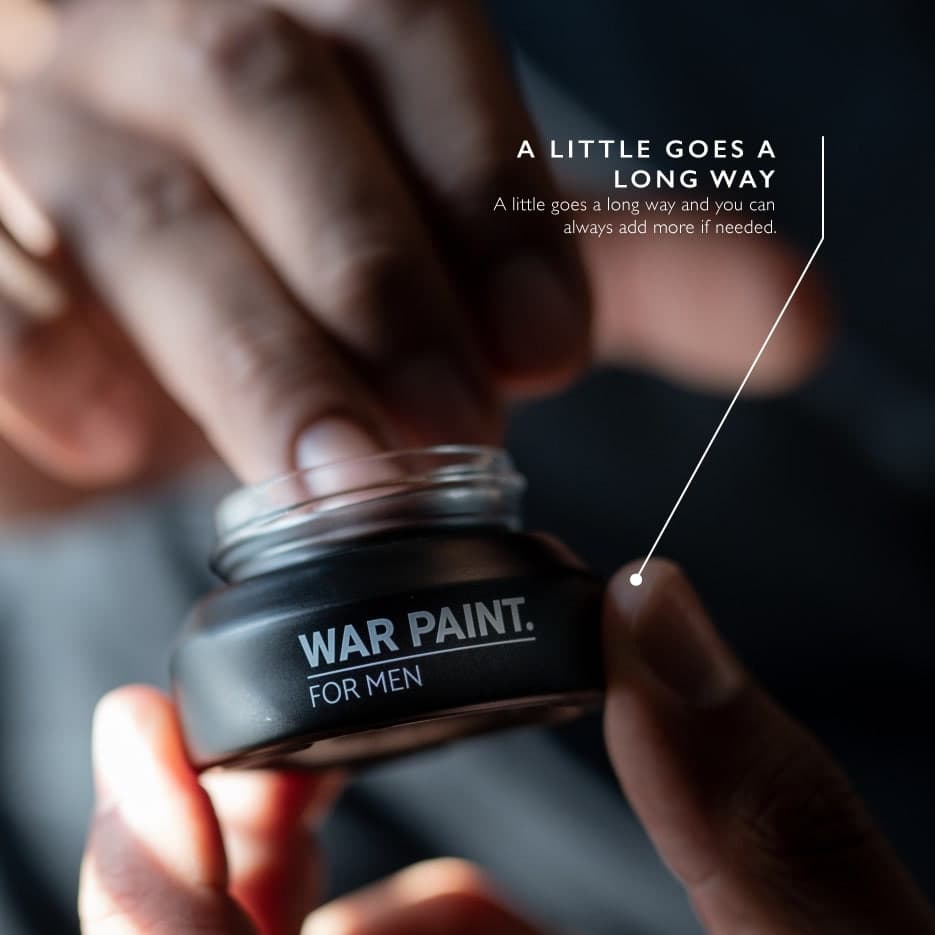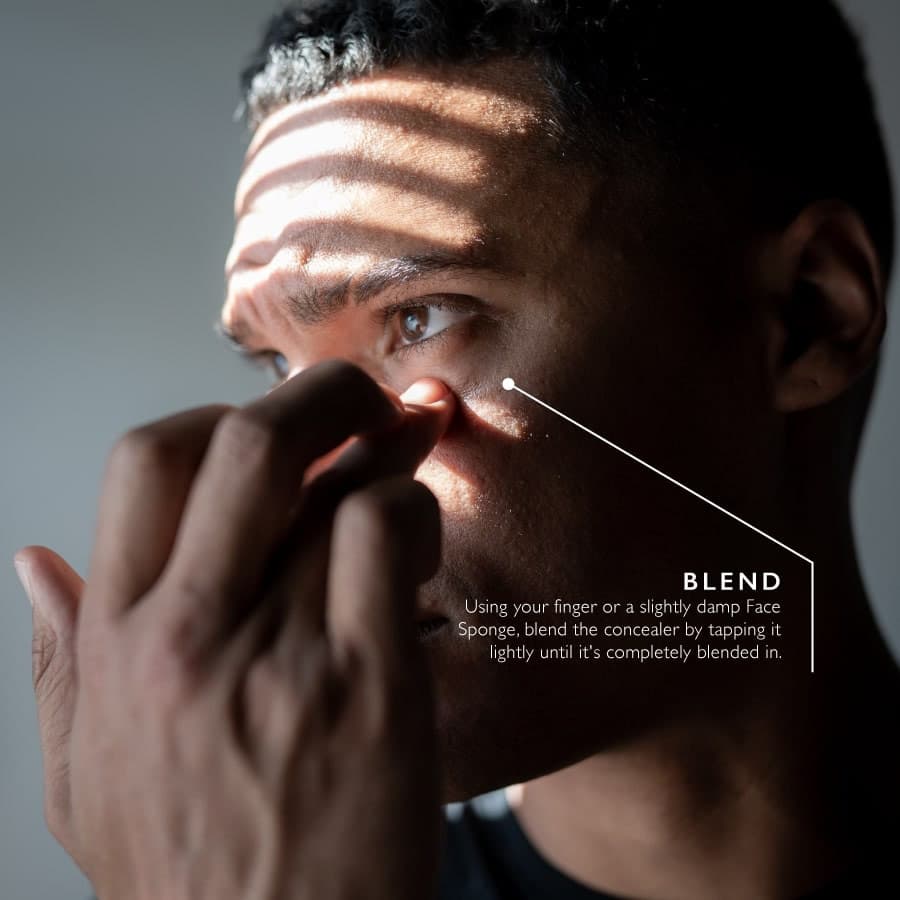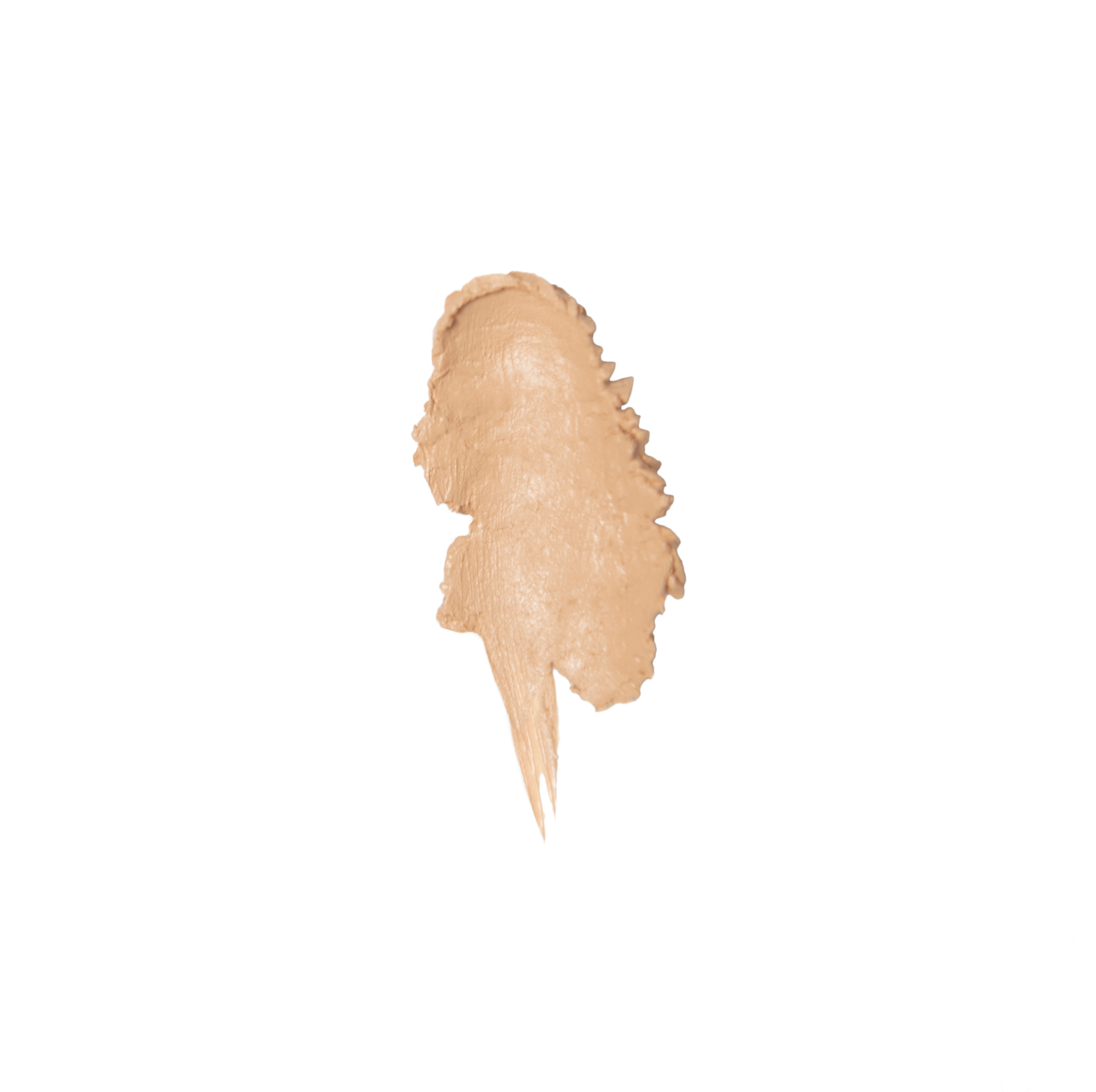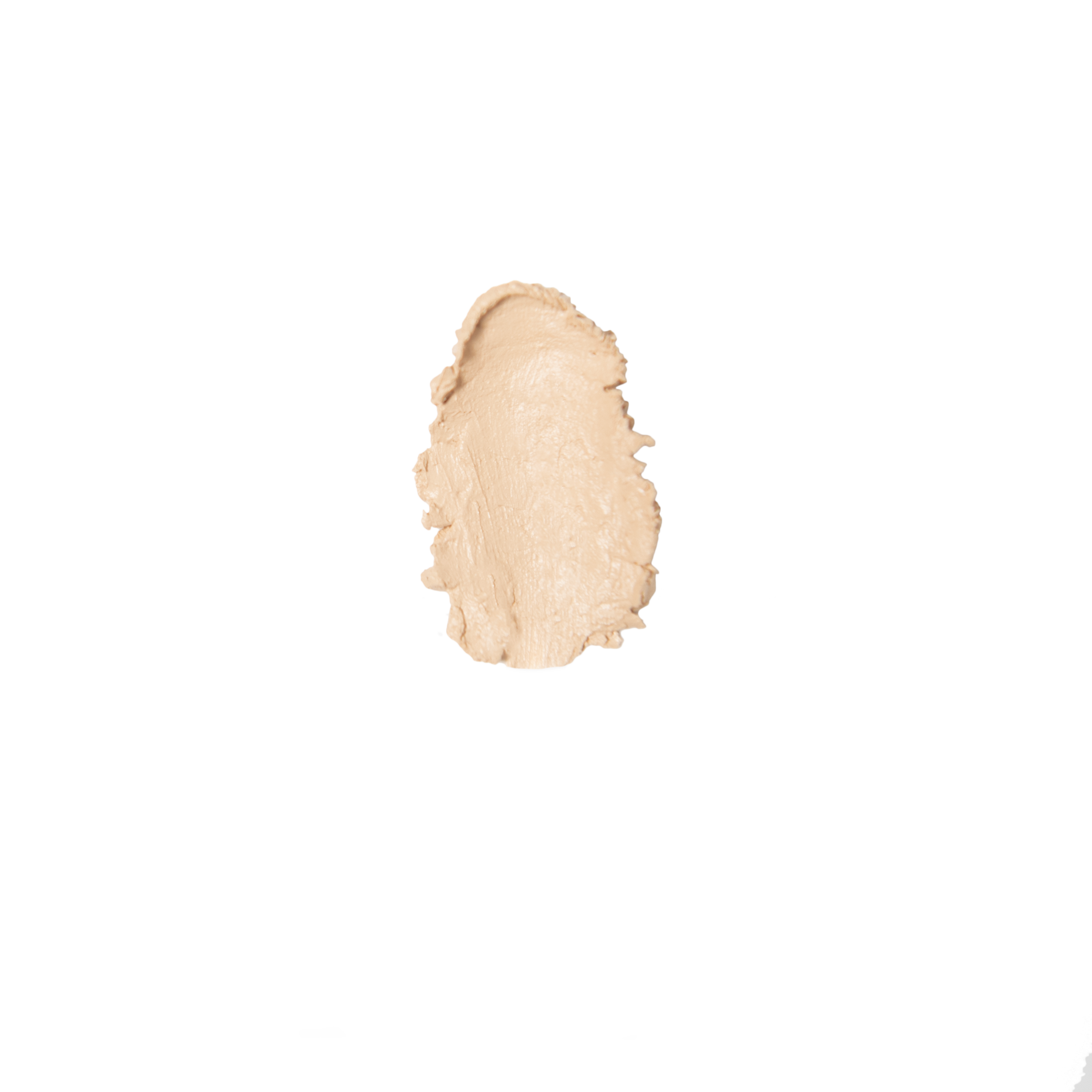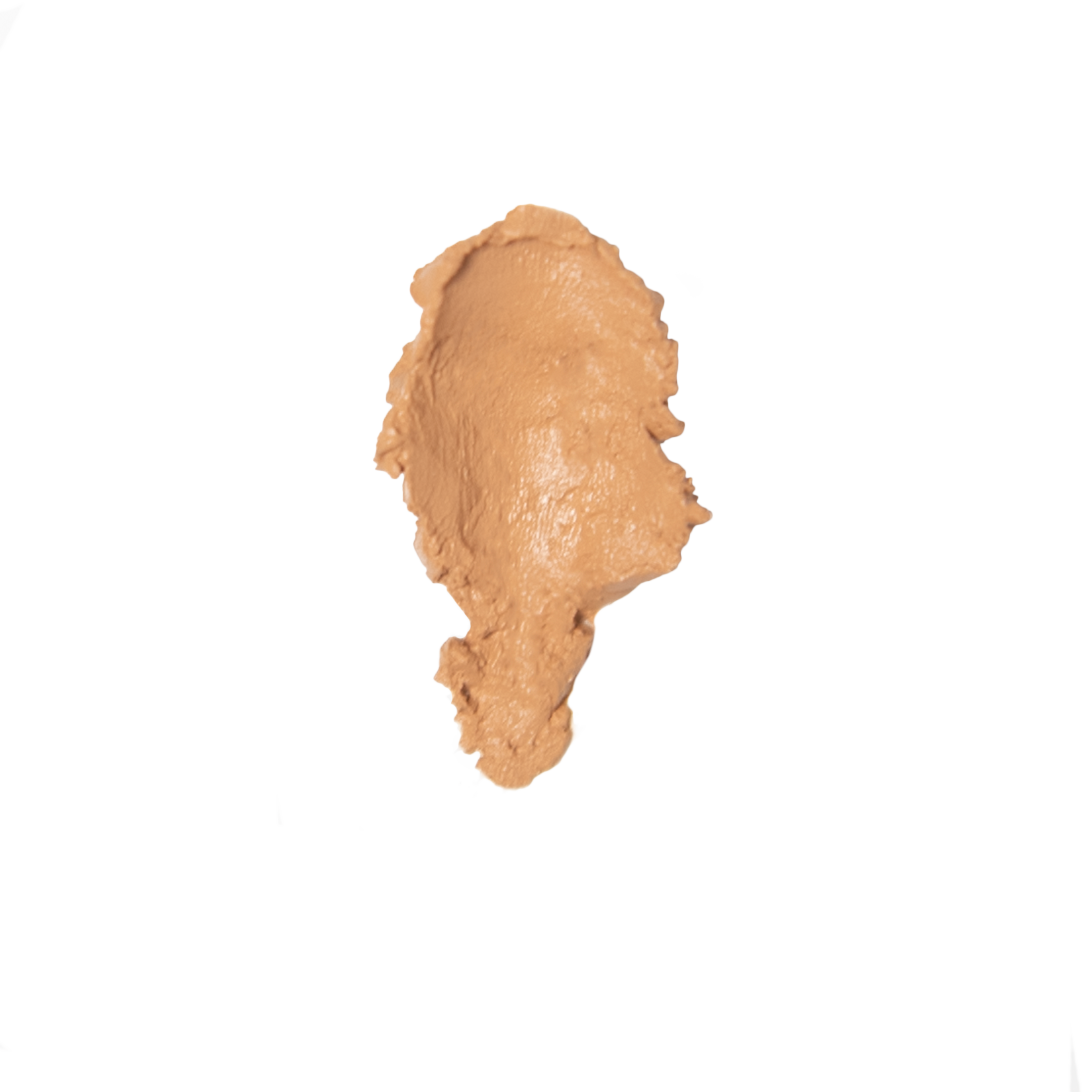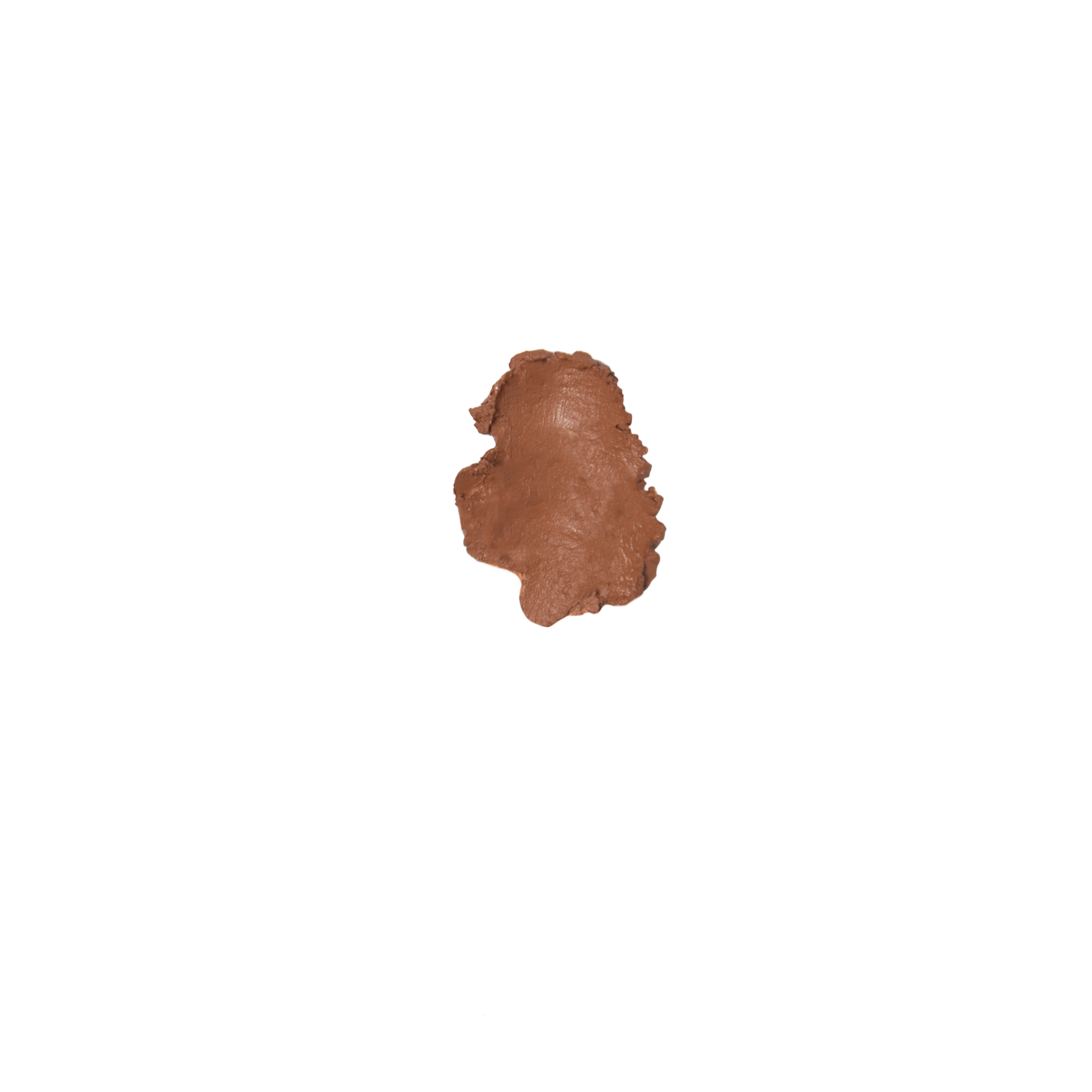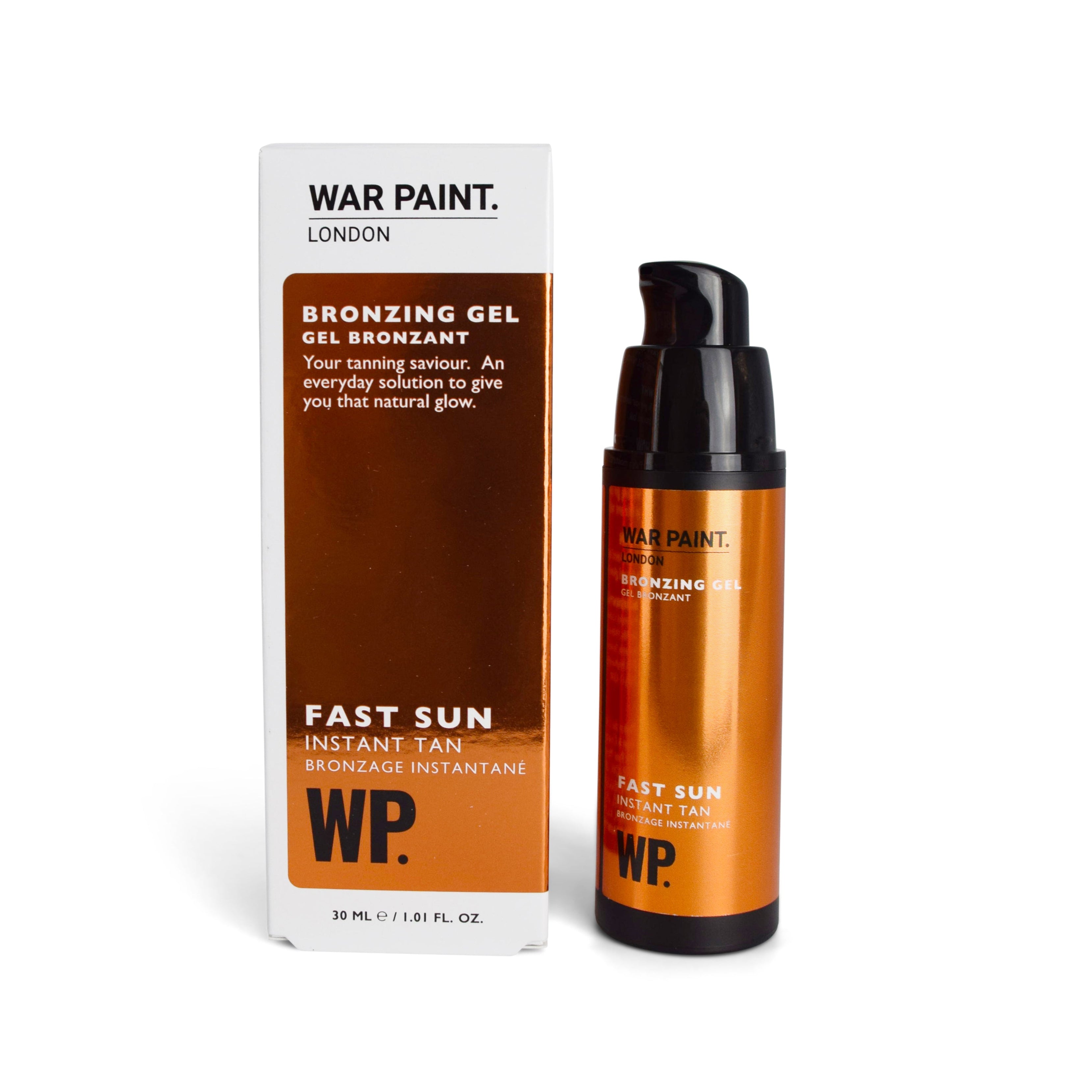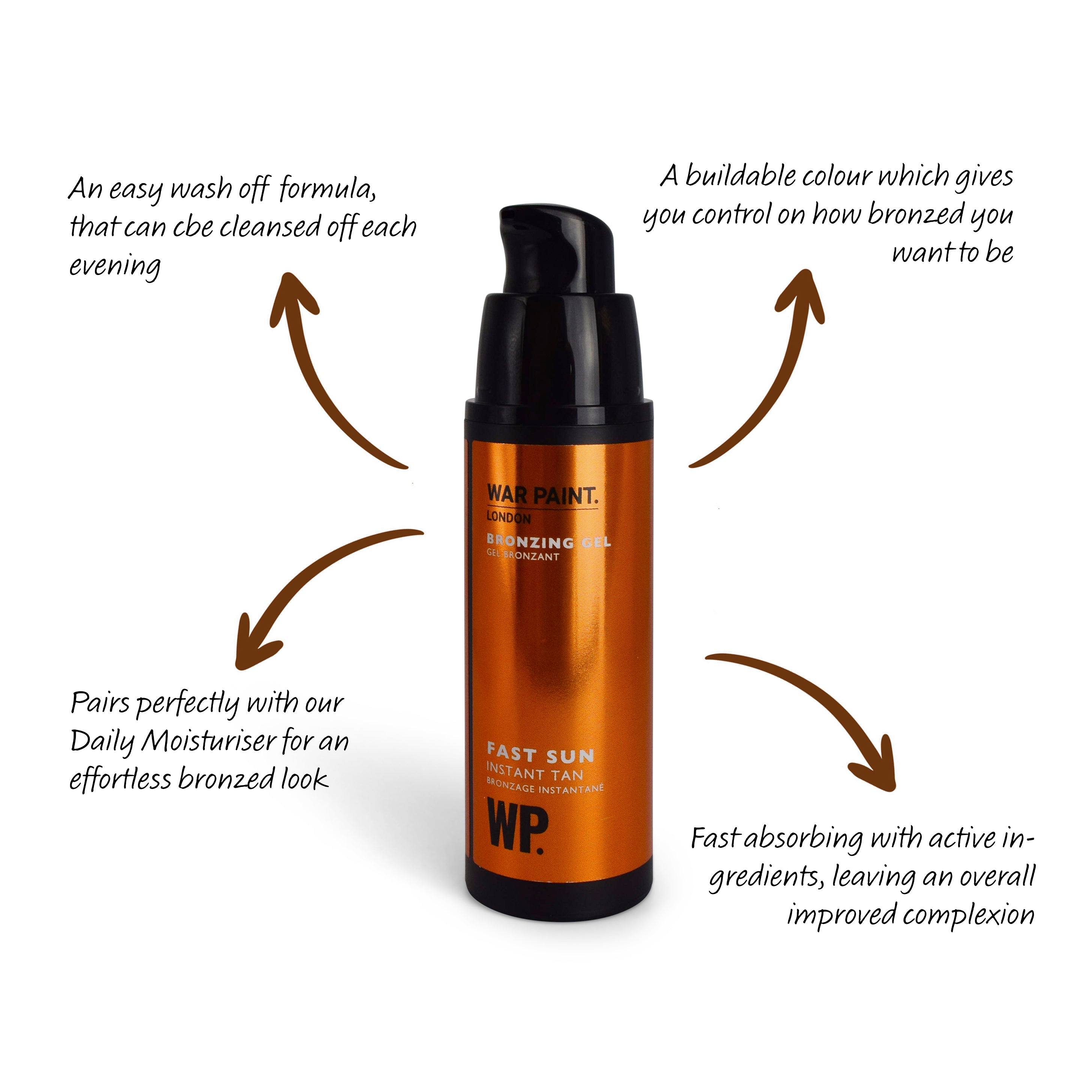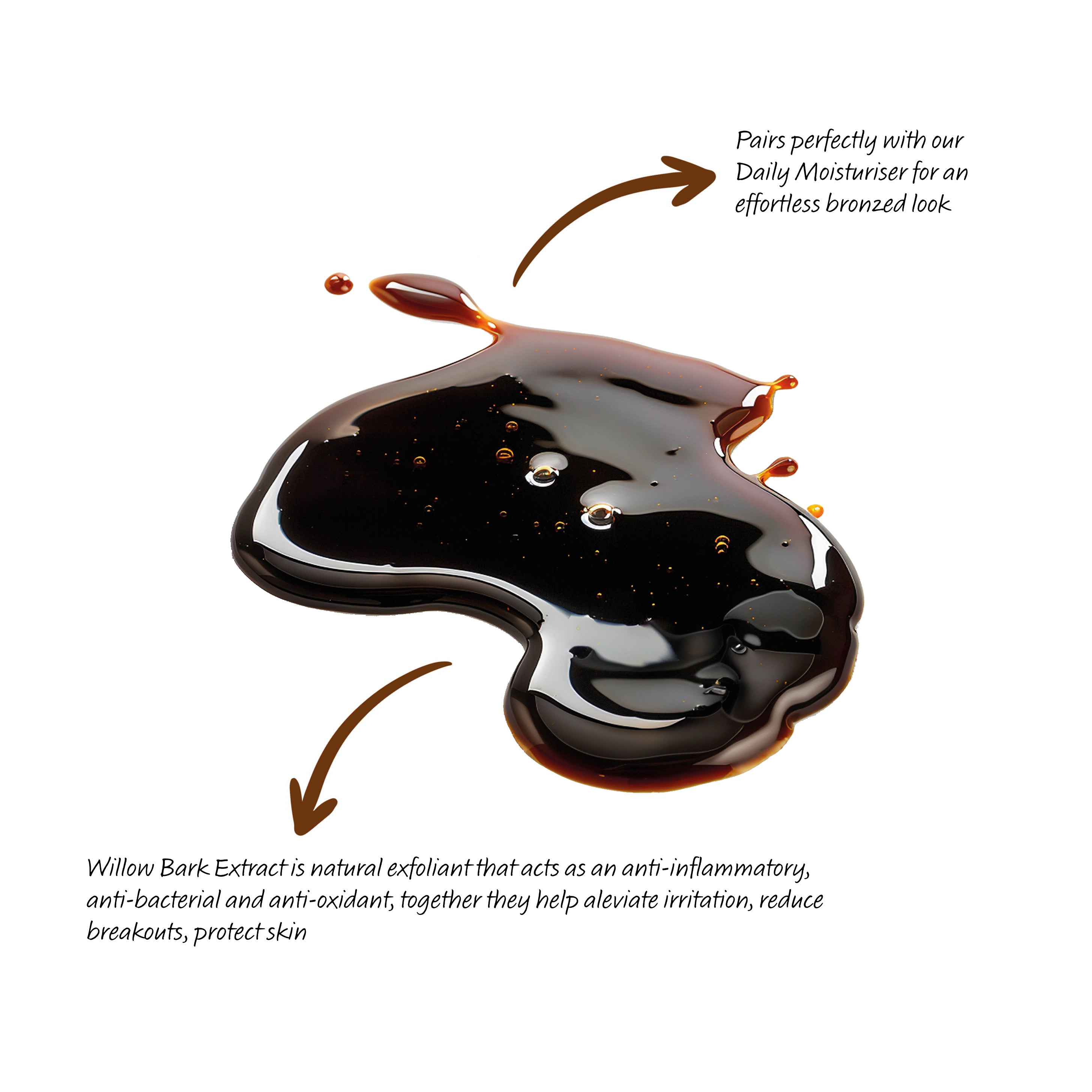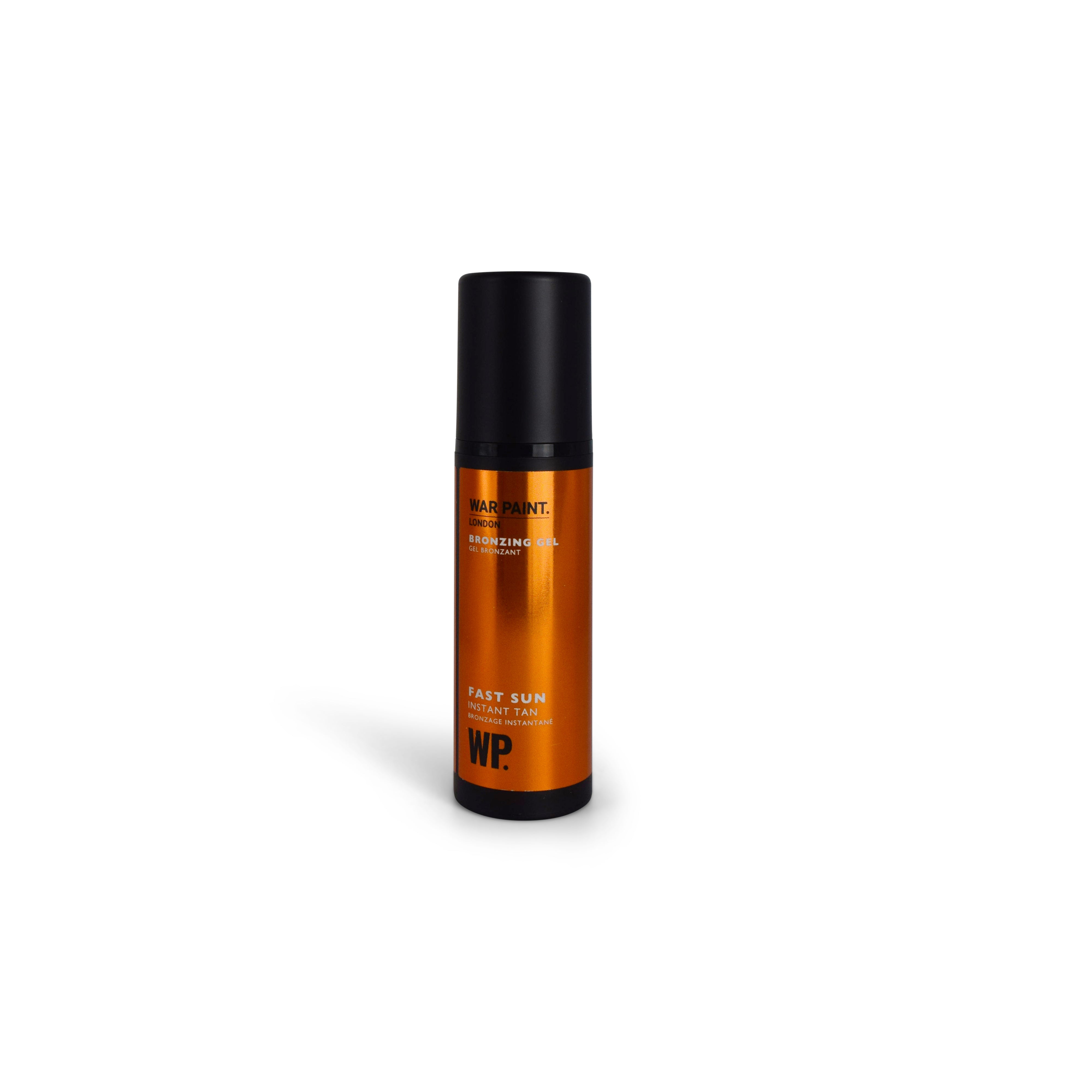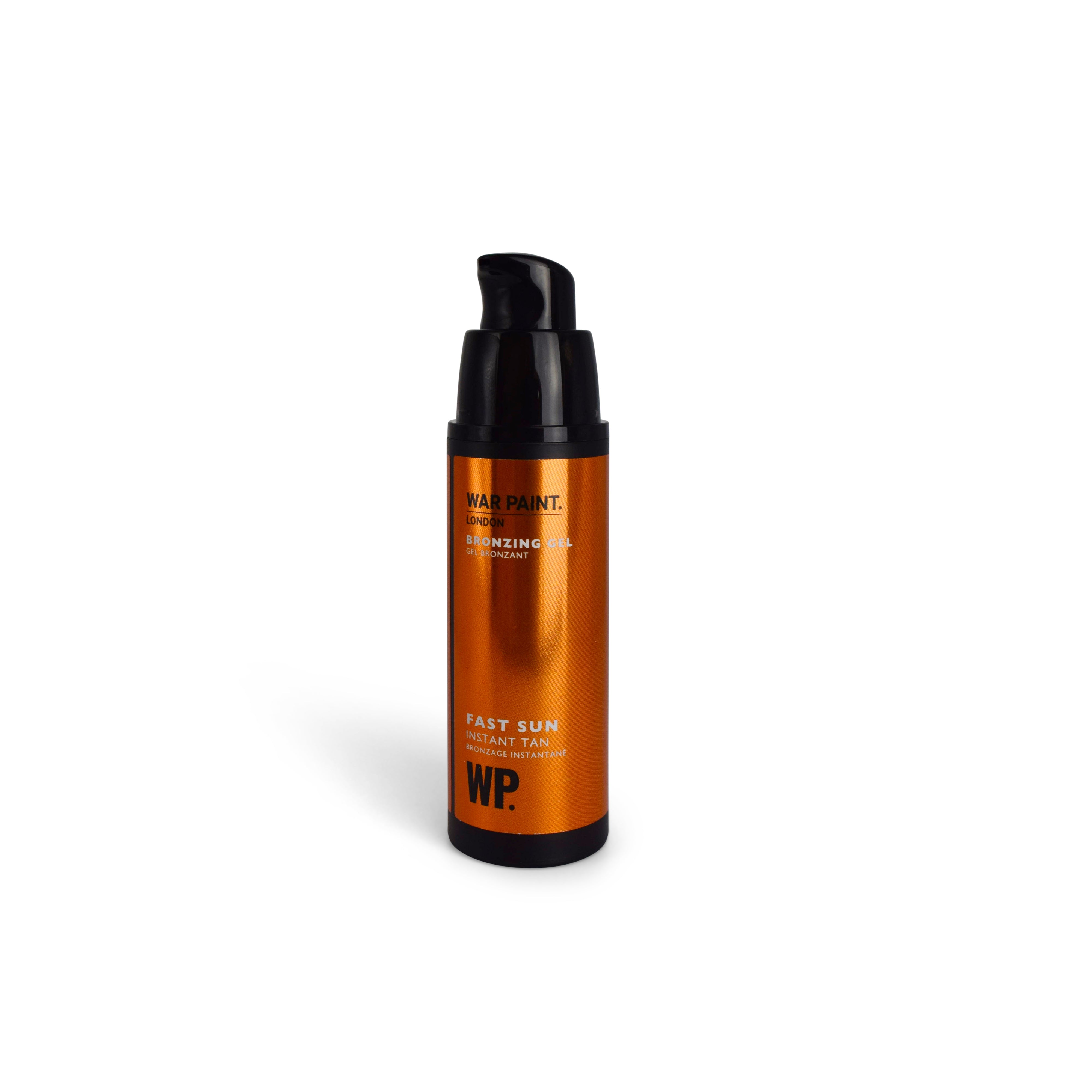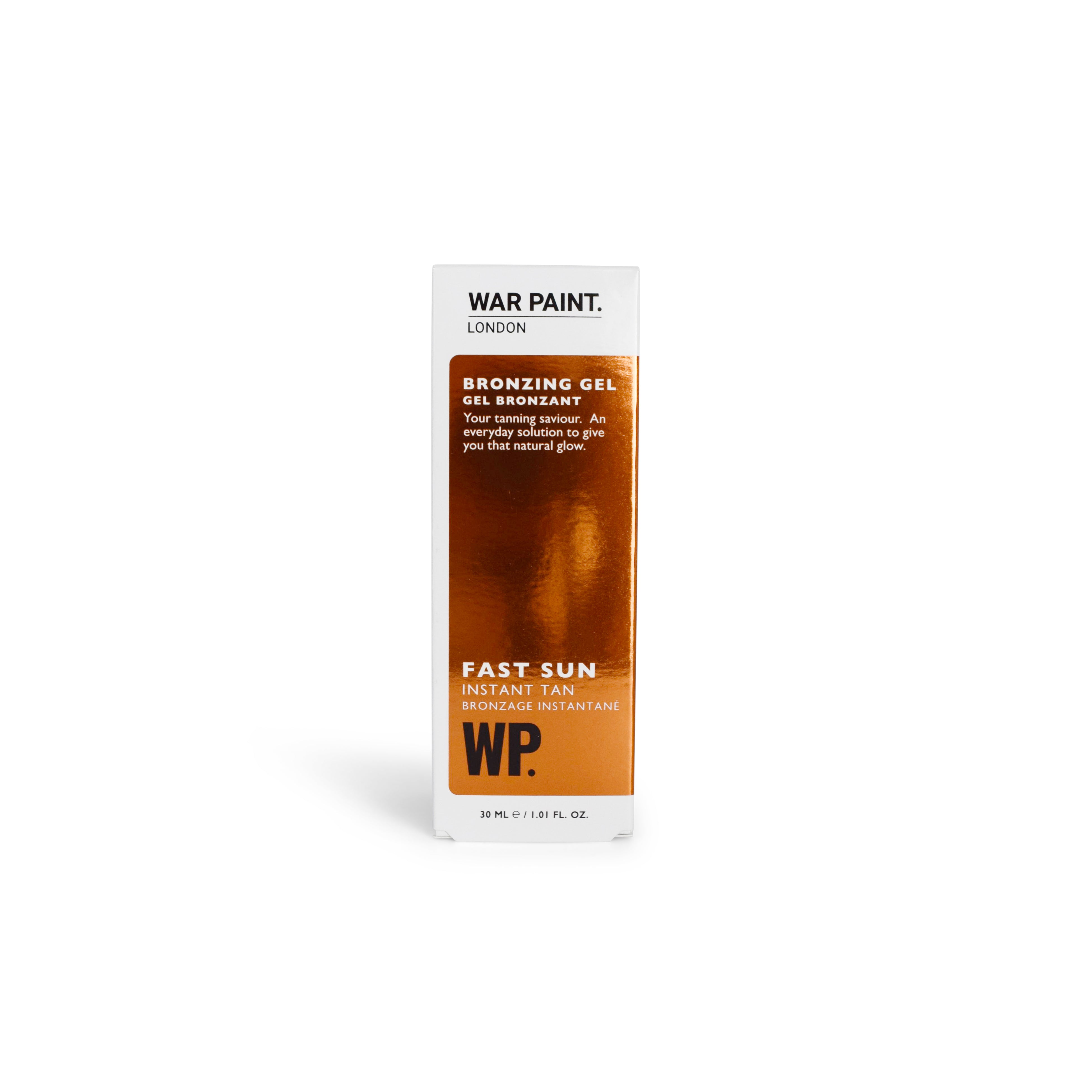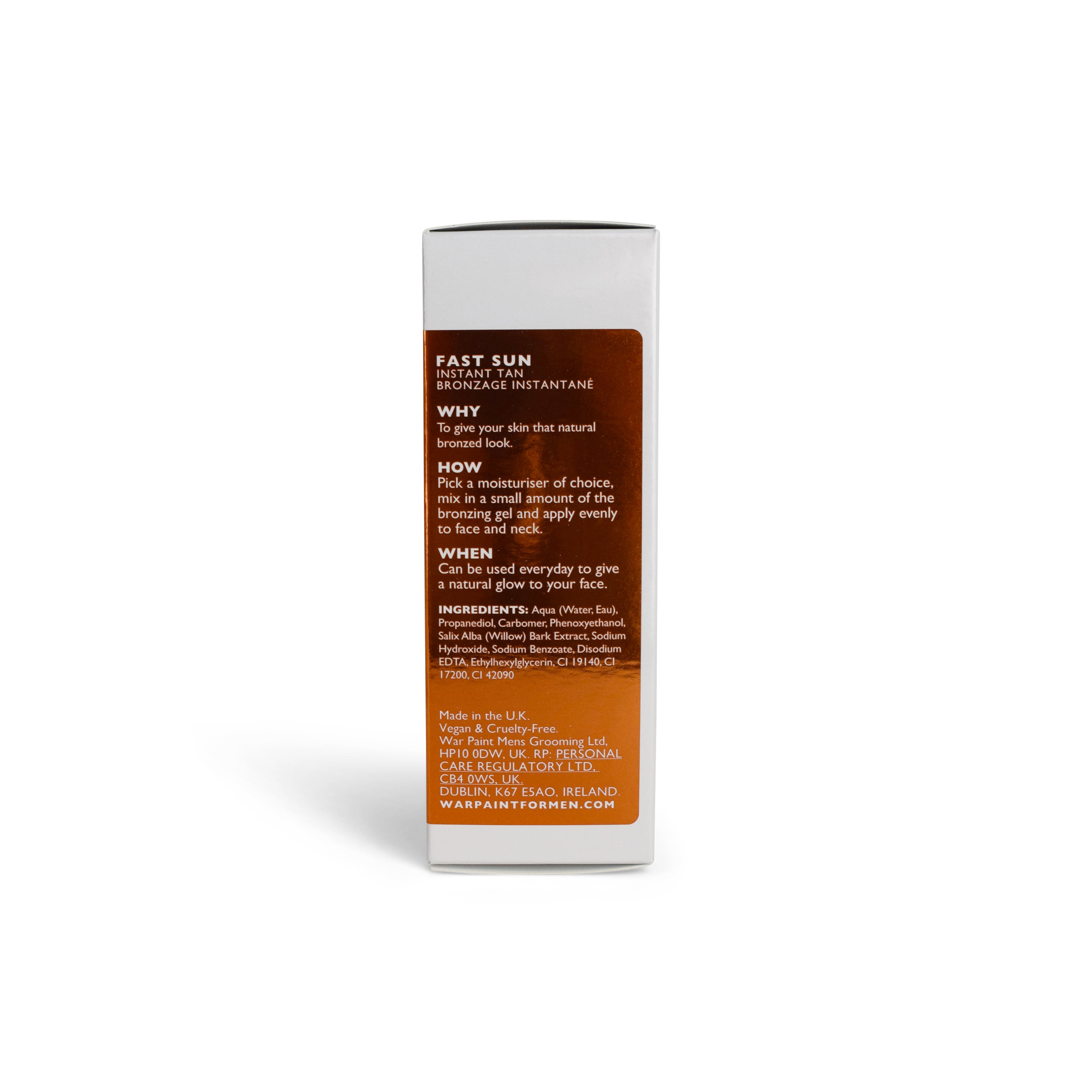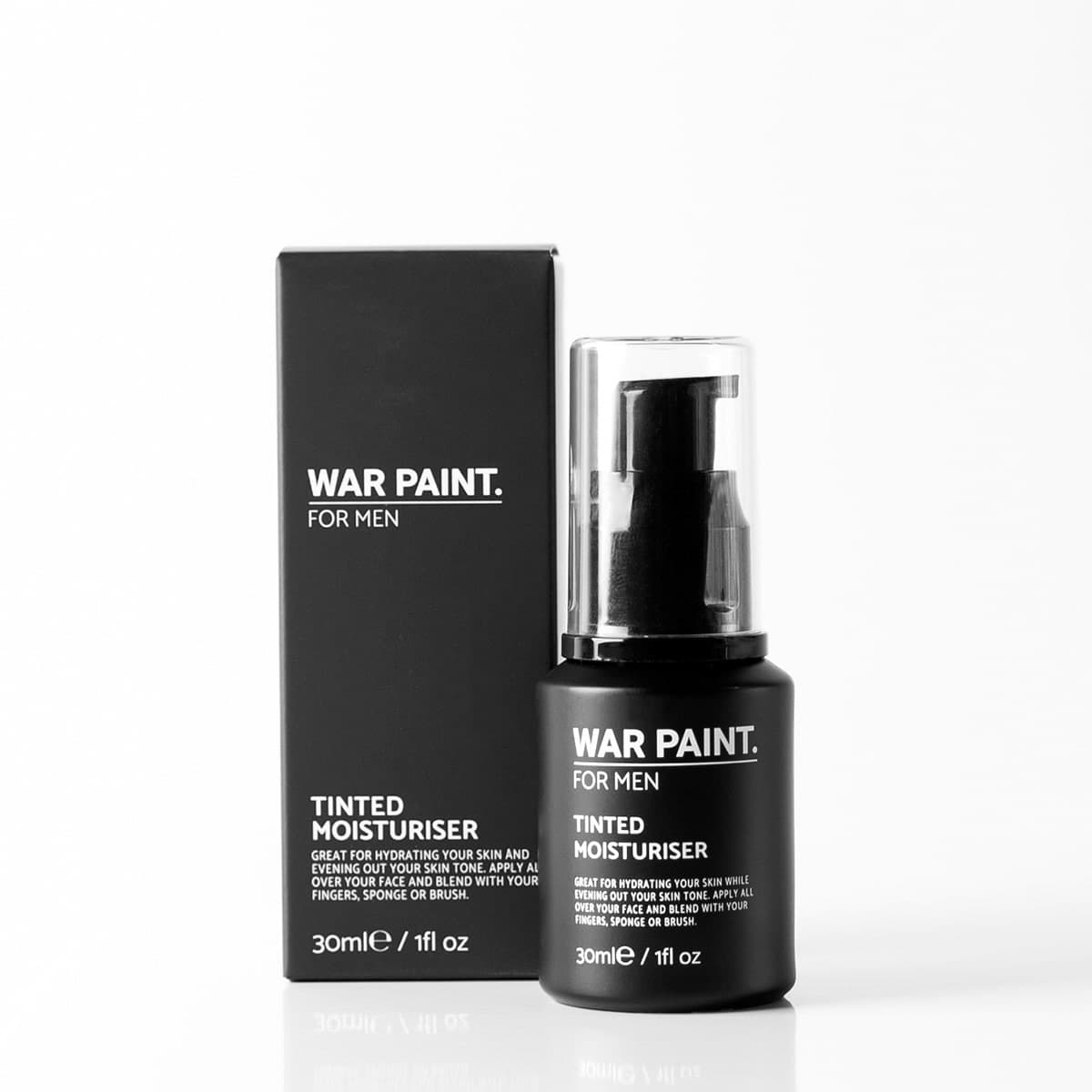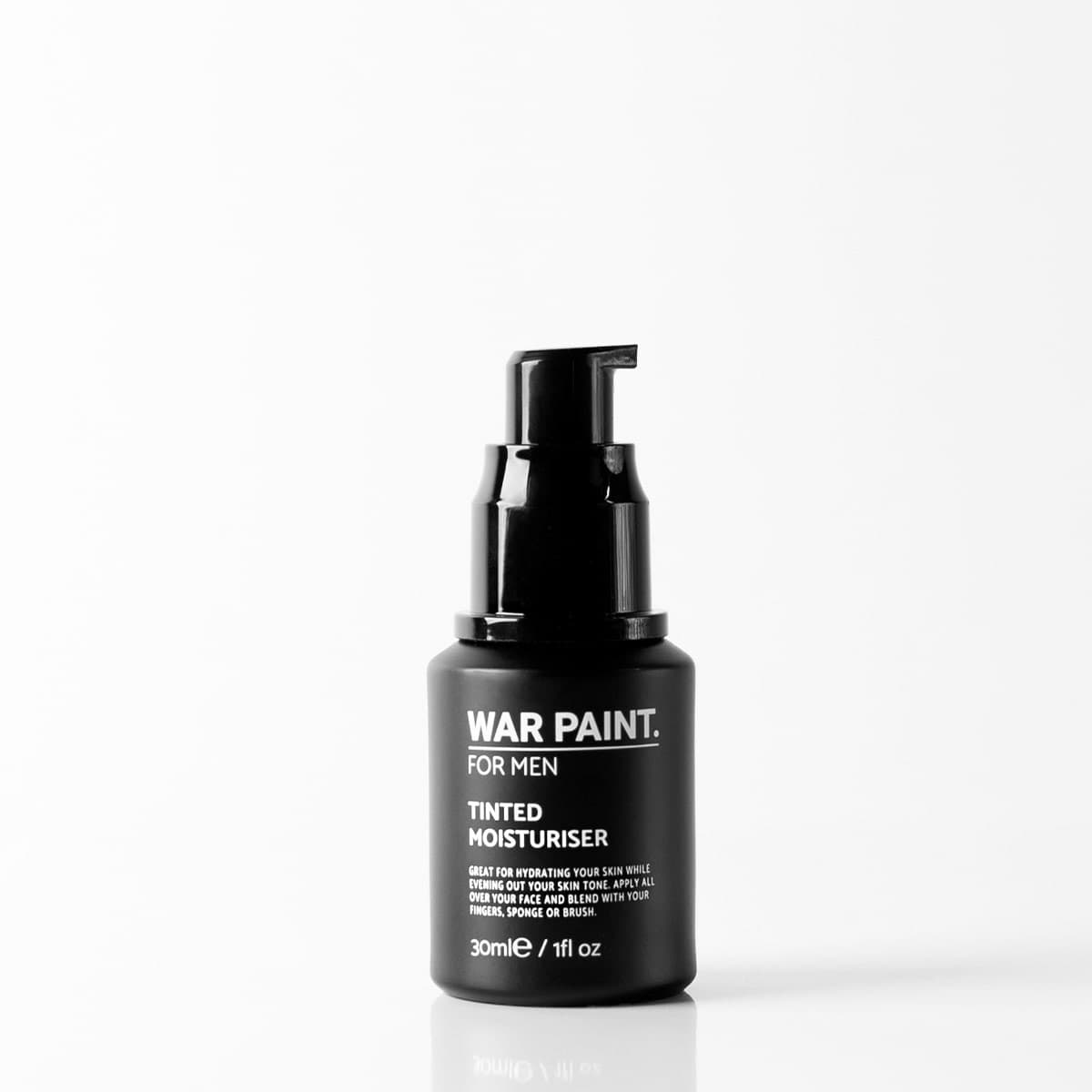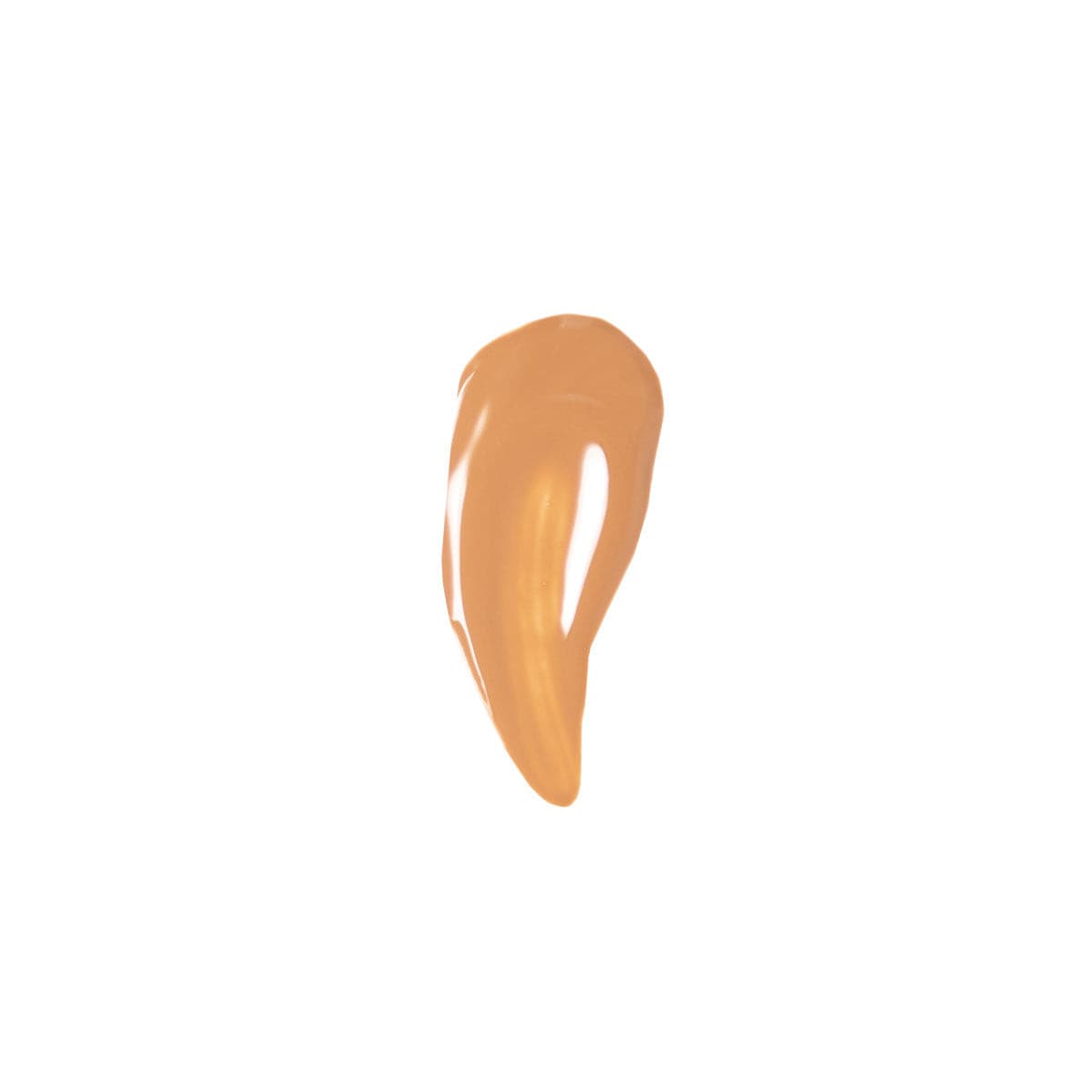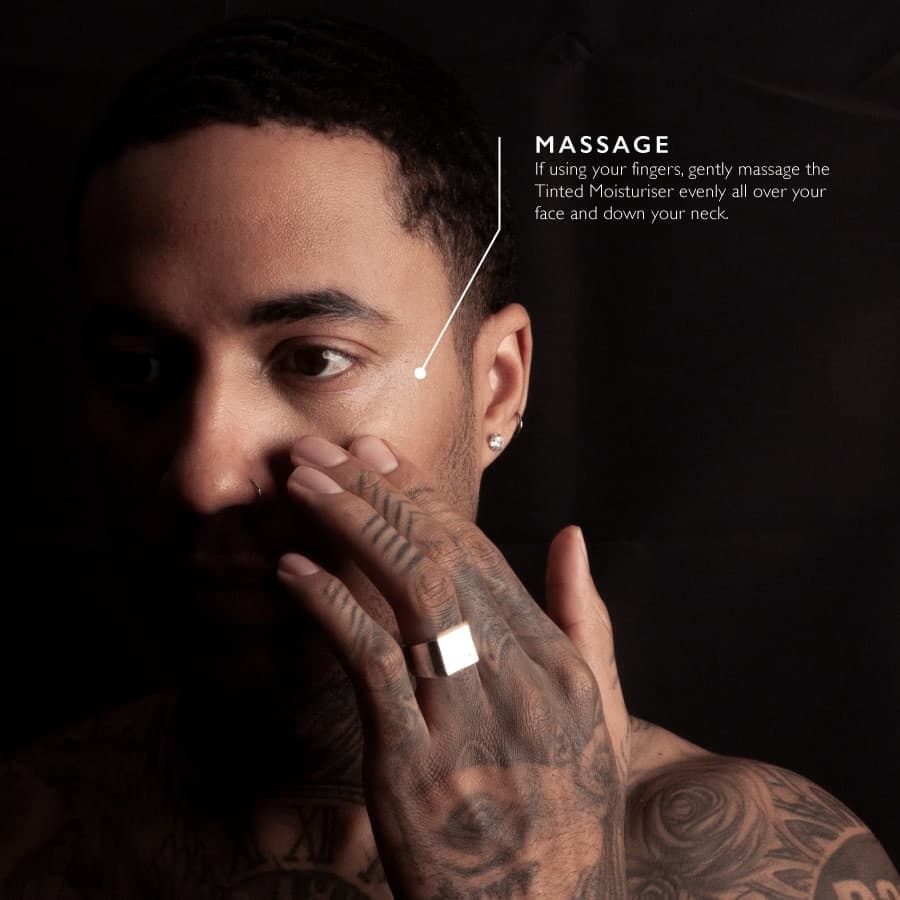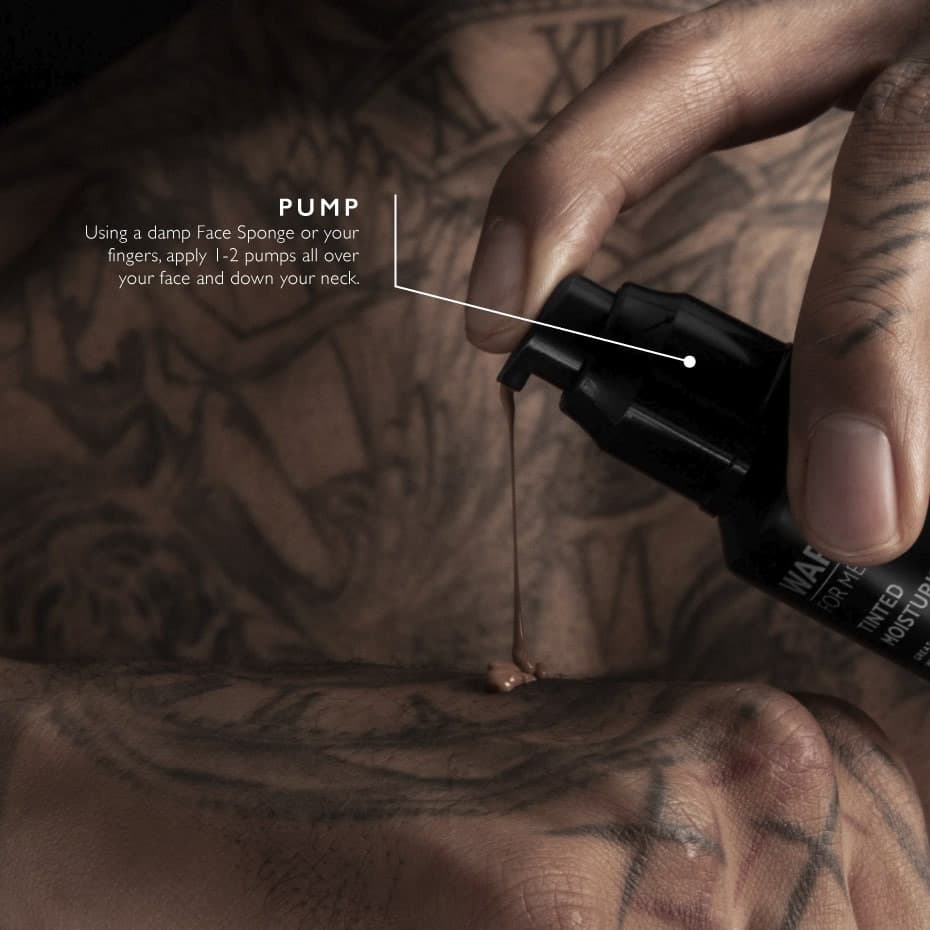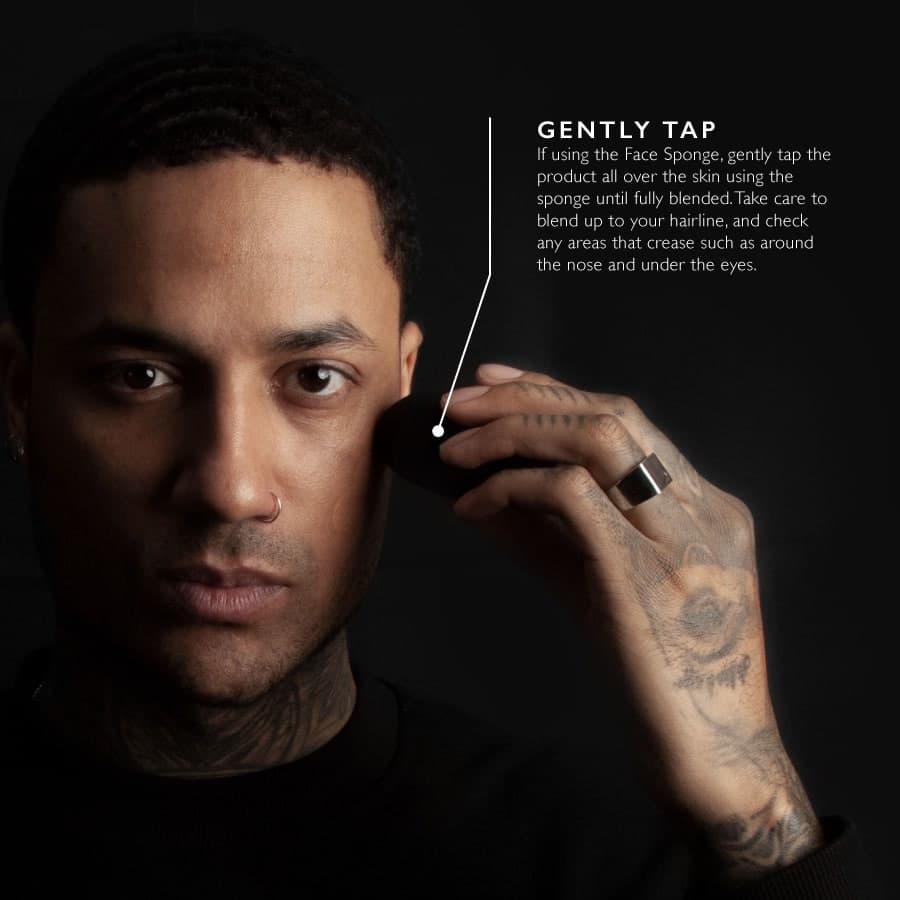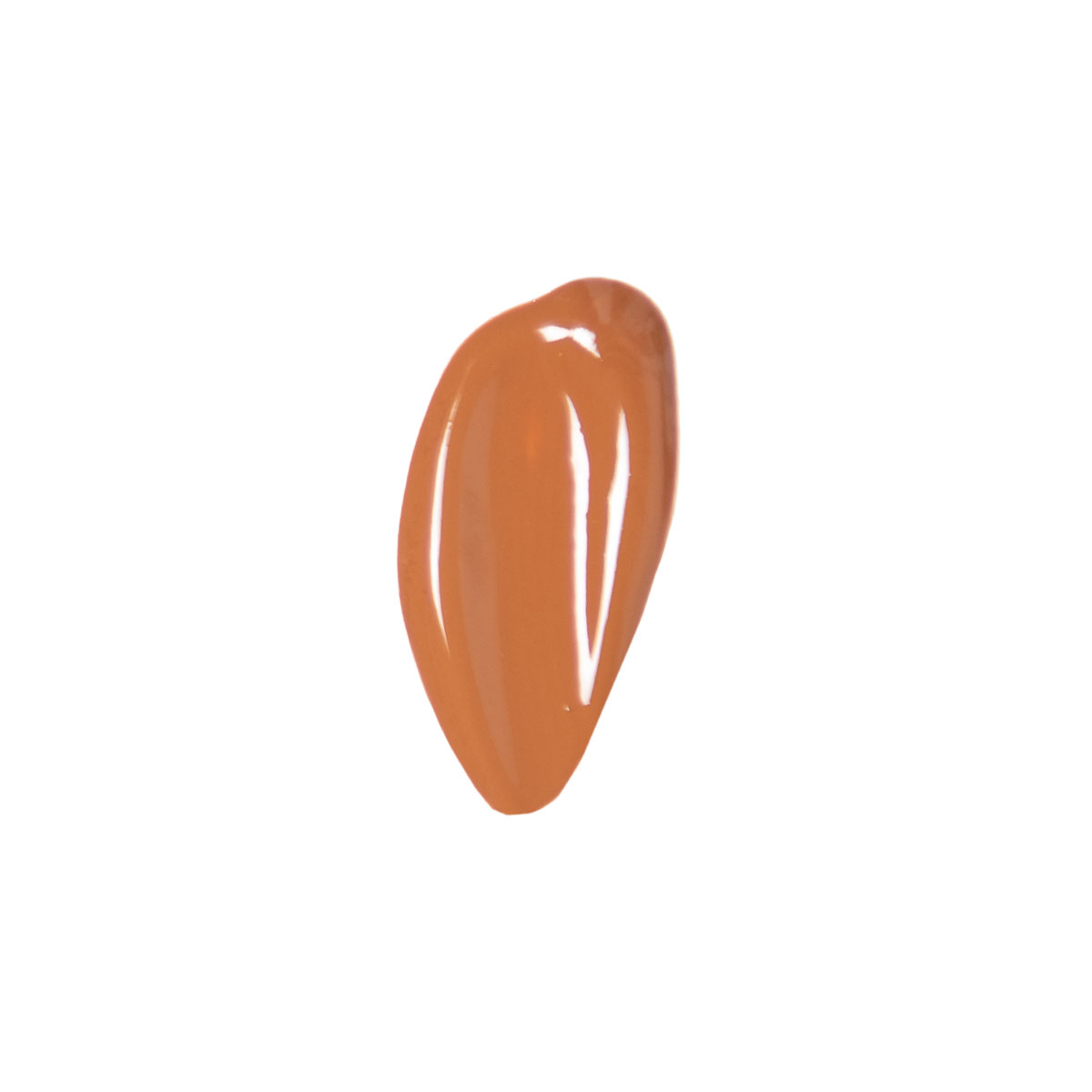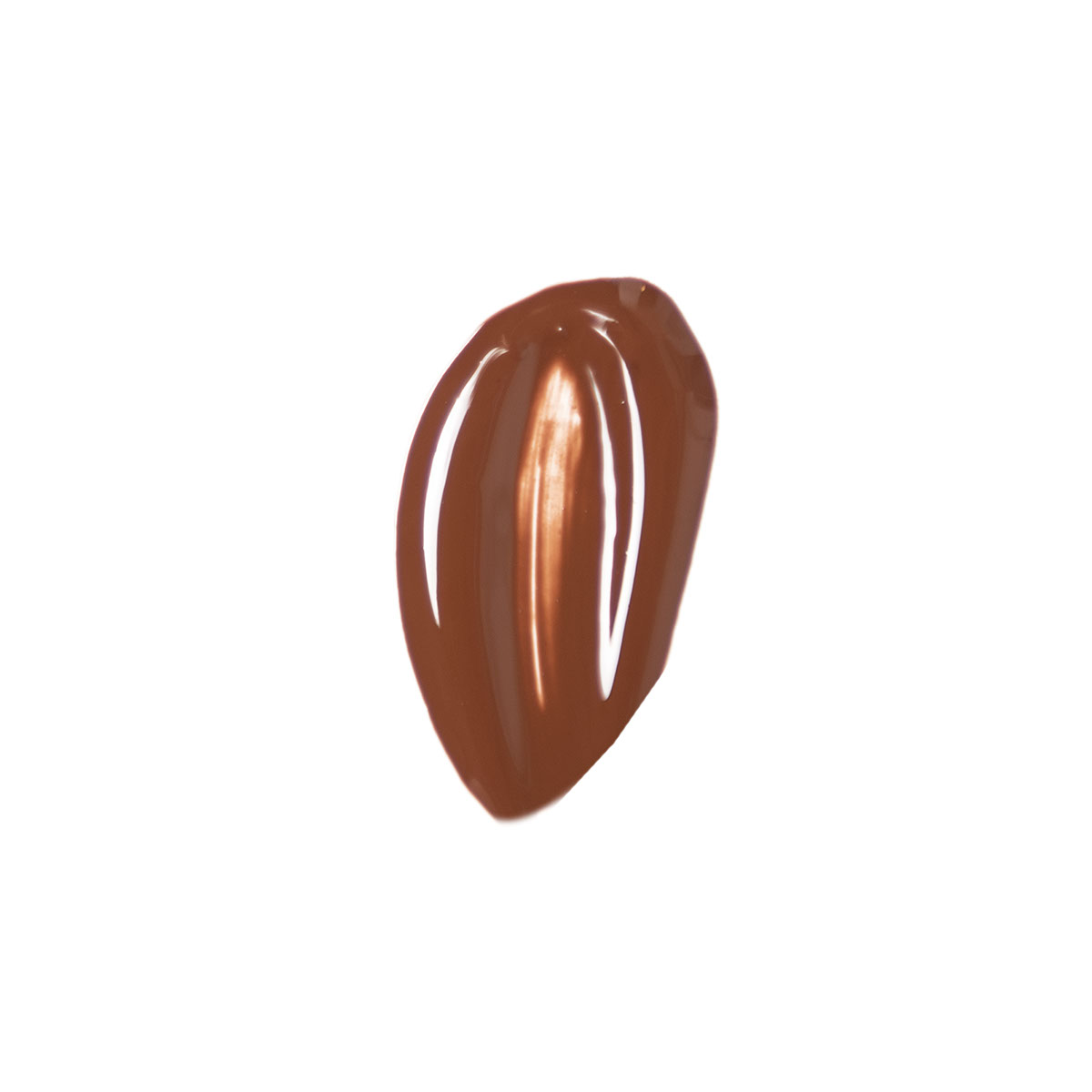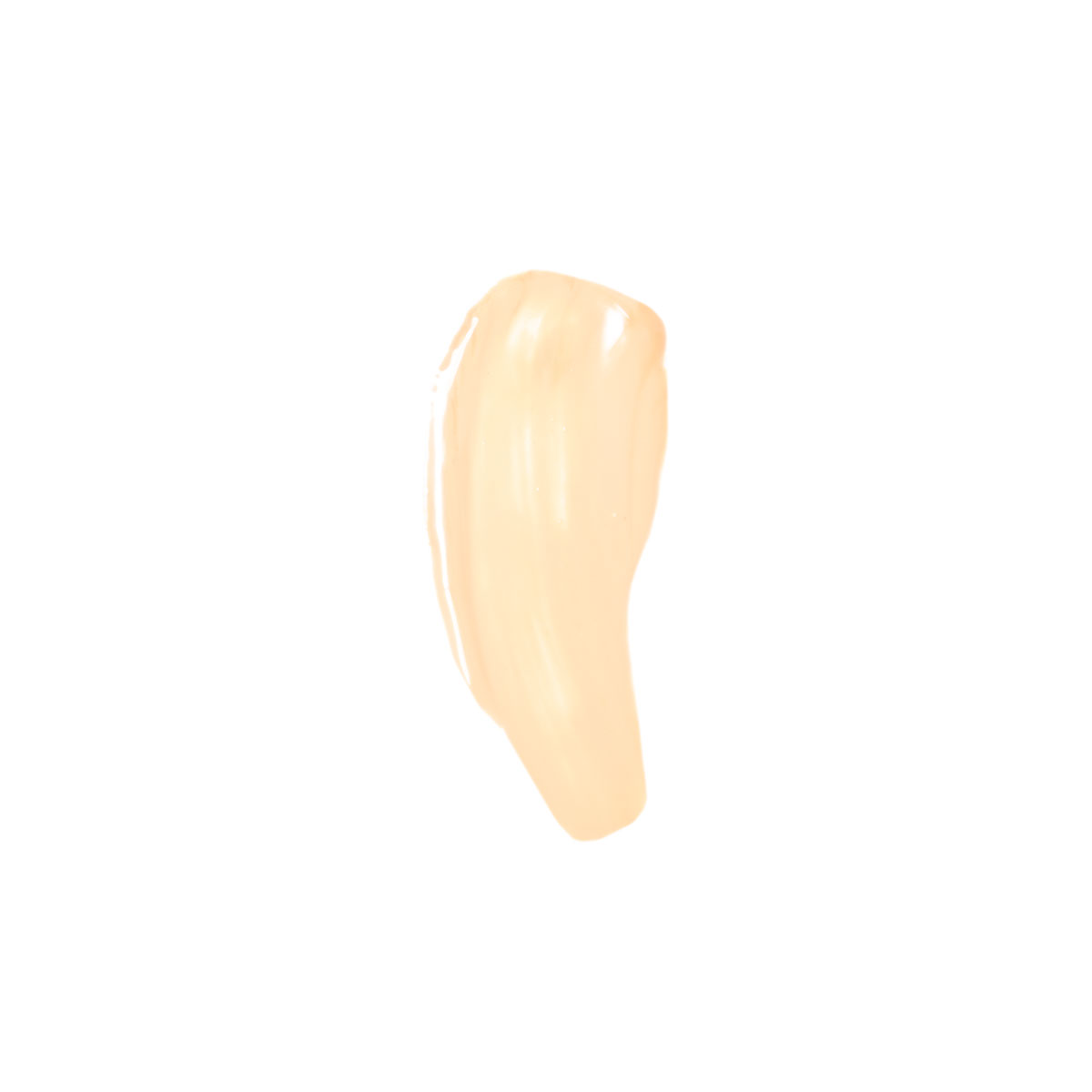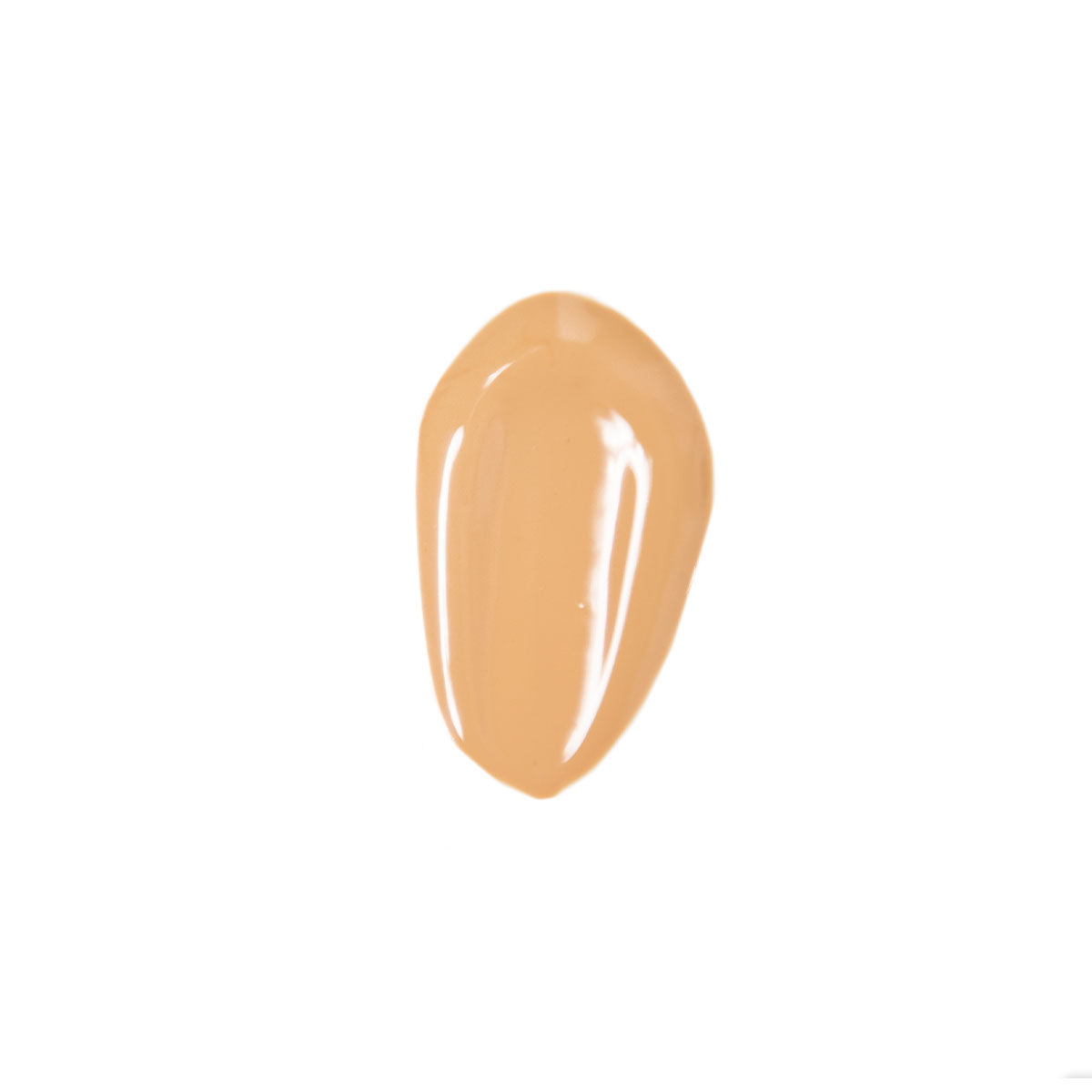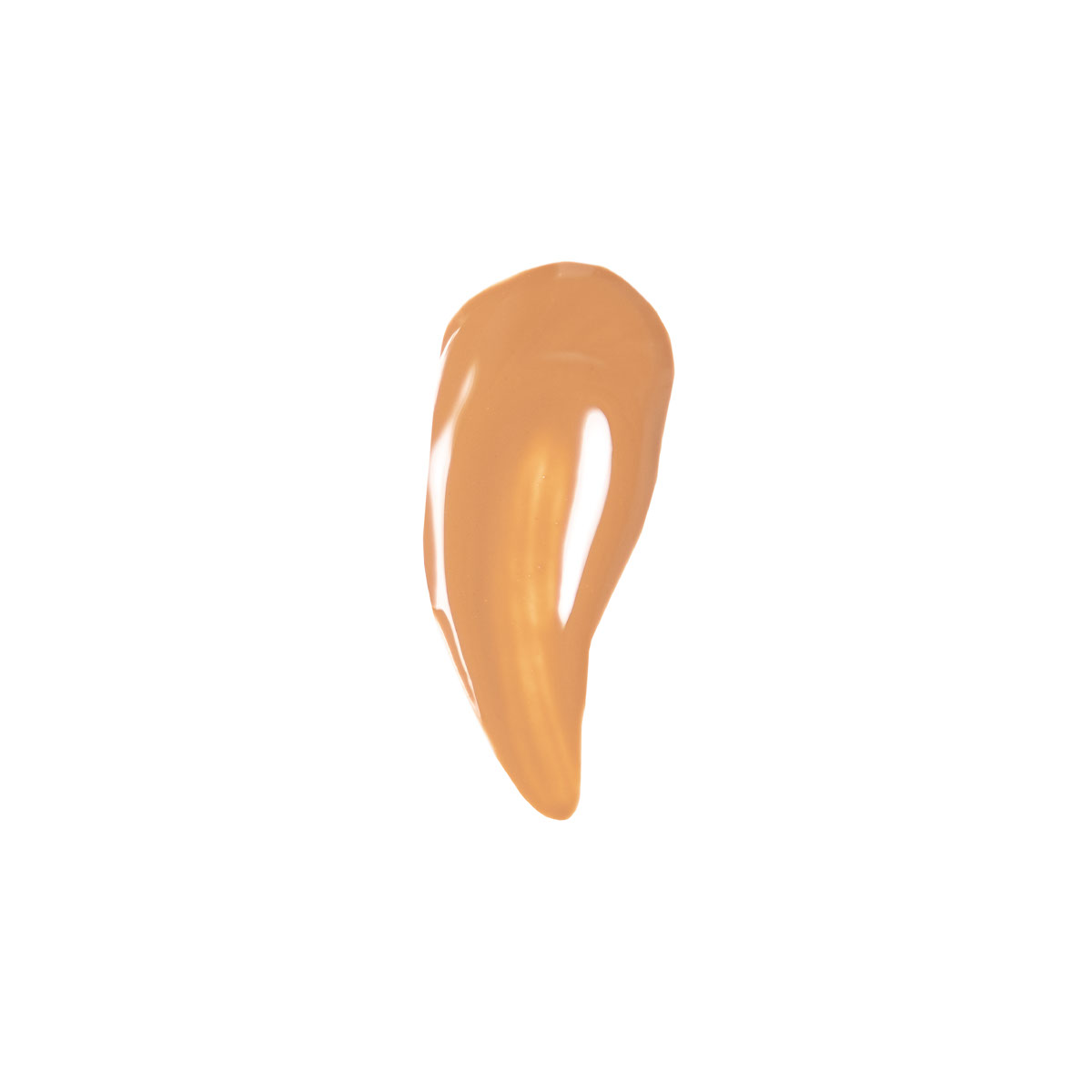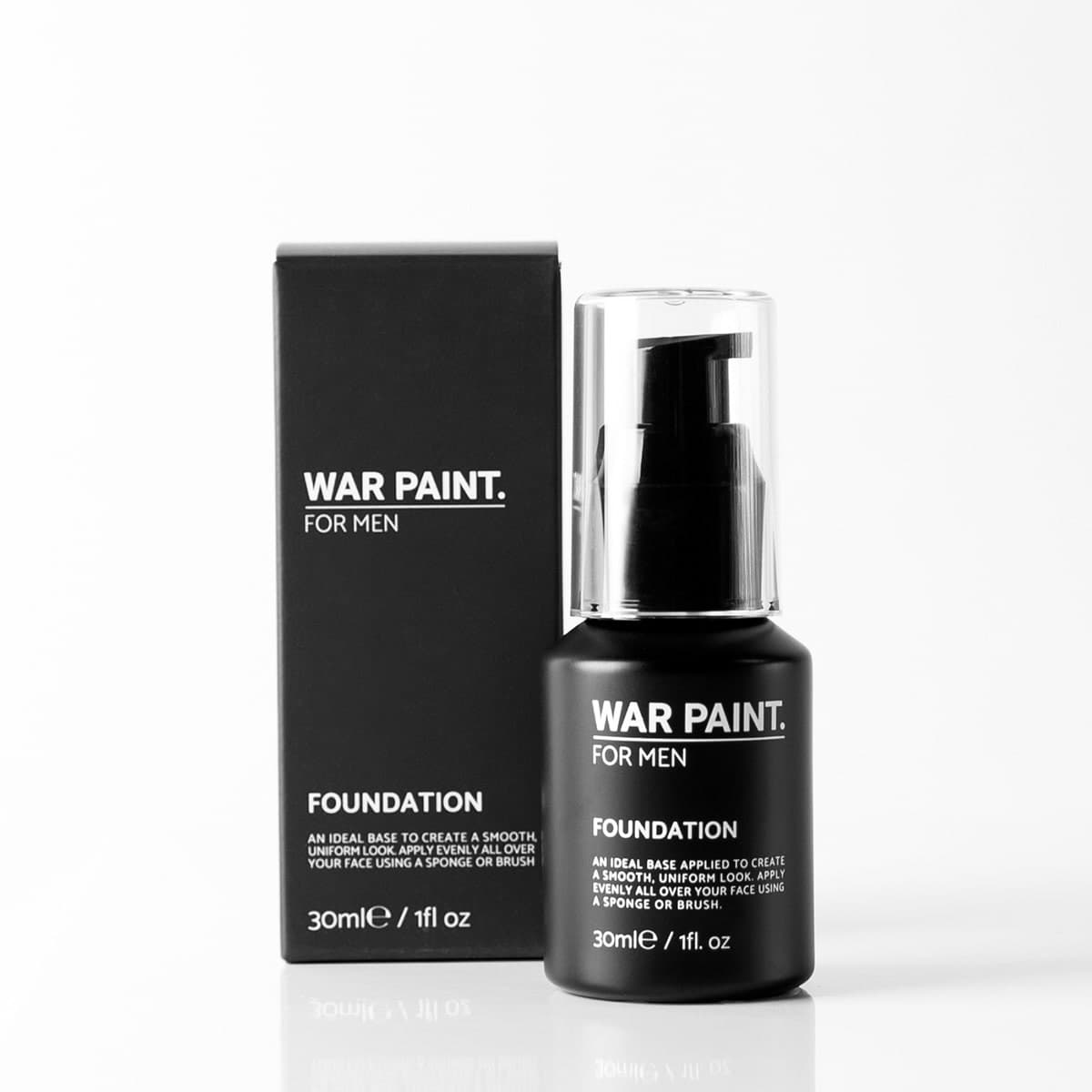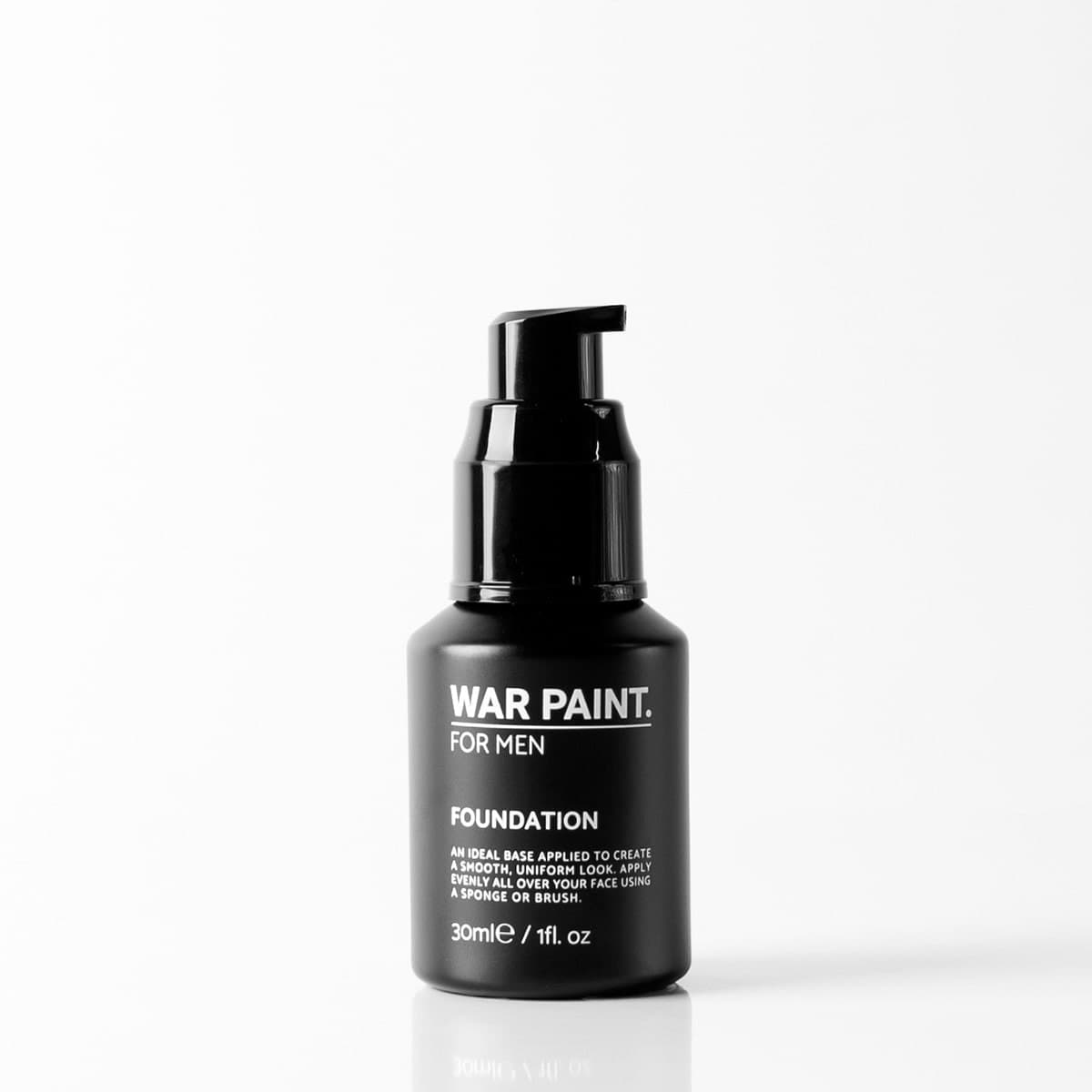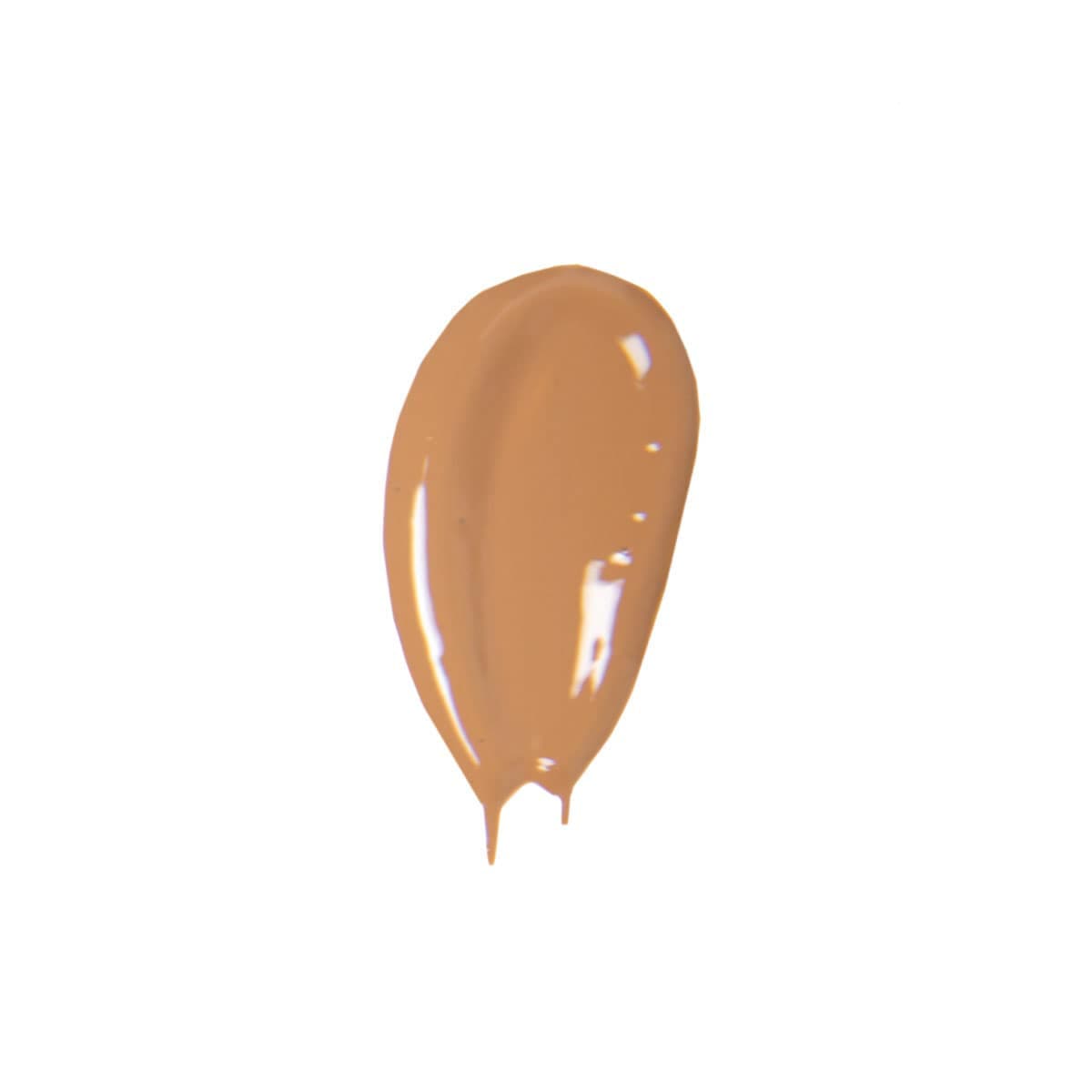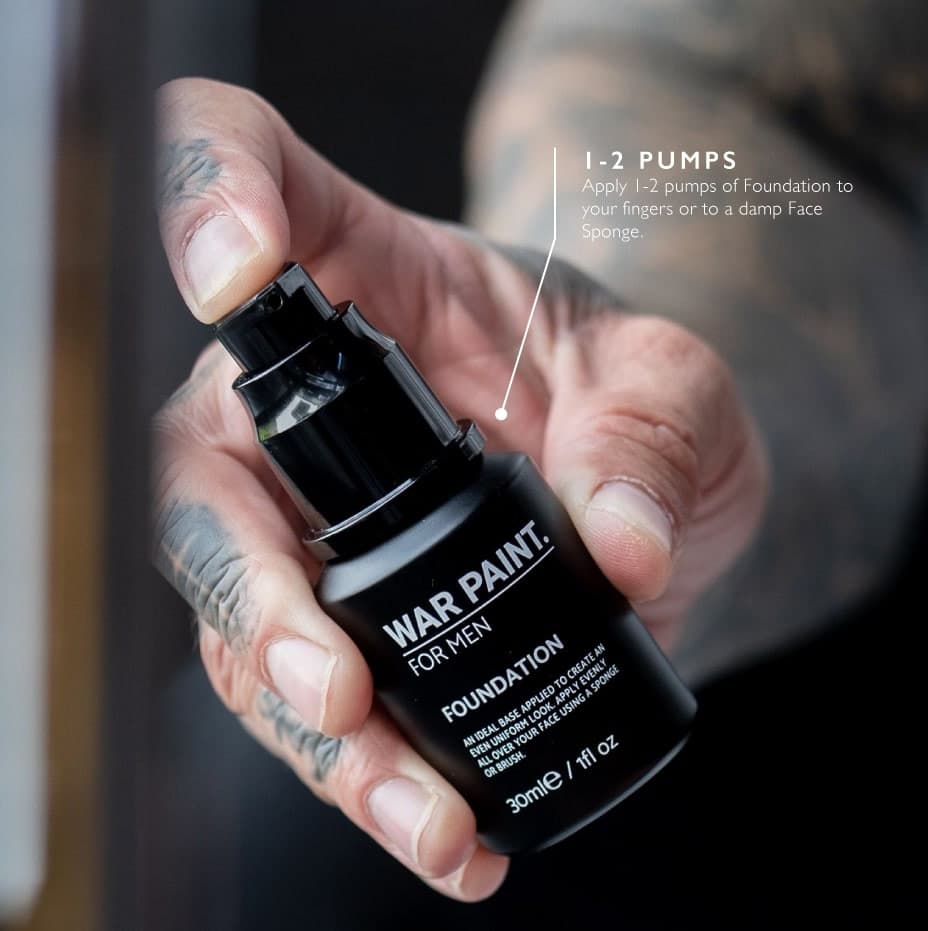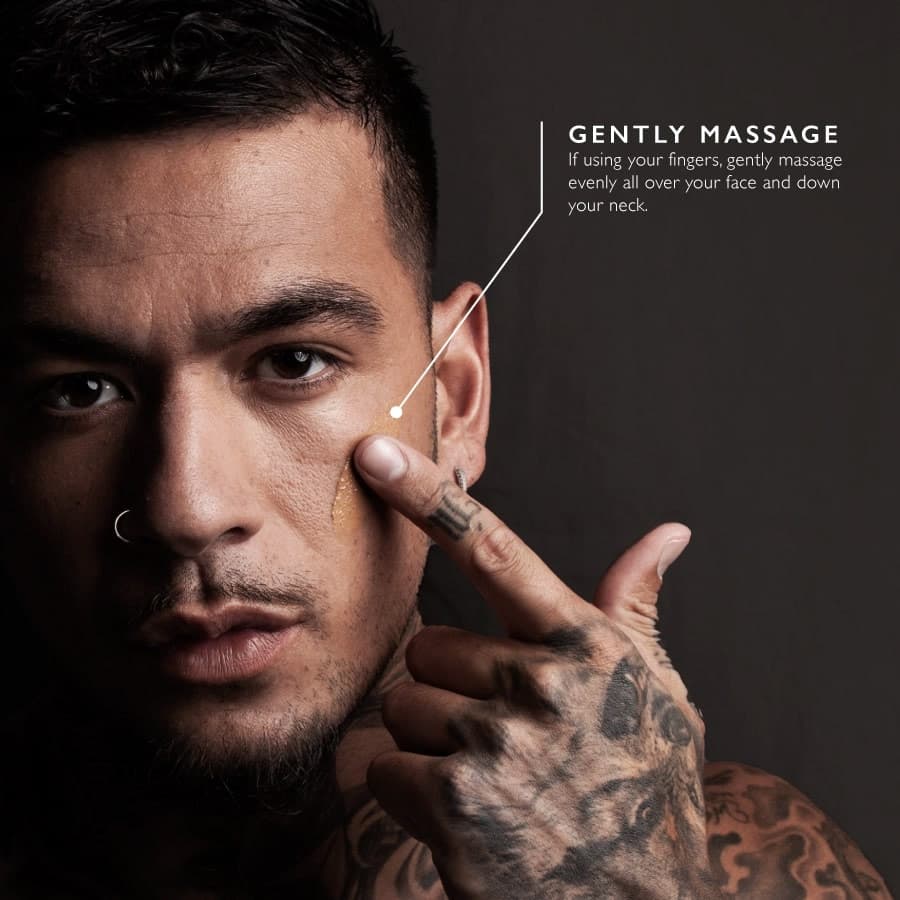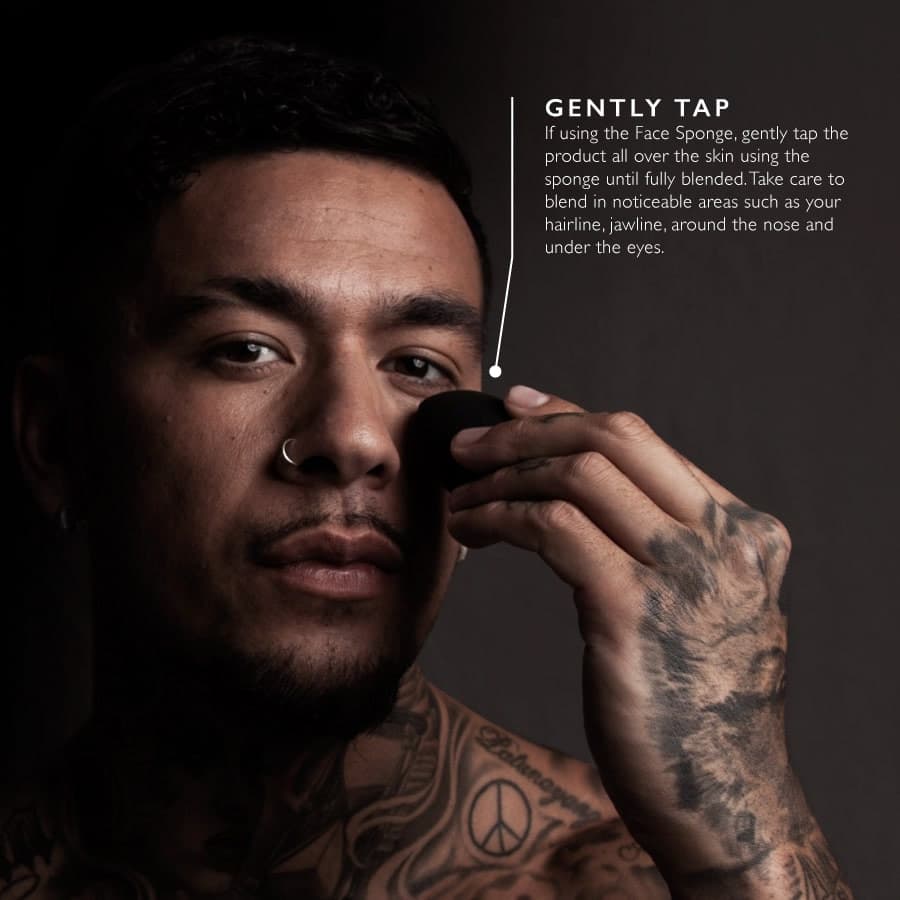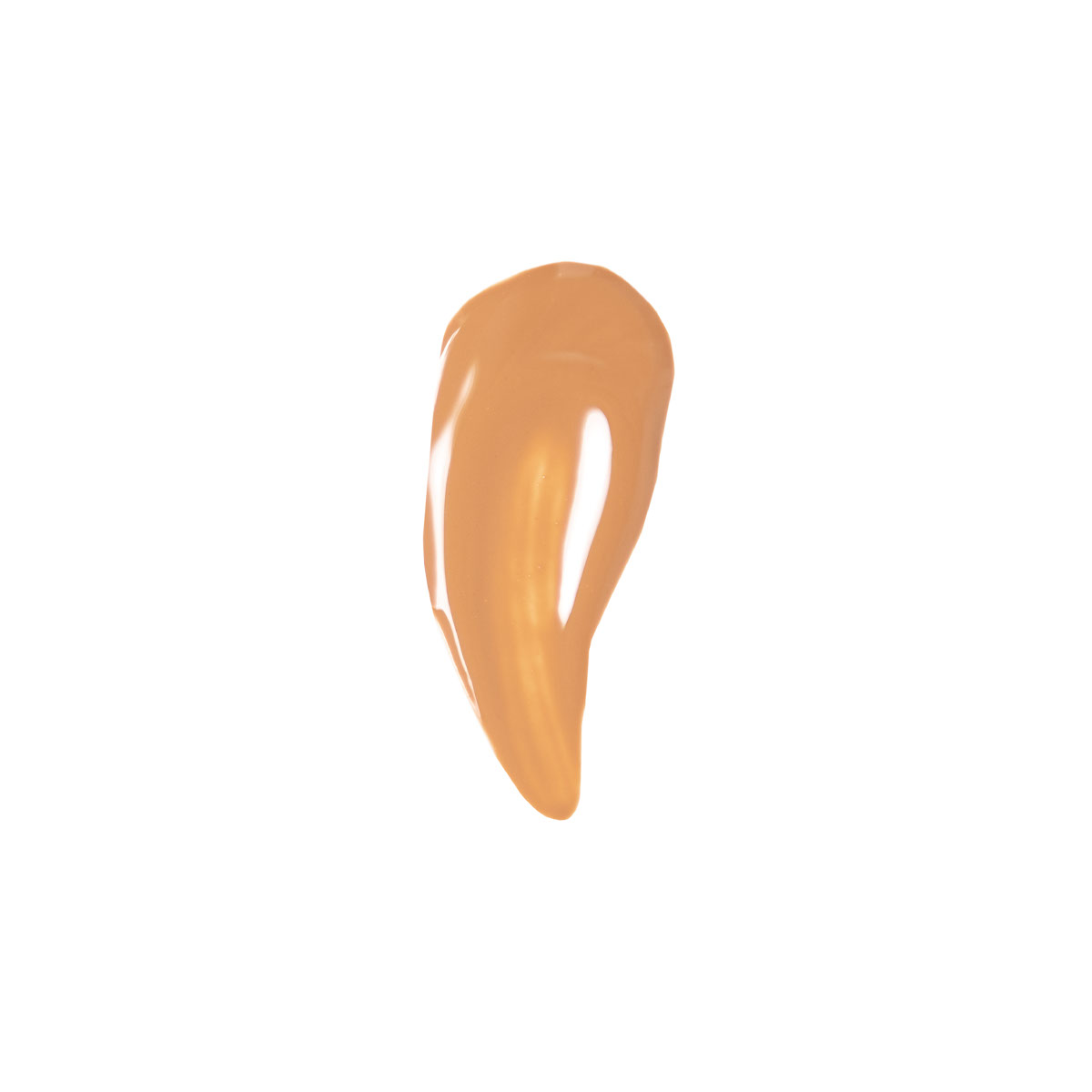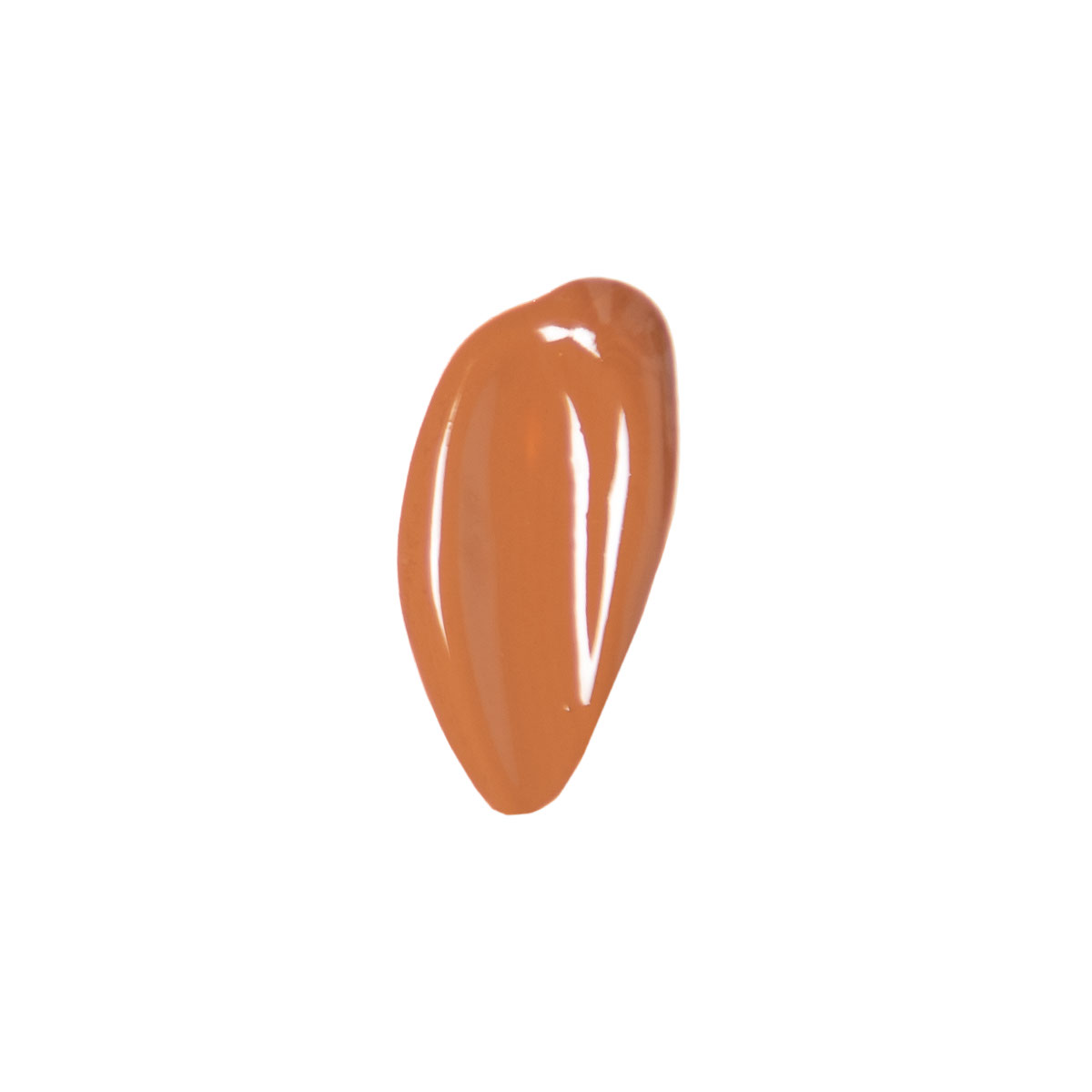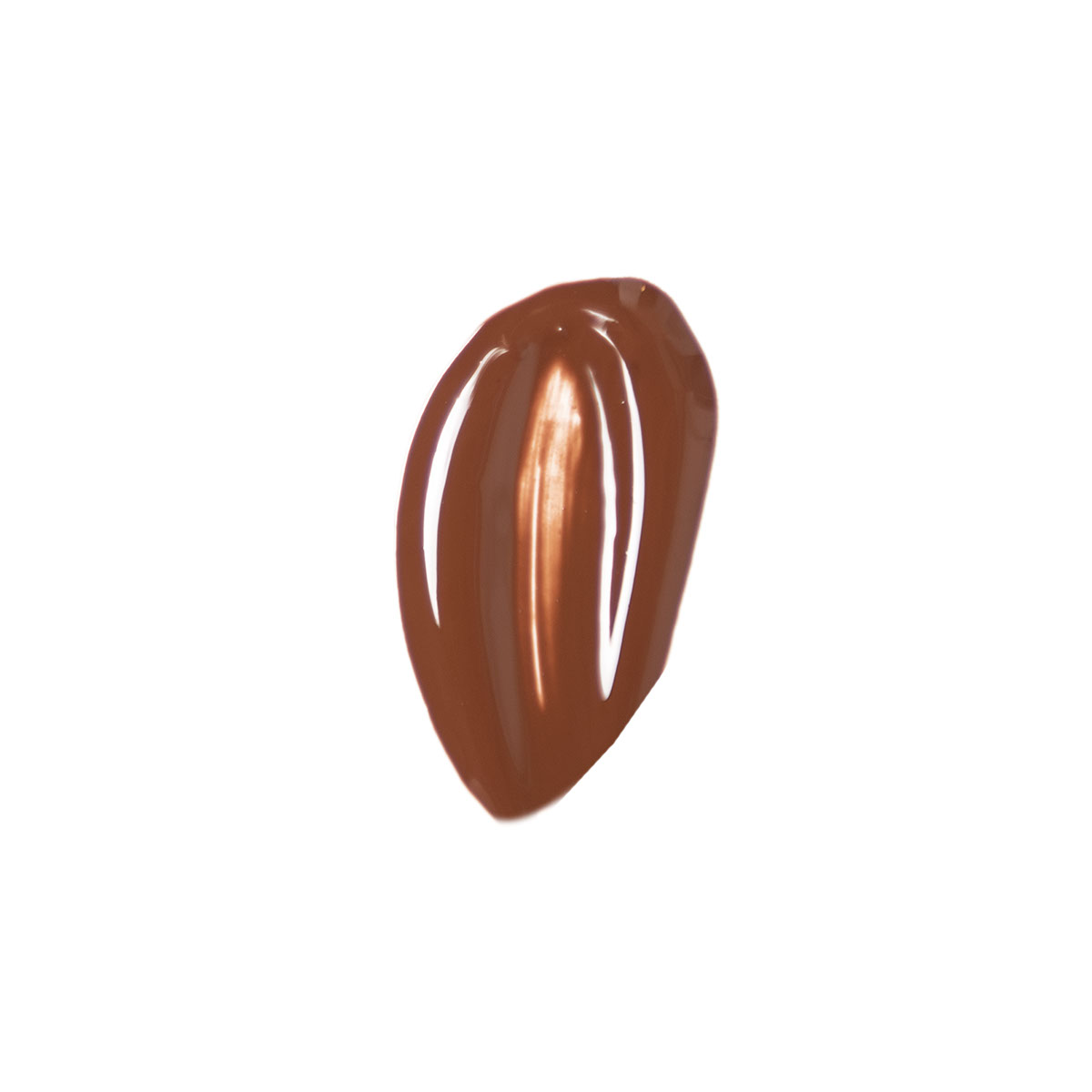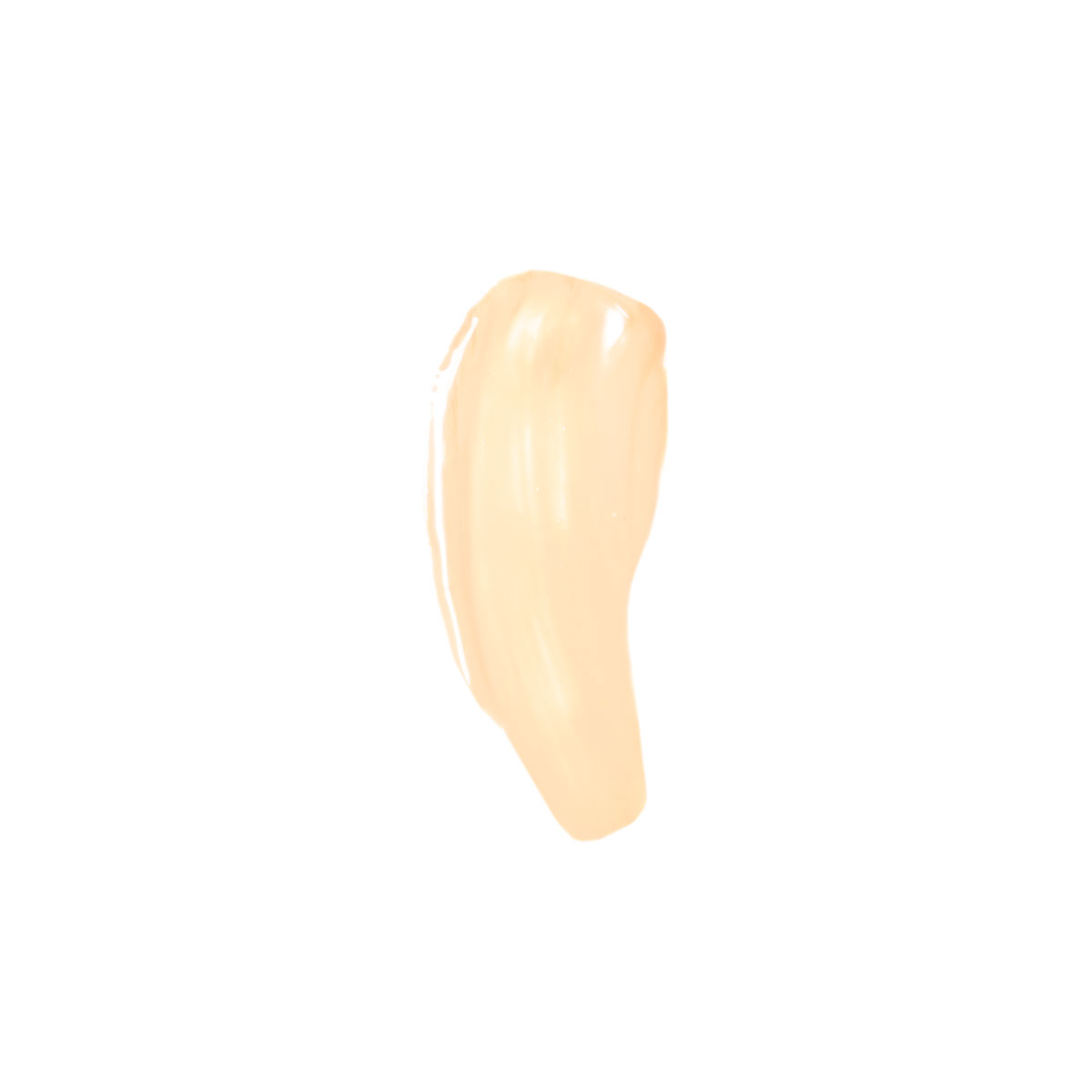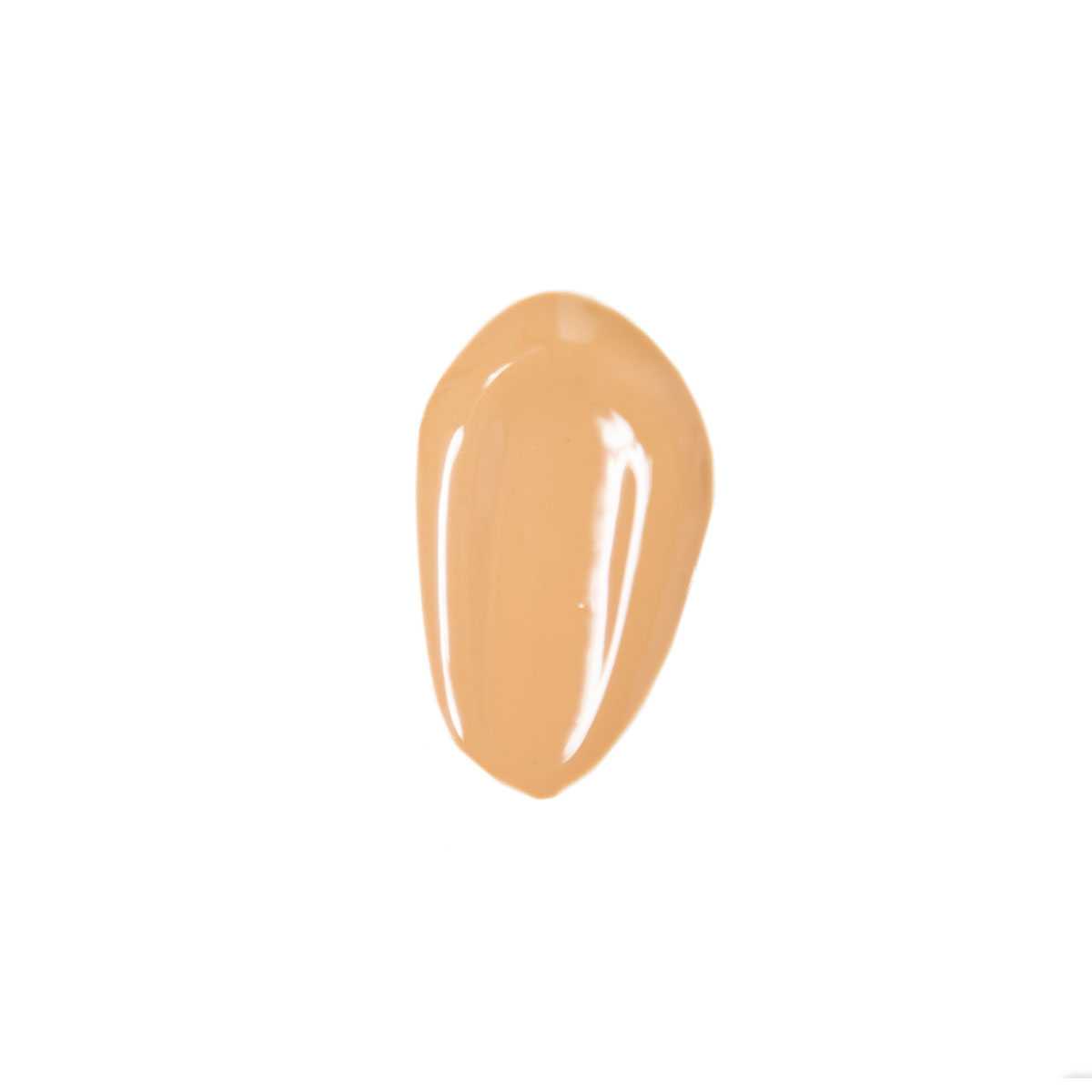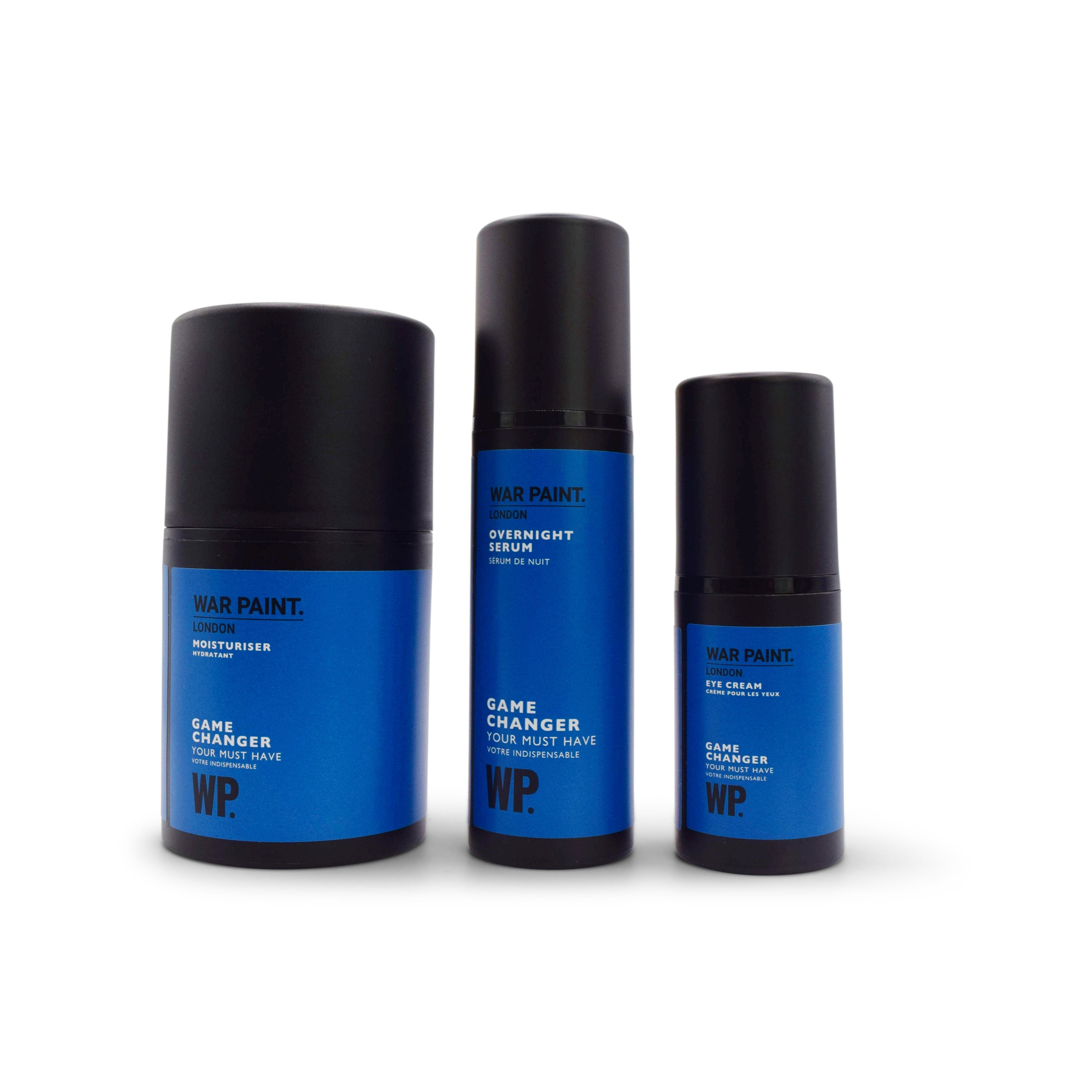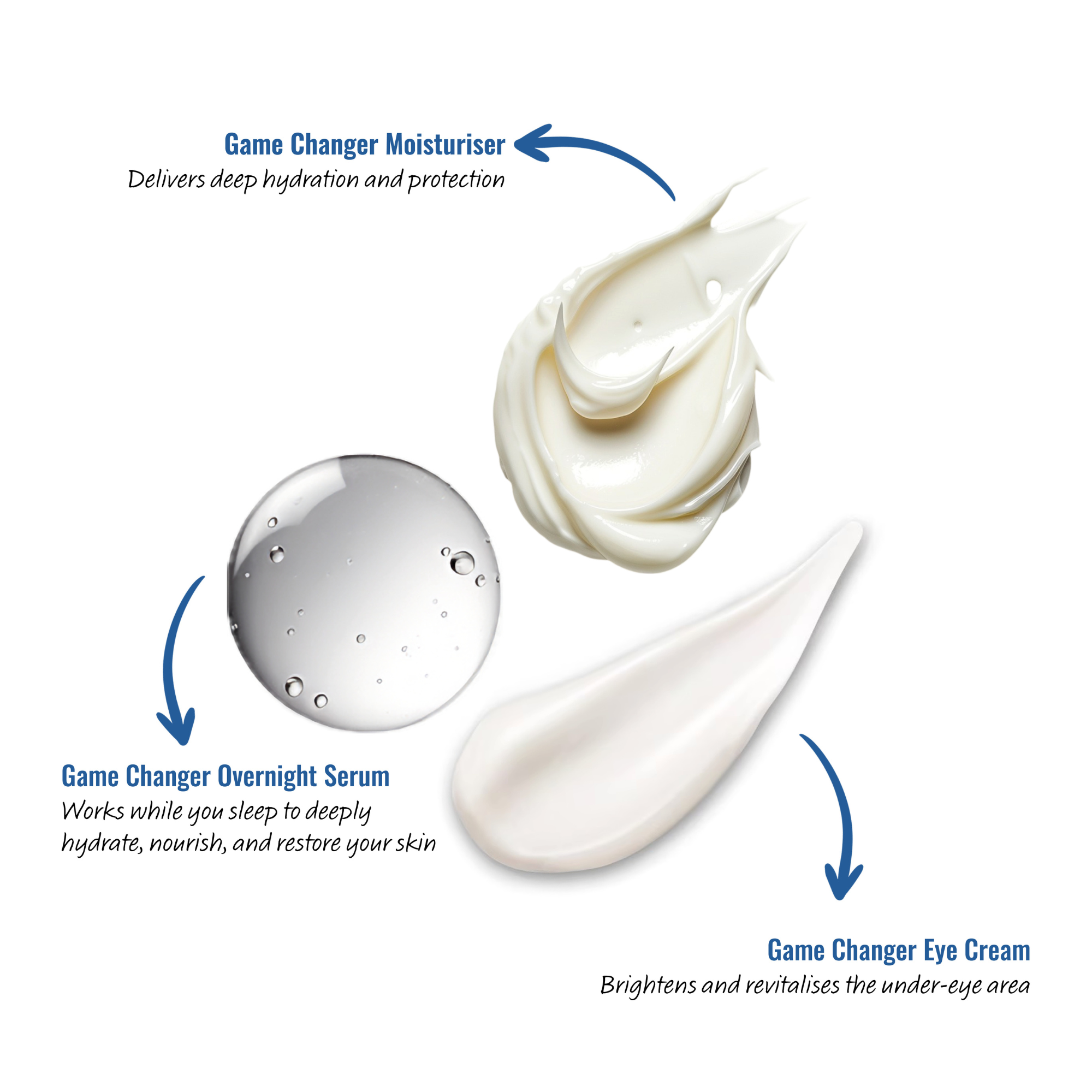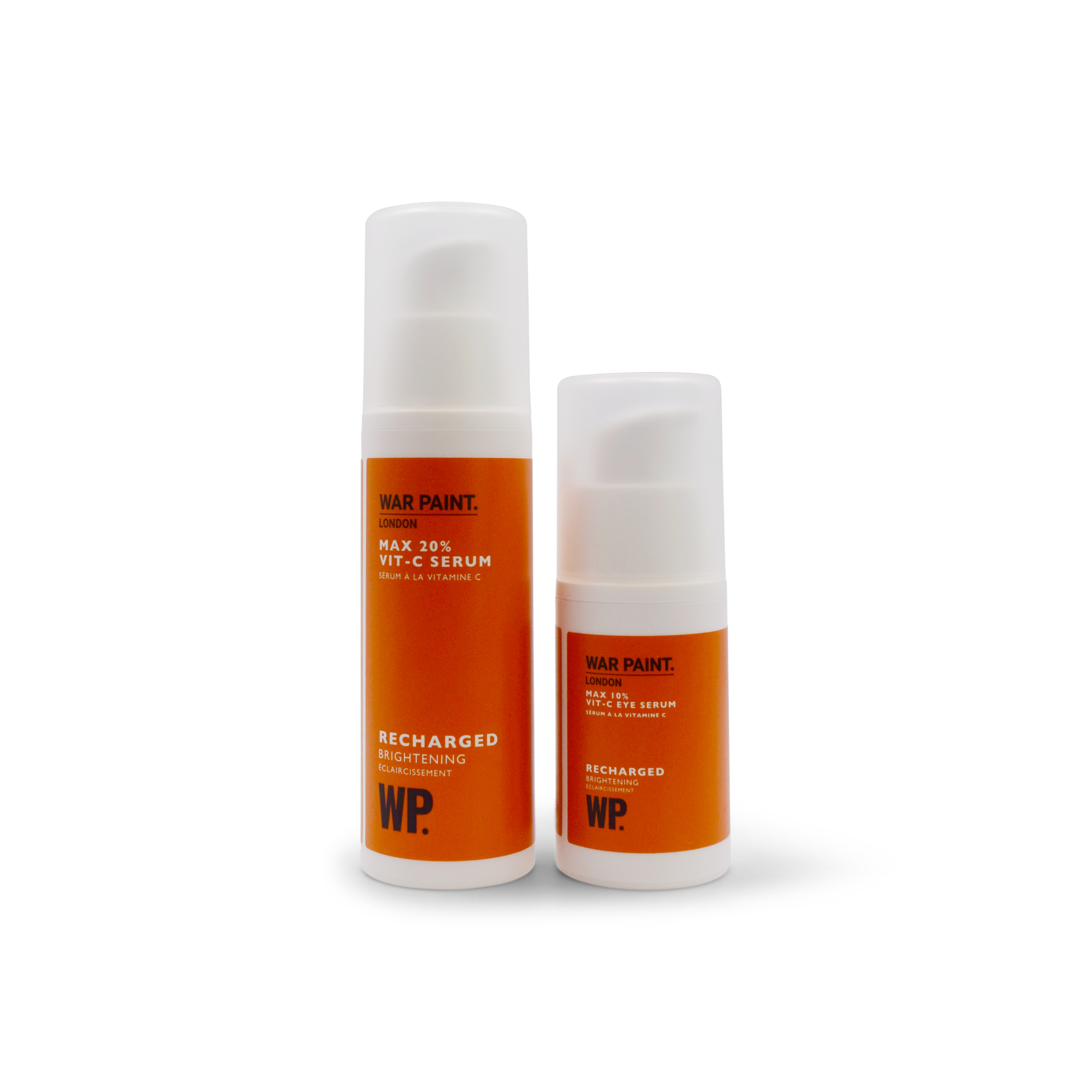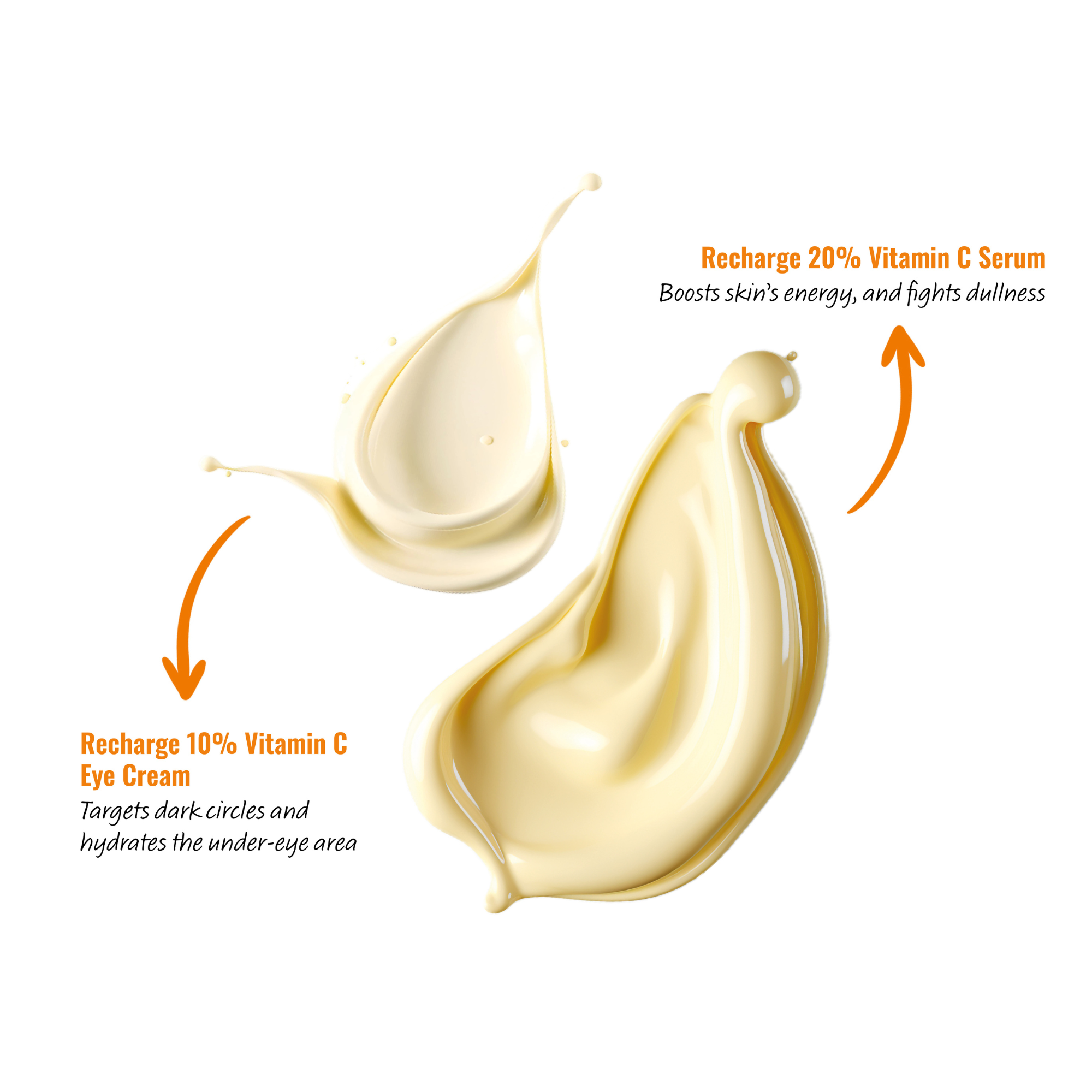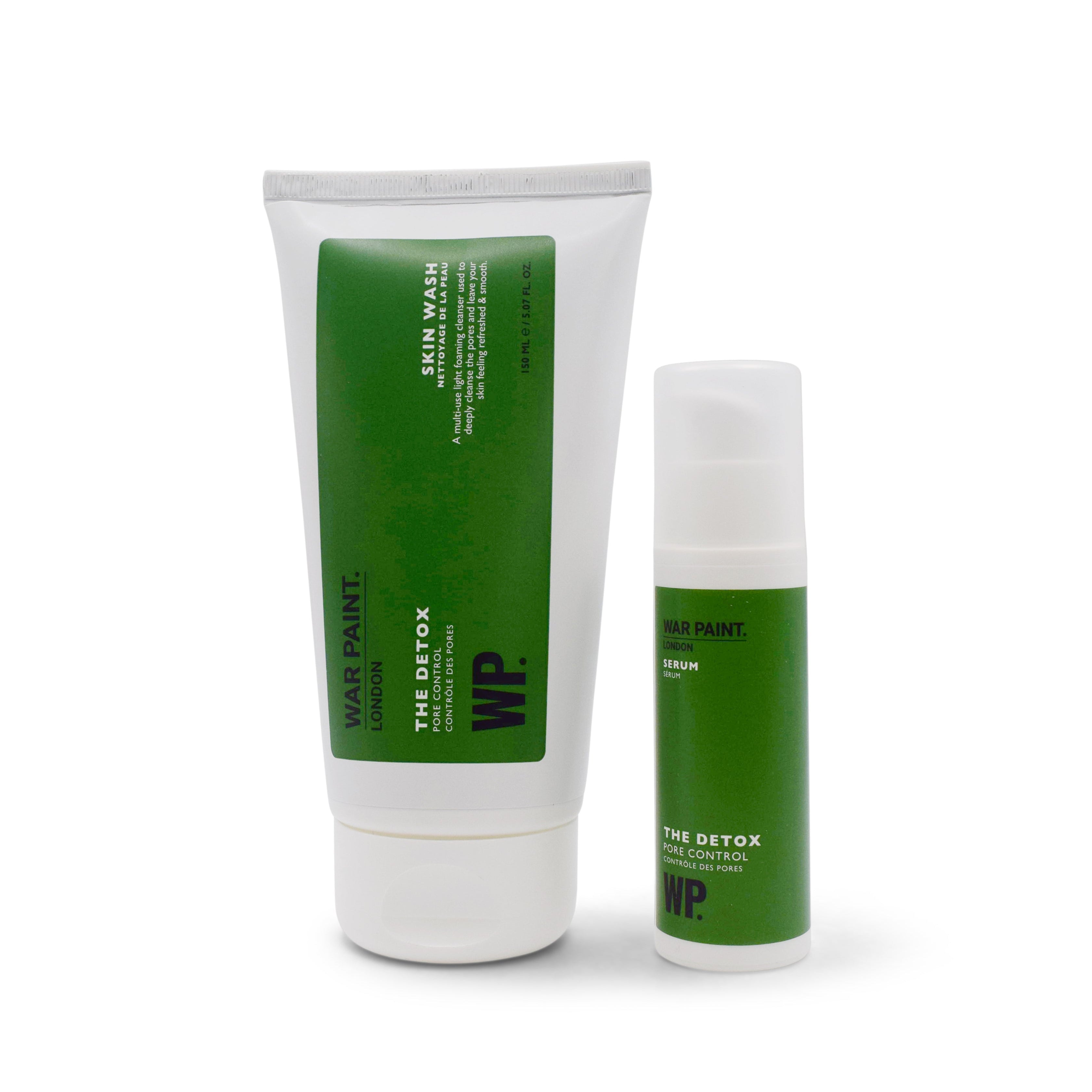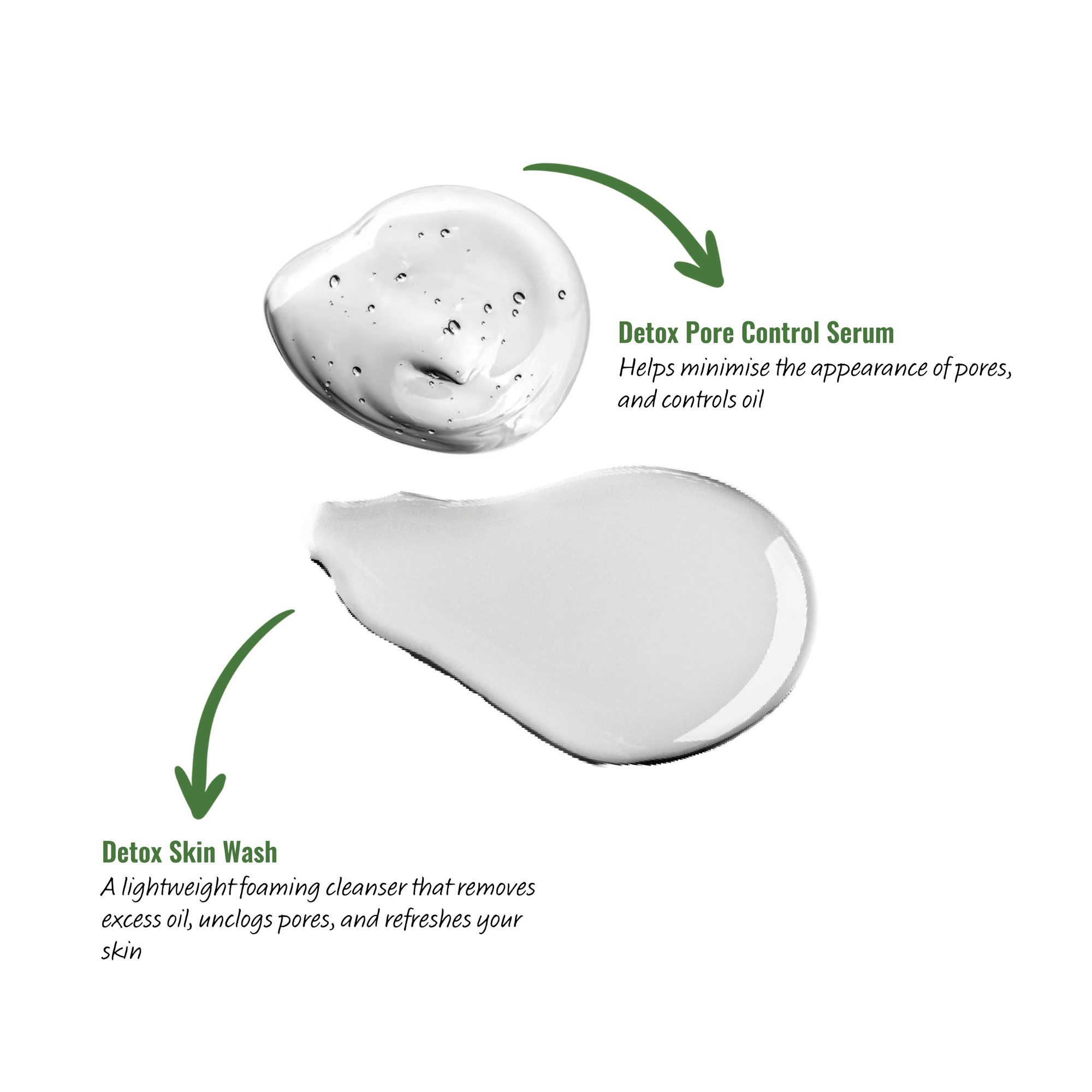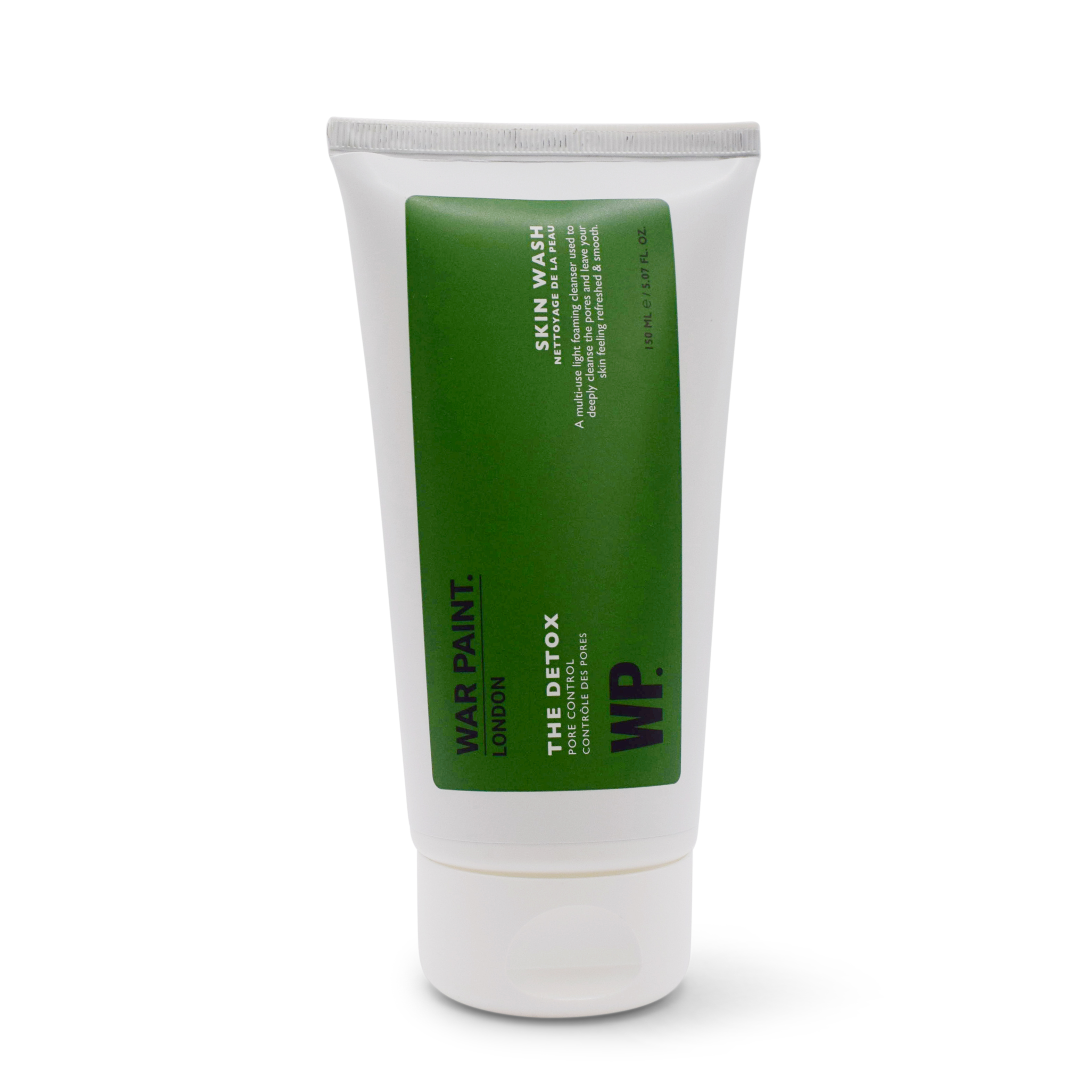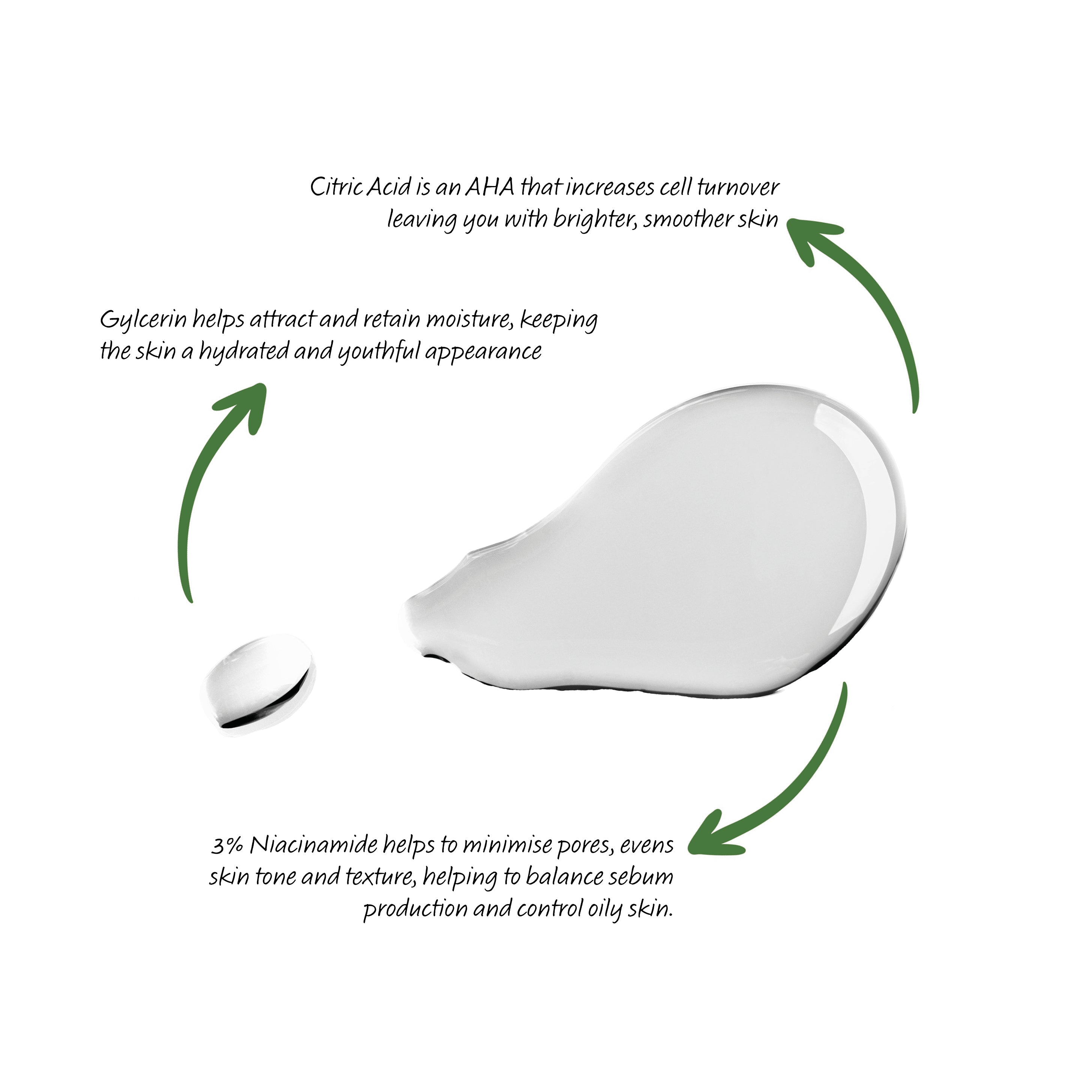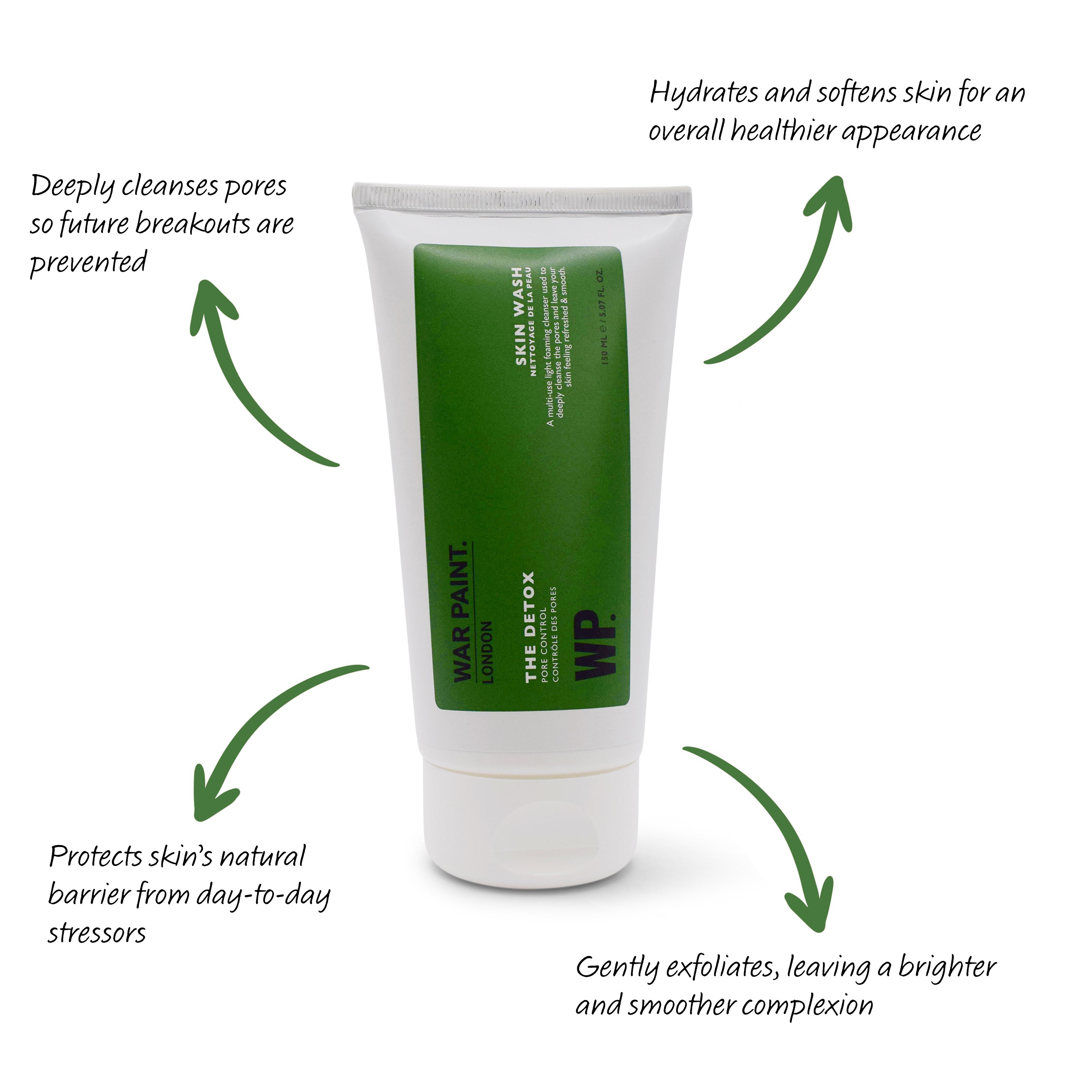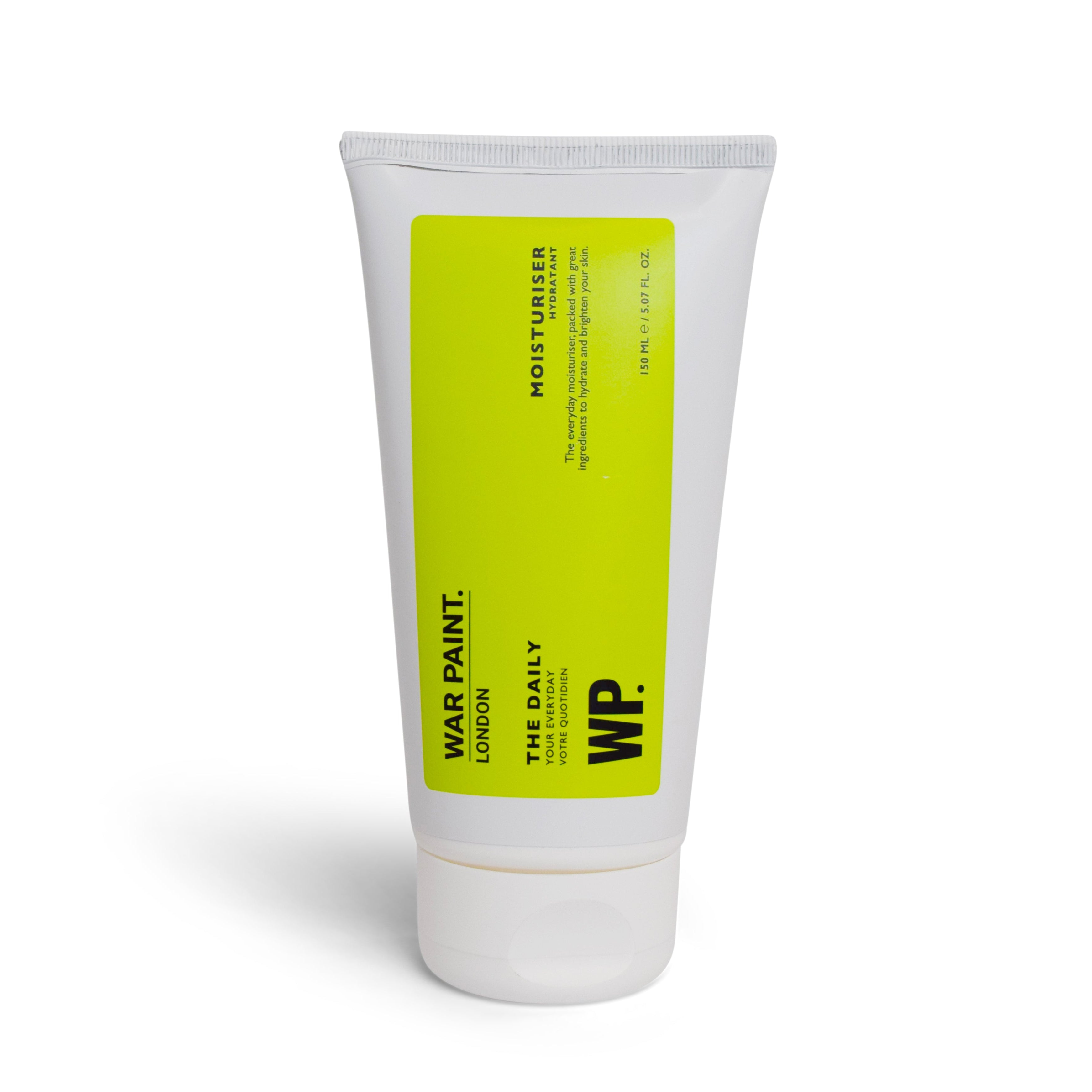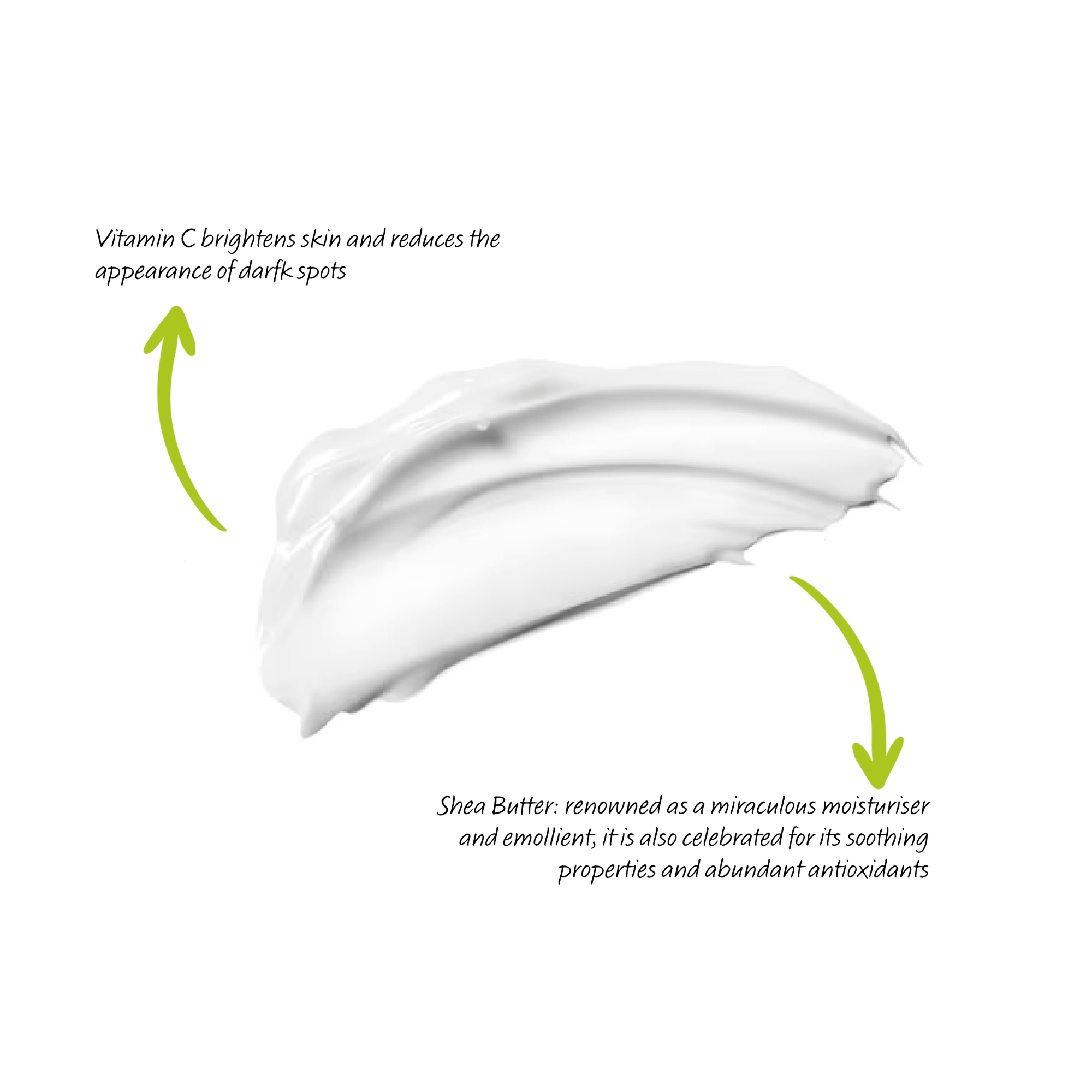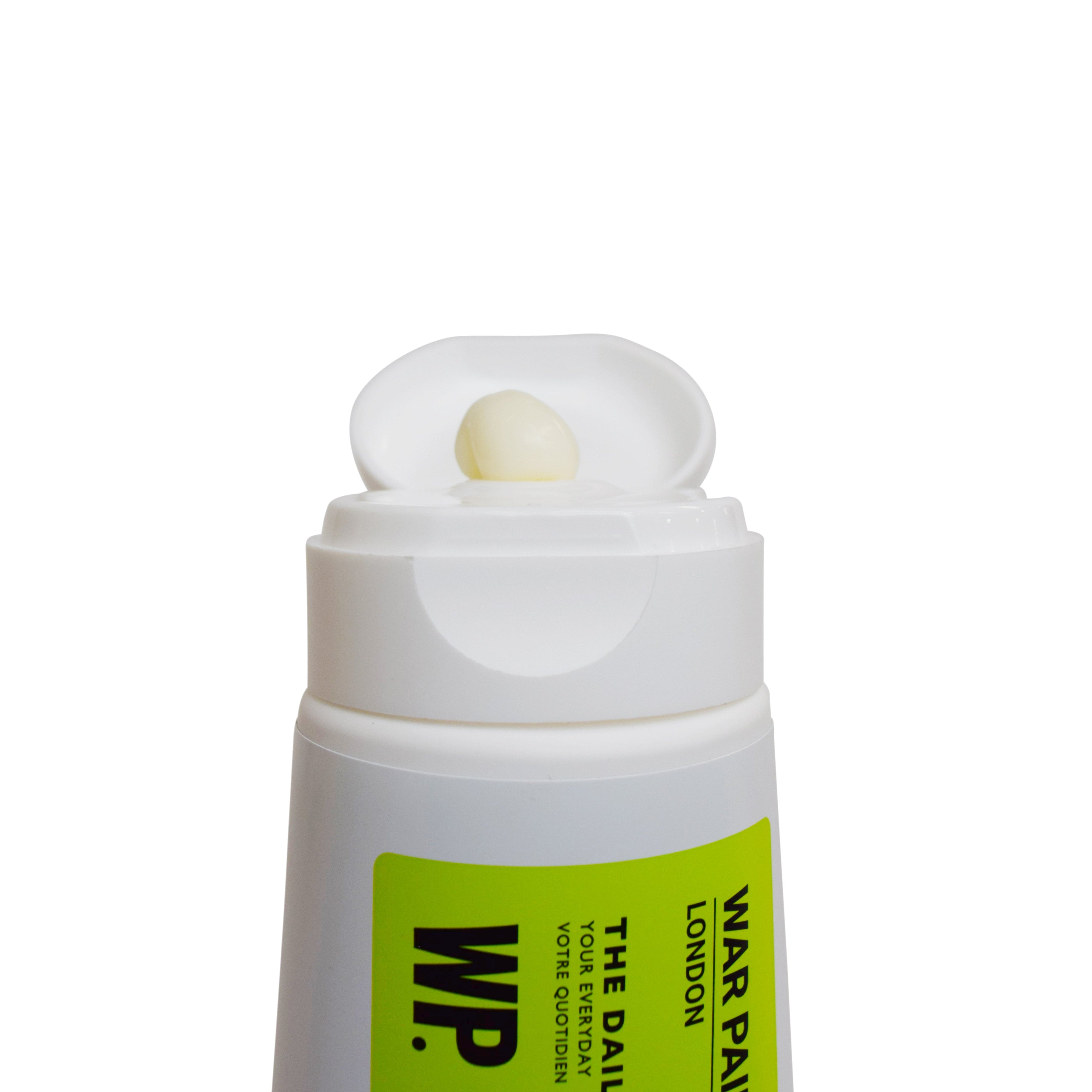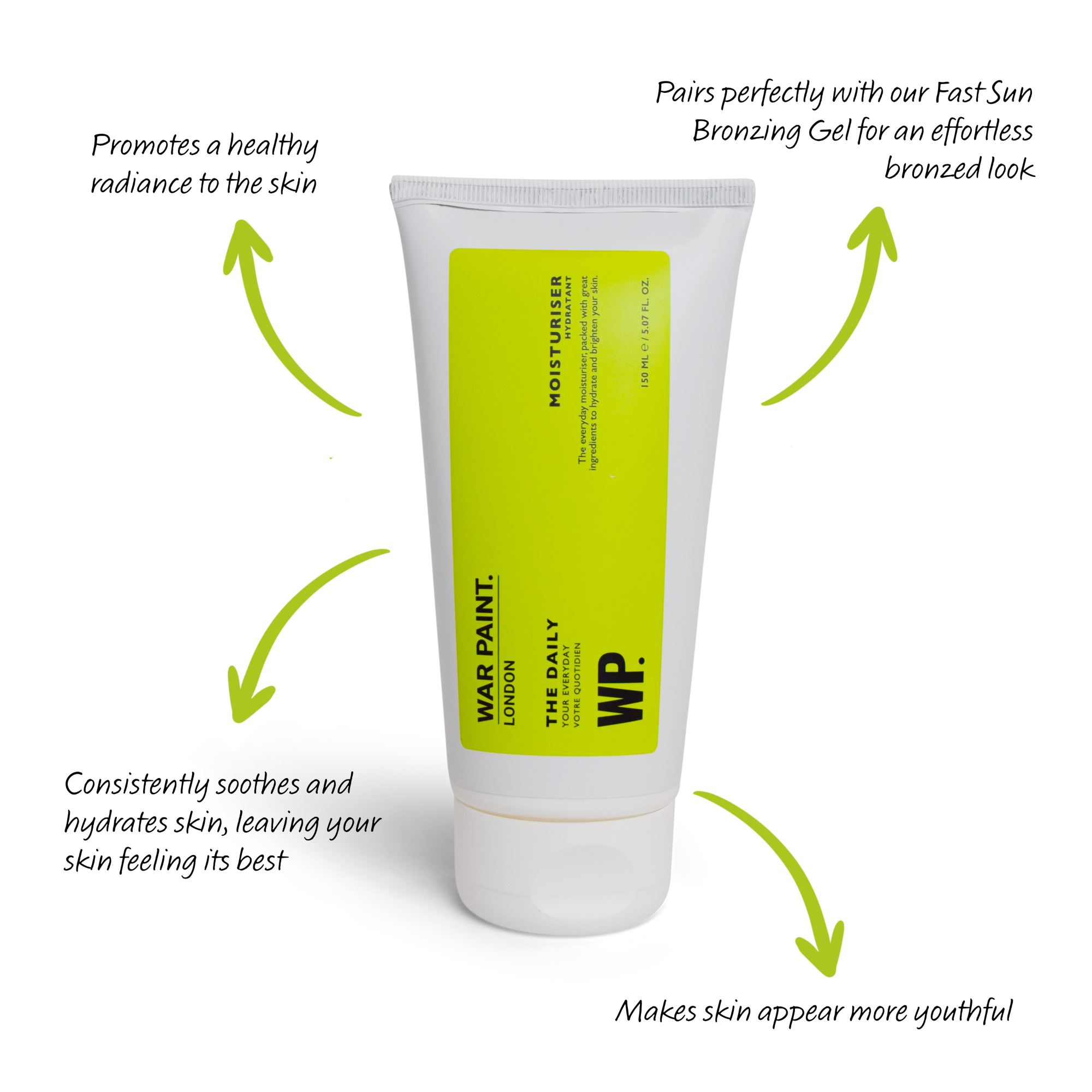Ageing is inevitable, natural, and normal. Of course, there’s absolutely nothing wrong with the process of our skin changing over time. But if those fine lines you’re starting to notice are bothering you, this article will be able to act as a guide to help you do something about them.
In this article, we'll explore the best anti-aging skincare routines and products for men, including tips and advice to help manage fine lines, wrinkles and other signs of skin ageing. We want to show you how to have happy, healthy skin for as long as possible.
And just a quick preface, we don’t love the term ‘anti-ageing’ because we definitely aren’t against ageing. We prefer to talk about how you can have healthy skin at any age. But unfortunately, we have to use the phrase occasionally in this blog so that our article appears on Google.
What causes skin ageing?
Our skin is our largest organ. It helps to keep the bacteria out and our organs in. Just as we need to live a healthy lifestyle to look after our bodies, we need to take action to look after our skin long-term too. We can’t stop skin ageing completely or reverse it, but we can do things to slow it down.
Skin ageing is caused by a whole range of internal factors. Naturally as we get older our skin produces less collagen and elastin (which is what keeps our skin firm and smooth). Our skin also tends to hold less water as we get older, so skin will be drier and thinner. This is what gives that crepe paper type effect on the skin. Wrinkles will also naturally appear in areas on our faces that move a lot. Smile lines and crow’s feet are really common areas to get wrinkles, because they’re caused by the repetitive action of smiling. They’re a sign of a happy life in our opinion.
As well as these internal factors, there are external factors too. Our lifestyle and how we take care of our skin will impact how we age. Things like lack of sleep, smoking, alcohol, sugar and pollution can all cause what’s called ‘free-radical damage’, which essentially causes skin cells to break down. An example that you’ve probably seen on someone before if they’re a smoker is that they’ll have a lot of wrinkles around their mouth compared to a non-smoker. This is from the repeated action of pursing their lips in a certain way which over time will cause damage.
But the biggest cause for skin ageing of them all is the sun. UVA and UBV rays damage skin over time by causing free-radical damage. If you don’t protect your skin from the sun every single day (whether it’s sunny outside or not) you’re doing yourself a disservice. You’ll not only be risking the health of your skin, but your body too as not being protected from the sun can also cause skin cancer.
Skincare Essentials for Anti-Ageing
Here’s a basic skincare routine you can follow. We’ll explain how and why each steps helps to tackle ageing specifically.
STEP 1: CLEANSE (AND EXFOLIATE)
It’s important to wash your face every day. This is because you’ll come into contact with pollution and dust particles that over time will cause free-radical damage. Think about how often you touch your face every day with hands that might not be 100% clean, and when was the last time you washed your pillow case? That bacteria and dust needs to come off somehow. We don’t recommend using a typical men’s face scrub with scrubbing particles inside. If you scrub too hard these particles can actually cause tiny tears in the skin which will damage it long-term. Instead, we’d recommend opting for a cleanser with naturally exfoliating ingredients inside, such as AHA’s or BHA’s. These work by dissolving away dirt and dead skin cells, and reveal fresher looking skin underneath.
You can decide if washing your face once or twice a day works best for your skin. If you have particularly dry skin, once a day might be enough.
If you wear makeup, be sure to remove your makeup with a decent Remover, and then go in with your cleanser afterwards.
STEP 2: MOISTURISE
Keeping skin hydrated is really important for long-term skin health. According to the British Journal of Dermatology, using good moisturiser will help wrinkles develop at a much slower rate than if we were to leave our skin dry and unmoisturised. Hydrated skin looks and feels plumper, and more comfortable in general.
Most good moisturisers will include multi-functional ingredients that will also help to combat signs of ageing as well, such as Vitamin C, Hyaluronic Acid, or Bakuchiol. More on those later.
STEP 3: SPF
Sun damage is the biggest cause of premature skin ageing. It’s important to protect your skin every day, whether the sun is out or not. Using a minimum of SPF30 is best. And don’t worry, you don’t need to use the usual greasy stuff that you’d use for your body when on holiday. Most SPF products made for the face are super lightweight.
STEP 4: NIGHT CREAM
As we sleep, our skin goes through a natural reparative process to help combat all the damage done during the day. You can help give your skin an extra helping hand by using a dedicated night-time product that will work alongside it.
Anti-Ageing Ingredients
There are hundreds of different ingredients which are proven to be amazing to help prevent premature skin ageing. We’re just going to cover a few of the main ones that have the most research behind them.
VITAMIN C
A quick science lesson to help understand this one. Our skin cells are made up of molecules with electrons that orbit them. As you may remember from school, electrons always go round in pairs. If another molecule steals an electron so that they’re no longer in pairs, this causes free radical damage. When free radical damage happens to skin cells, it causes them to break down and not function as well as they should.
Vitamin C works by helping to neutralise any molecules that have become unstable. It gives up its own electrons to unstable pairs without becoming unstable itself. Amazing.
In terms of benefits to the skin, Vitamin C has been clinically proven to improve wrinkles. One study showed that daily use of a vitamin C for at least three months improved the appearance of wrinkles as well as improved overall skin texture and appearance.
Vitamin C can also help boost the power of the SPF you’re wearing. Not only that, but it can reduce the appearance of dark spots by blocking the production of pigment in our skin.
Think brighter, more vibrant, healthier-looking skin.
We’d recommend looking for a serum or moisturiser that contains Vitamin C to use during the day.
HYALURONIC ACID
Sounds scary, right? Hyaluronic Acid is something that we already have in our skin. It’s amazing for hydration because it holds onto up to 1000x its own weight in water. It will also help to grab moisture from the air and keep it in your skin. Hydrated skin will stay in better condition for longer and look better overall.
Hydration is important for healthy-looking skin at any age. A good way to visualise this is if you imagine a grape. It’s full of water so it’s plump, smooth and round. If you dehydrate a grape you get a raisin, which will be rough, bumpy and covered in ridges. If you lack hydration in your skin, it looks rougher in texture and less smooth.
Look for cleansers and moisturisers that contain hyaluronic acid or sodium hyaluronate and you’ll be hydrated to the nines.
RETINOL / VITAMIN A
Retinol, also known as Vitamin A, is considered the best ingredient to combat signs of ageing. It works by stimulating natural collagen production (which is what make your skin firmer). It also encourages faster skin cell turnover, so old skin cells can be naturally exfoliated away and fresher skin cells can come to the surface. There are thousands of studies that have been done on the effects of Vitamin A. So you know it’s an ingredient that truly delivers.
The only thing with retinol is that it has a lot of issues. It’s photosensitive, which means you should only use it at night. It’s also not suitable for people with sensitive skin. When introducing Vitamin A to your routine, do it slowly by using it just a couple of times a week and every two weeks increase how often you use it. This will help prevent your skin from becoming overly dry, and give your skin time to get used to this powerful ingredient.
Look for a night serum or night cream that contains Vitamin A. Instead of vitamin A, at War Paint we use an ingredient called Bakuchiol in our products. It’s better for people with sensitive skin and can be used day and night, yet it’s been proven in studies to have similar effects on the skin to Vitamin A.
Professional Treatments to Combat Ageing
If you’d like to take taking care of your skin to the next level, there are plenty on non-surgical treatments that can be done in an aesthetics or dermatology clinic.
- Facials: These can help clear clogged pores, quench parched skin and remove dead skin cells. Facials involve some massage which aids in blood circulation and lymphatic drainage, and will often include multiple steps of skin rejuvenation. Getting facials every so often is a great idea for healthy-looking skin. There are many different brands and types of facial that can be used, so speak to a professional who will be able to advise you based on what your skin concerns are.
- Chemical Peels: During a peel, a chemical solution is applied to the skin to remove the top layers. It may sound extreme but many of them are pain-free. The skin that will grow back is smoother. They’re great for tackling signs of ageing, scars, and uneven tone. With a light or medium peel, you may need to undergo the procedure more than once to get the desired results. There may be some downtime afterwards where you need to take extra care of your skin, and you’ll probably be peeling a lot. Be sure to speak to a professional in detail about how you can prepare, and it’s important to follow their aftercare instructions so that you make the most of your treatment don’t risk complications.
- Laser Treatments: Your aesthetician or dermatologist will use a targeted laser tool that shines high-intensity laser light deep into your skin. Depending on the quality and heat of the laser, the tool will provide different effects. For instance, some targeted laser tools will smooth and tighten your skin by removing the outermost layers of dead or damaged skin cells. As with a chemical peel, it’s important to follow aftercare instructions provided to you by a professional.
It’s important with all of these options to find a trained professional to carry it out. Speak to them in detail about your skin concerns and ensure that the treatment used will help you to reach your skin goals.
Lifestyle Changes for healthy skin at any age
Skincare of course is fantastic for improving skin health. But there are plenty of things you can do in terms of your lifestyle that will help too.
- Diet: Eat a balanced diet with plenty of fruit and veg. They’re packed fill of vitamins and minerals that will help boost skin health from the inside.
- Stay hydrated: Drinking plenty of water will help to keep your body and skin in tip-top condition.
- Sleep: Getting enough rest will help your skin to repair damage created throughout the day. Sleep is also important for dark circles.
- Avoid smoking, drinking and drugs: All of these have a detrimental effect on our skin over time by creating free radical damage.
Best Anti-Ageing Skincare Products for Men
The best routine for healthy skin is a consistent one. For those looking to get started on the road to healthy-looking skin, take a look at The Skin Kit which includes a 3-step regimen. The War Paint Moisturiser, Eye Cream and Night Serum. All 3 have been designed for healthy-looking skin at any age. They contain multi-functional ingredients that help boost skin health and hydration.
In summary, ageing is a natural process that can’t be reversed completely, but we can do things to help look after our skin to help keep it in good condition. By following a simple skincare routine as well as looking after your body on the inside with your lifestyle, you can achieve health-looking skin at any age.

